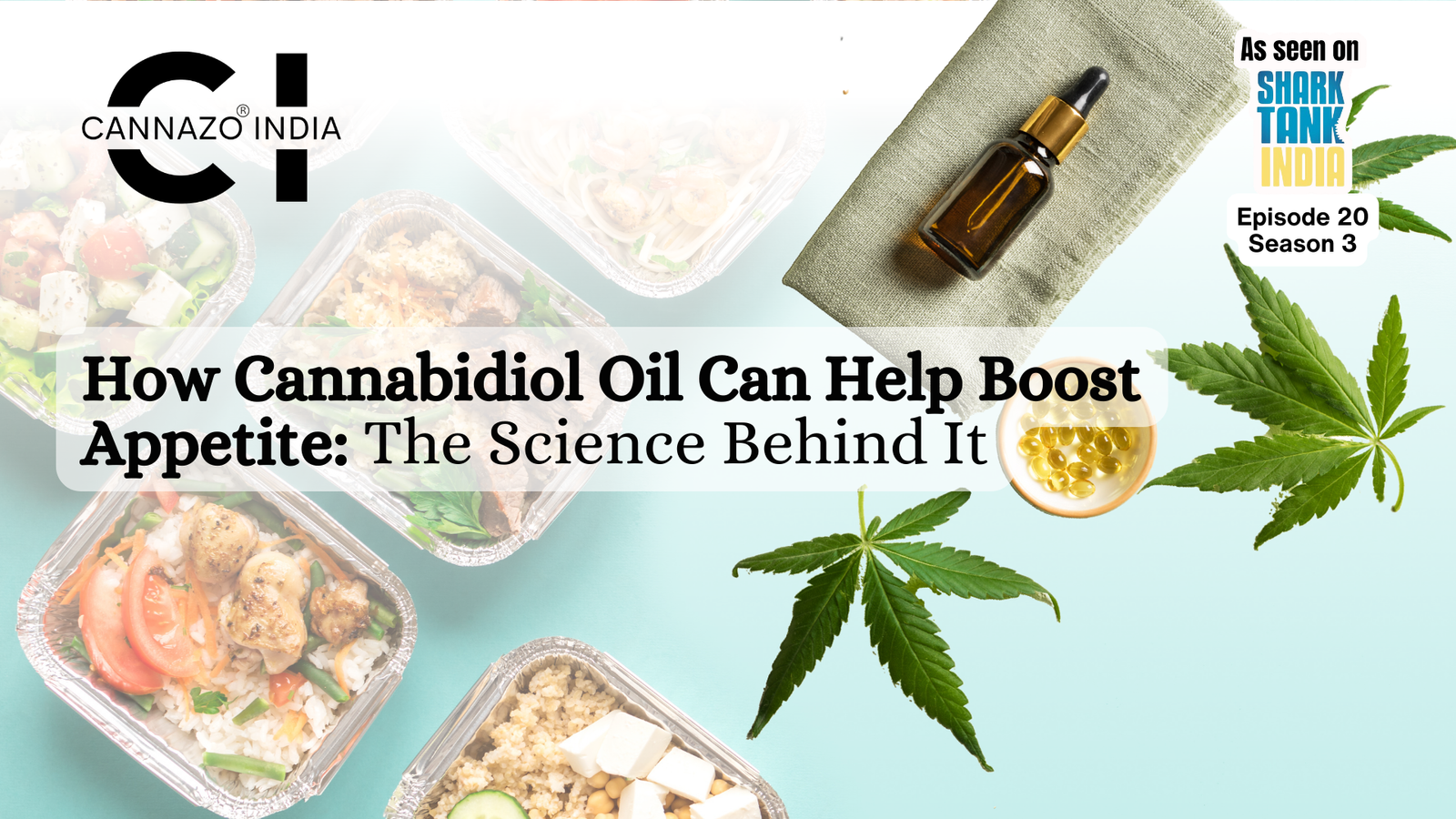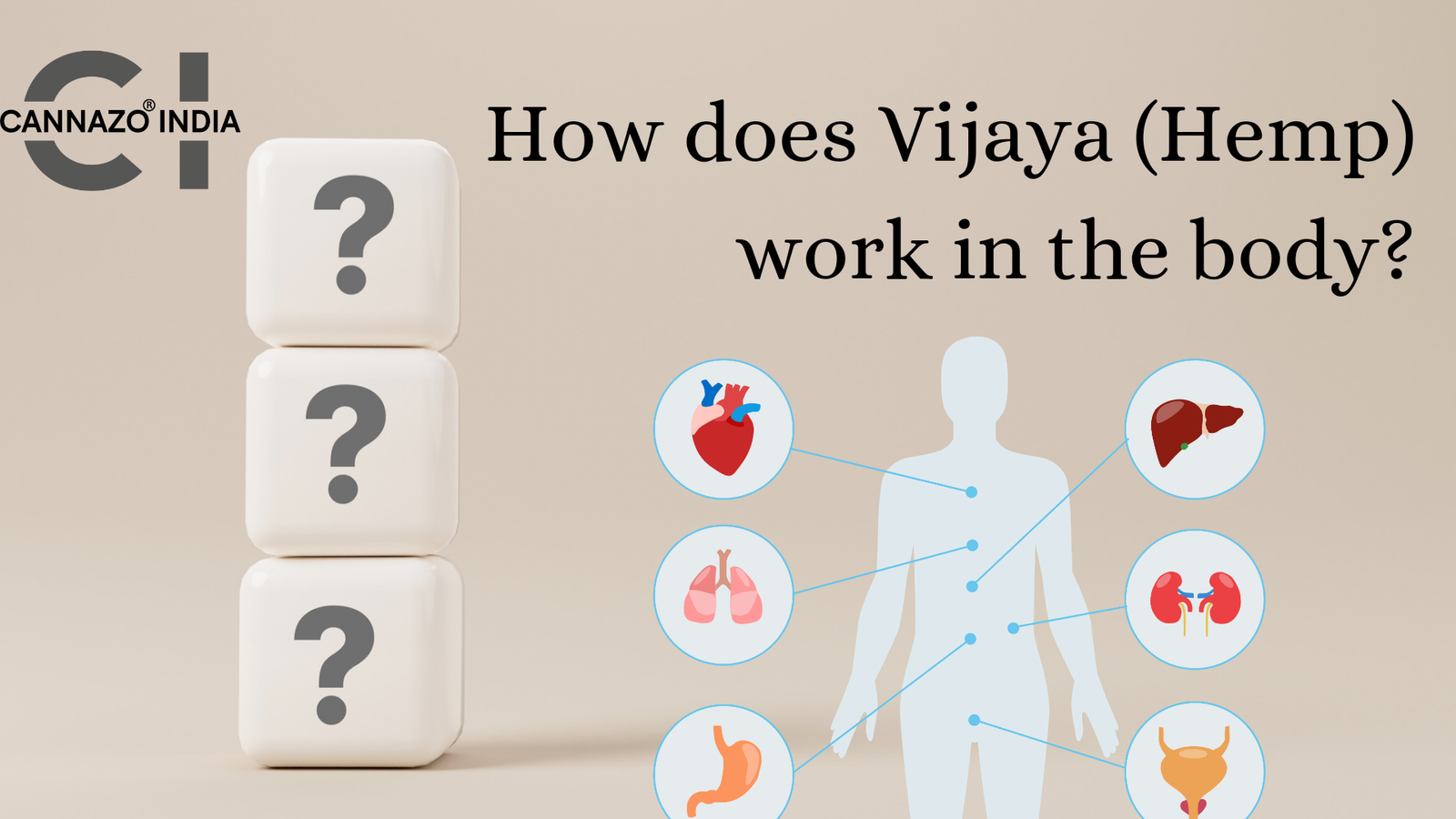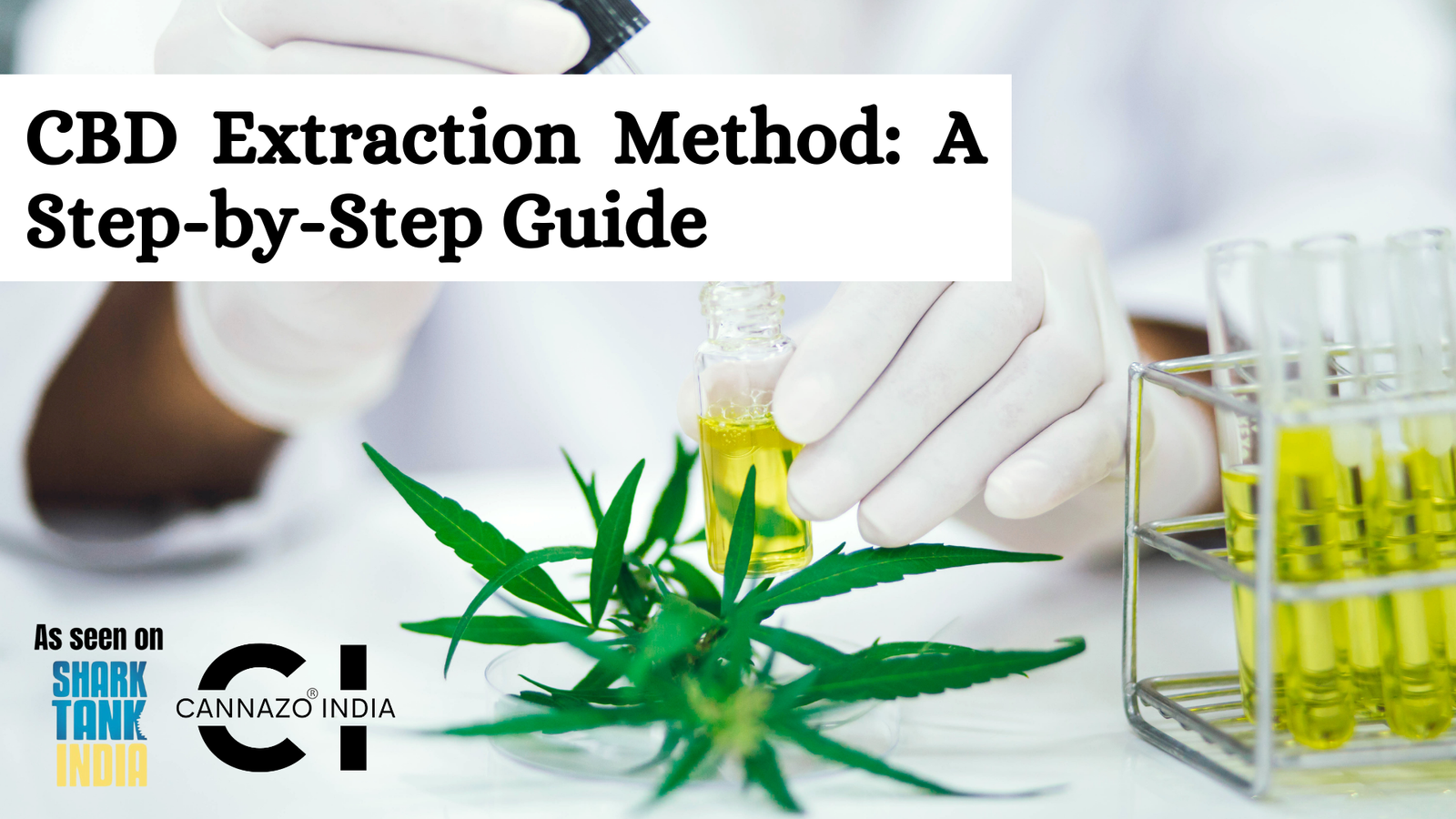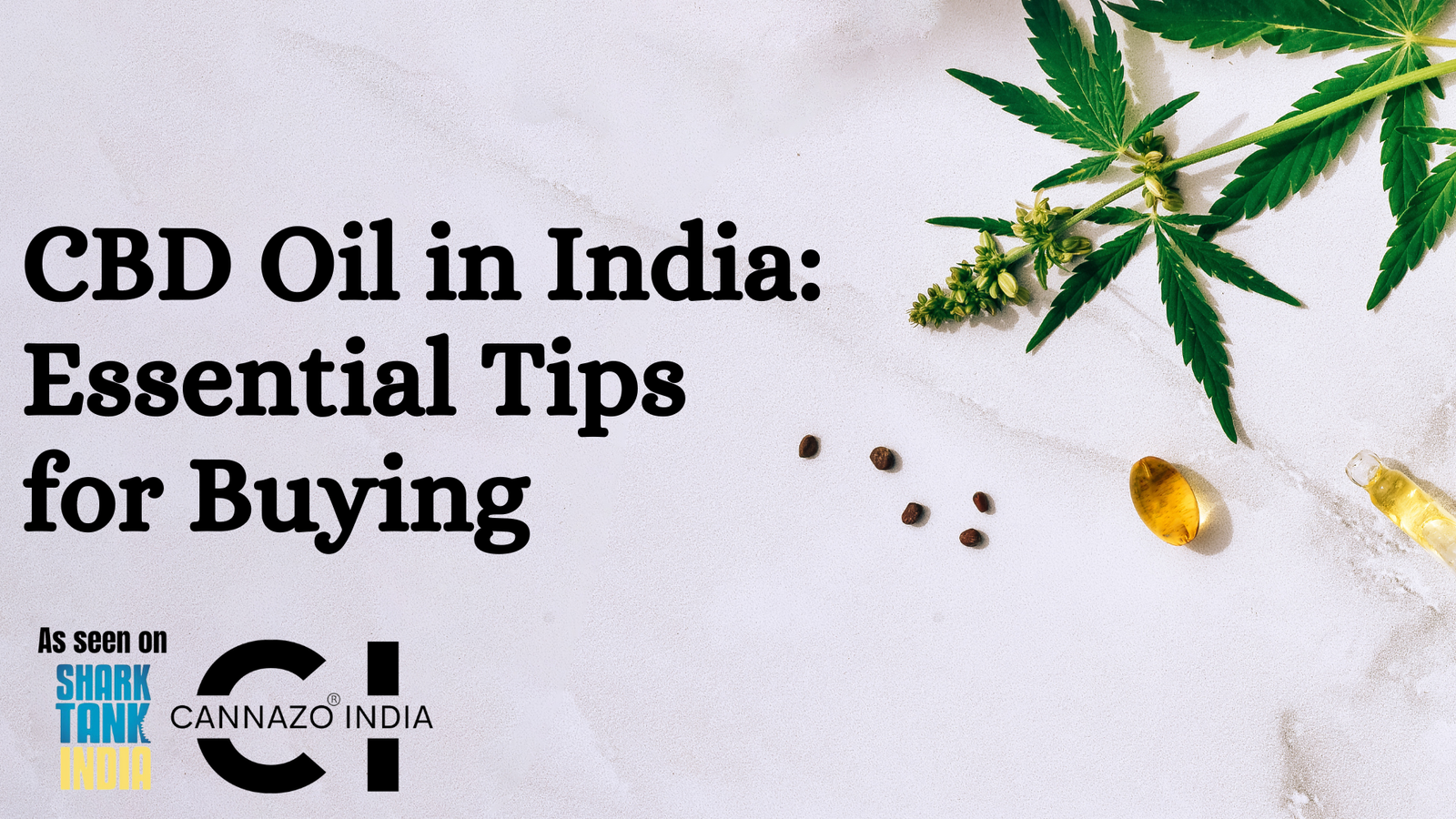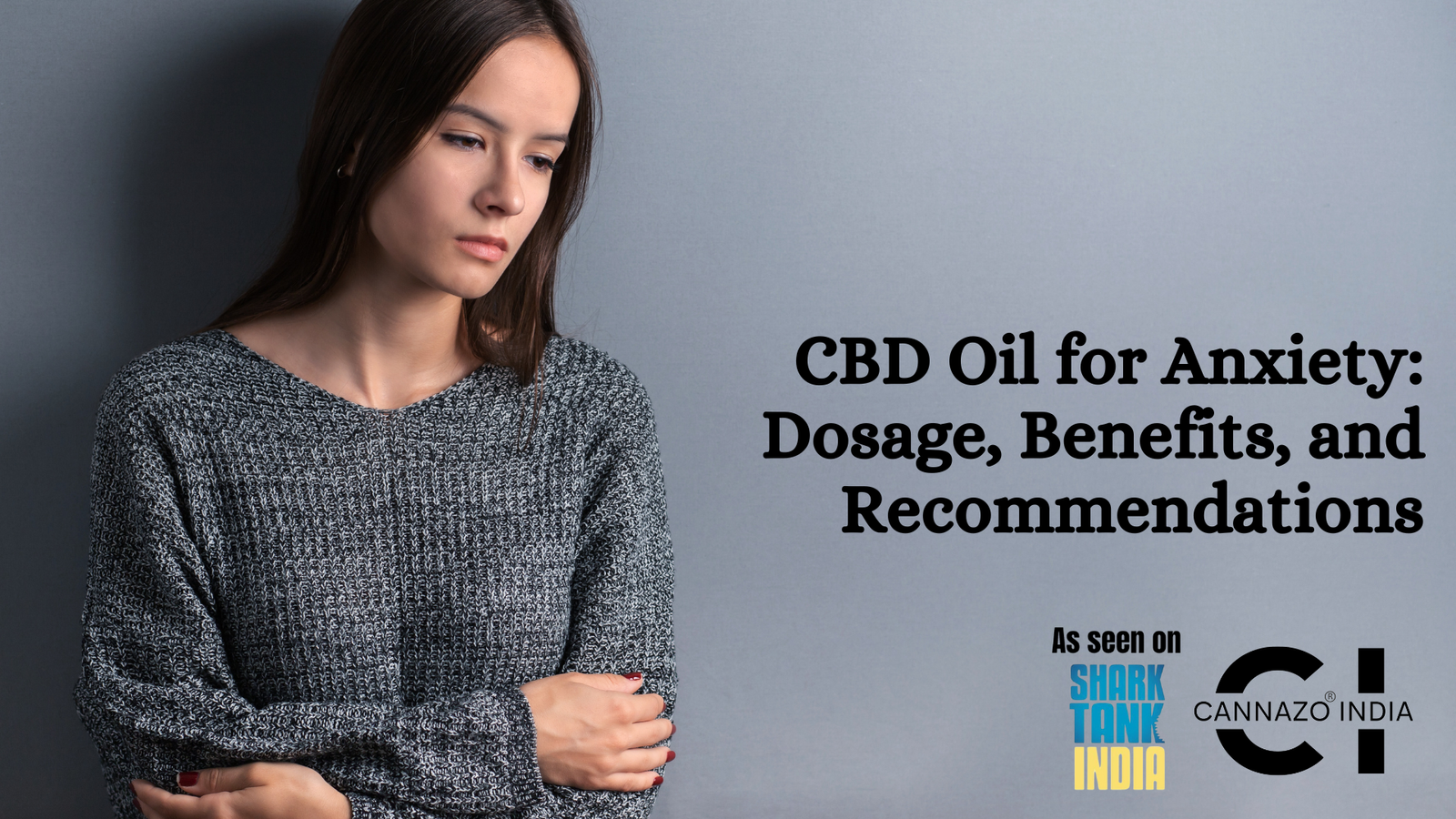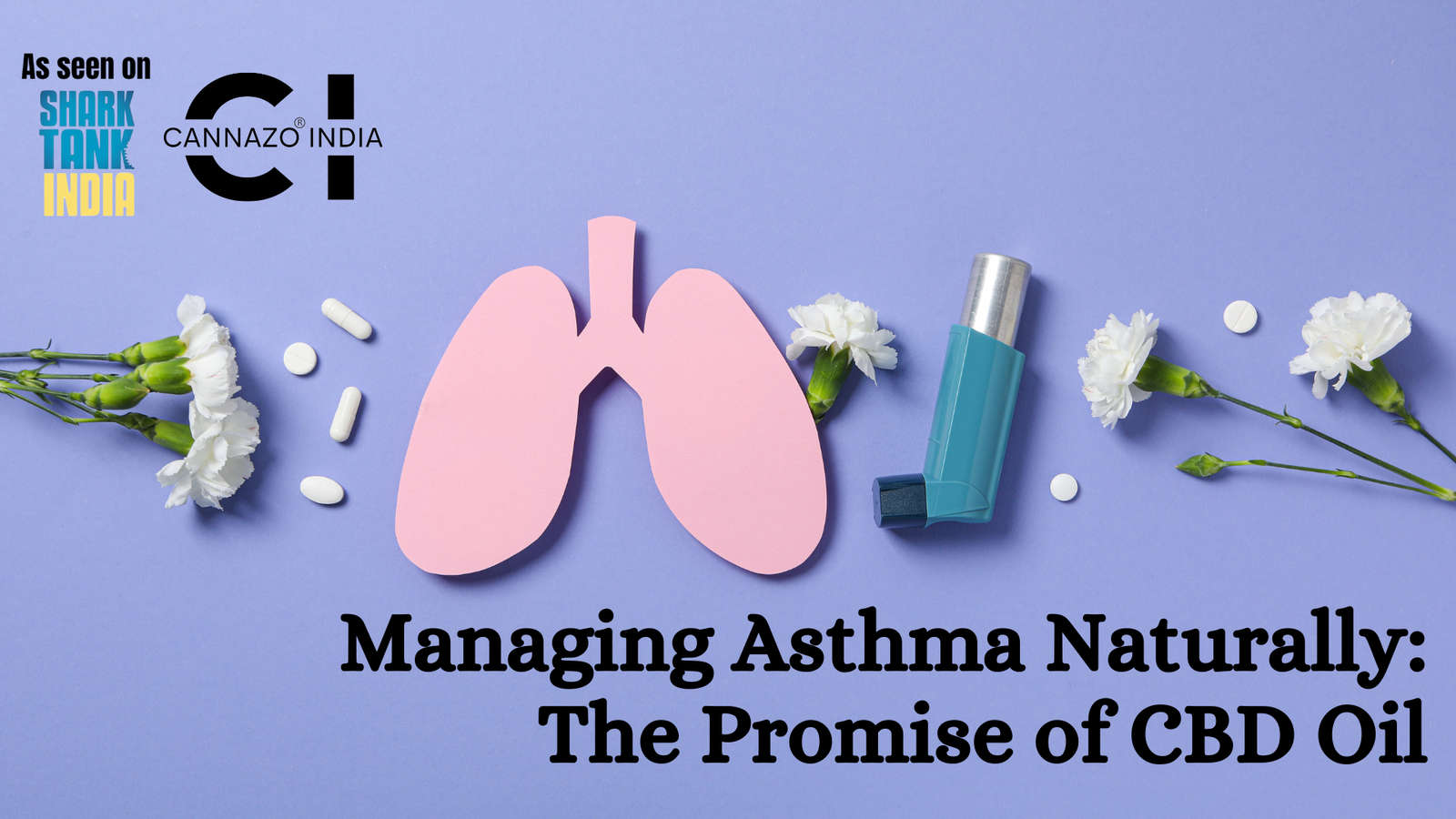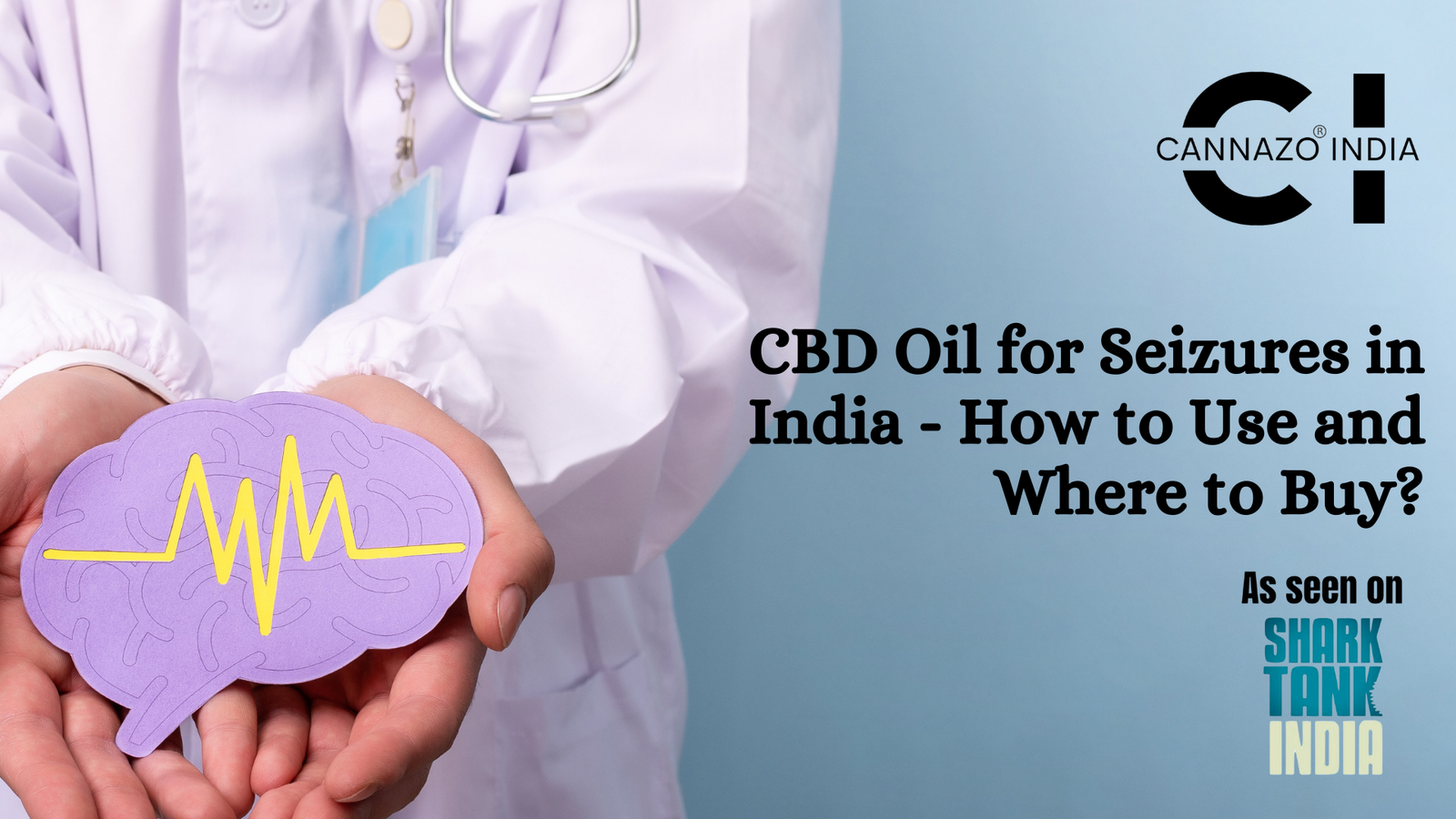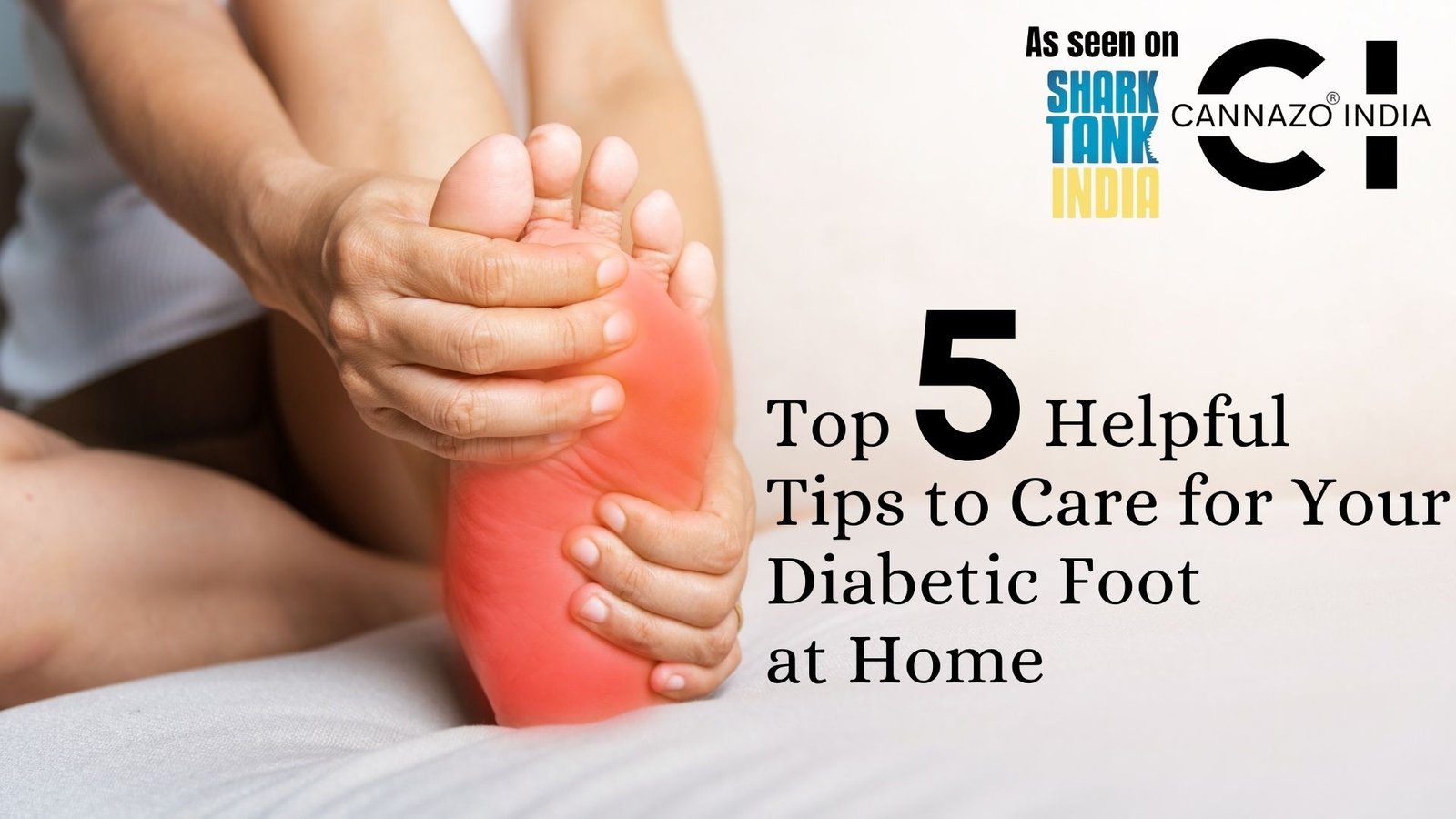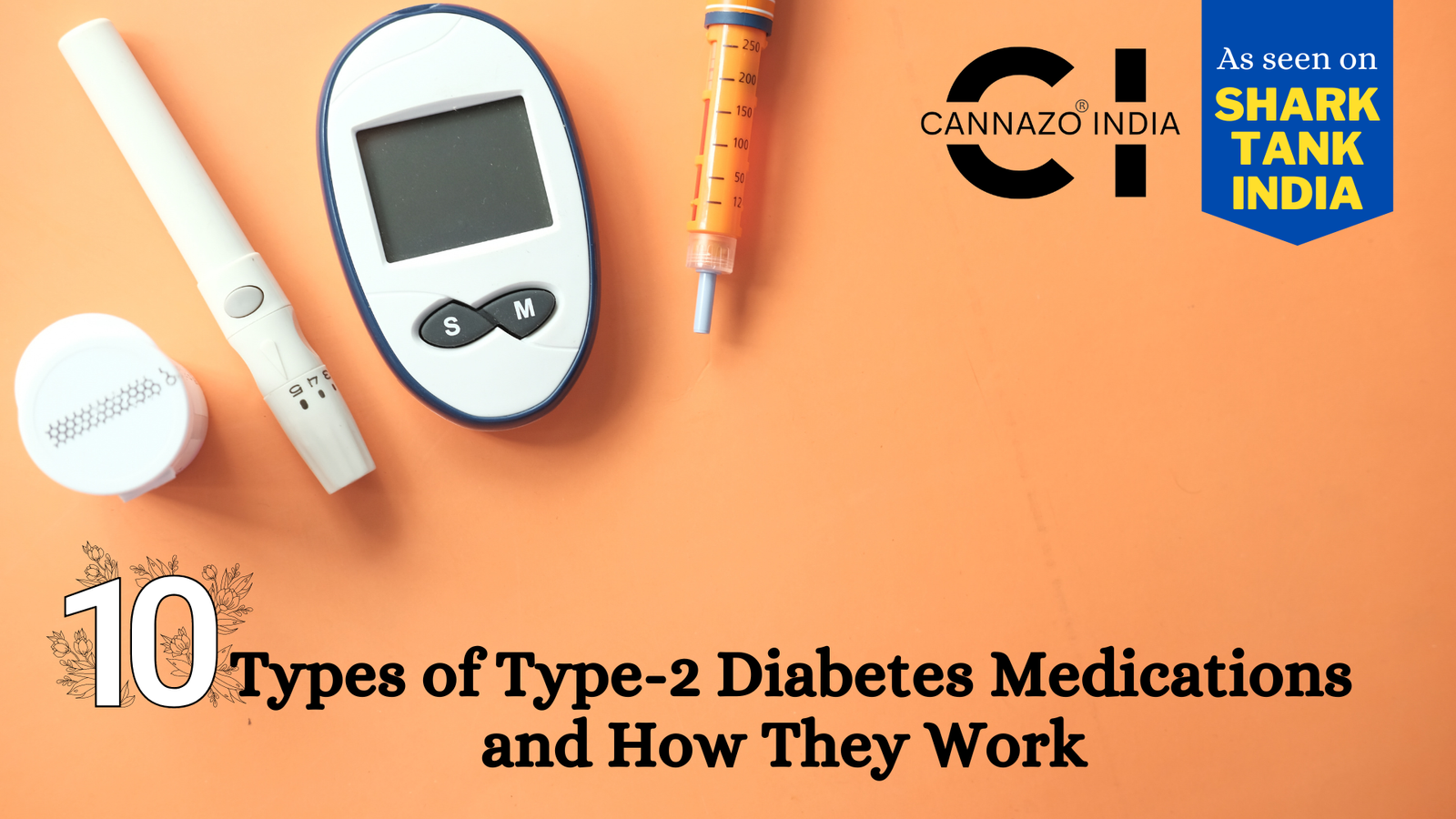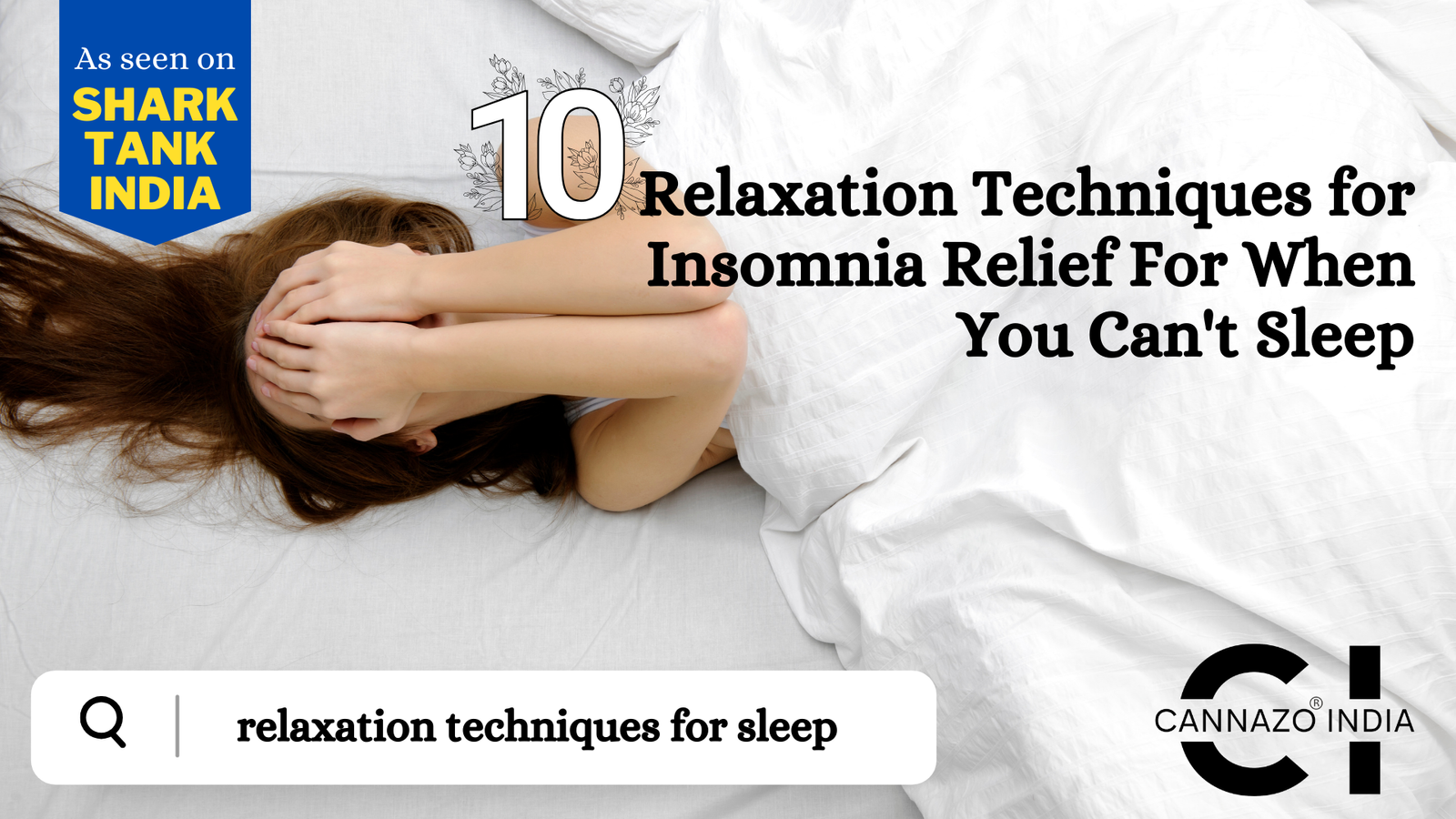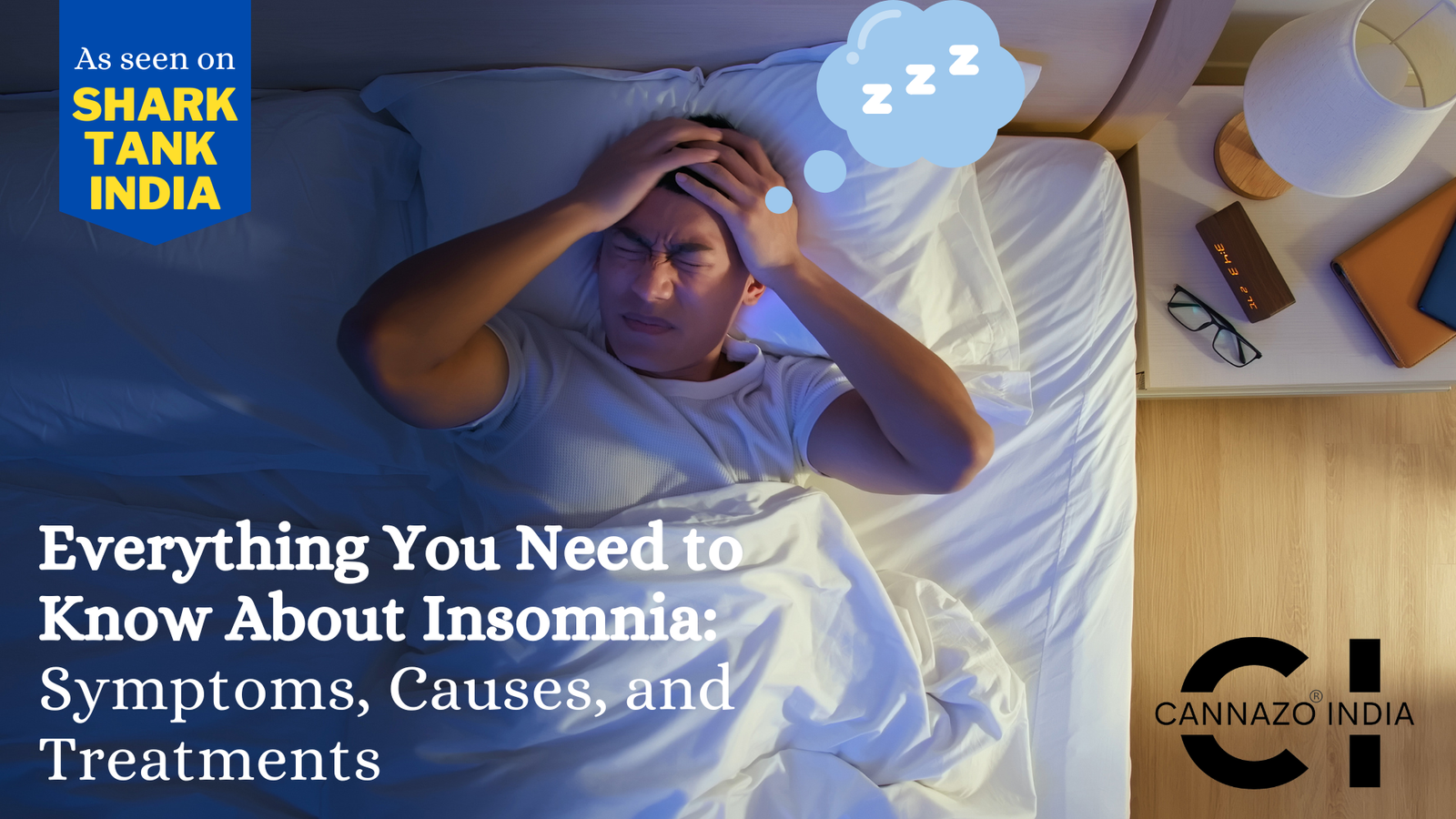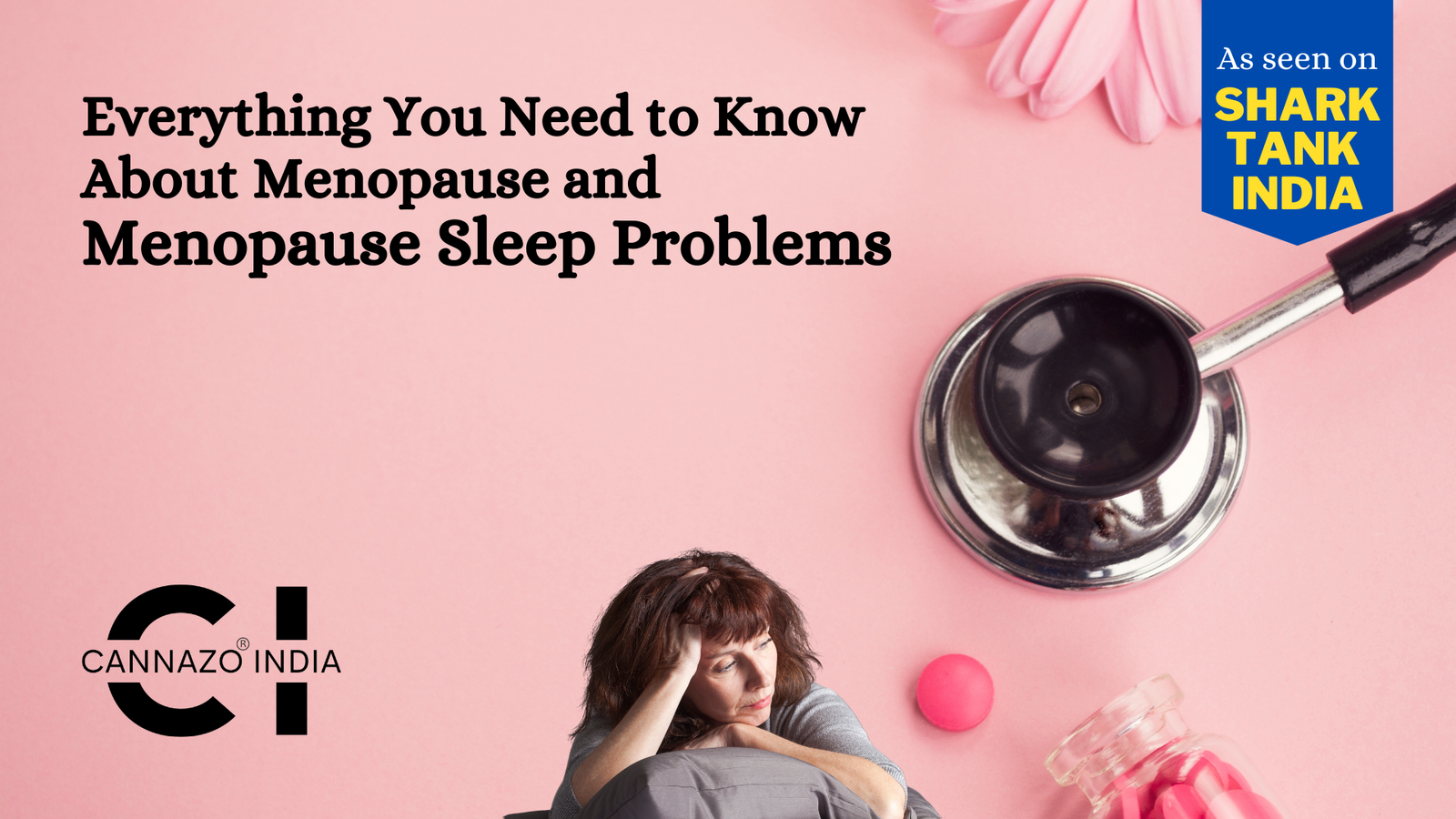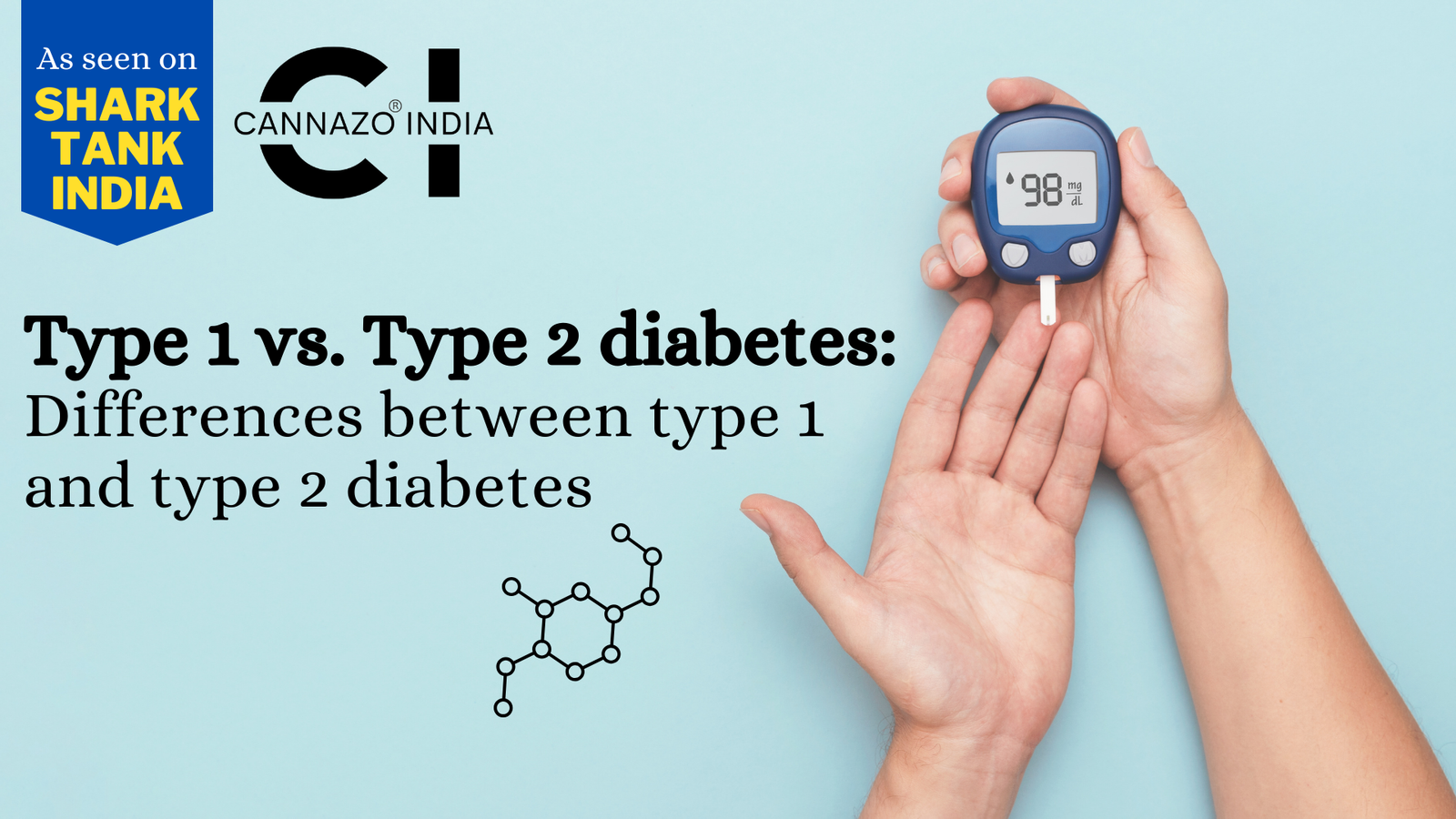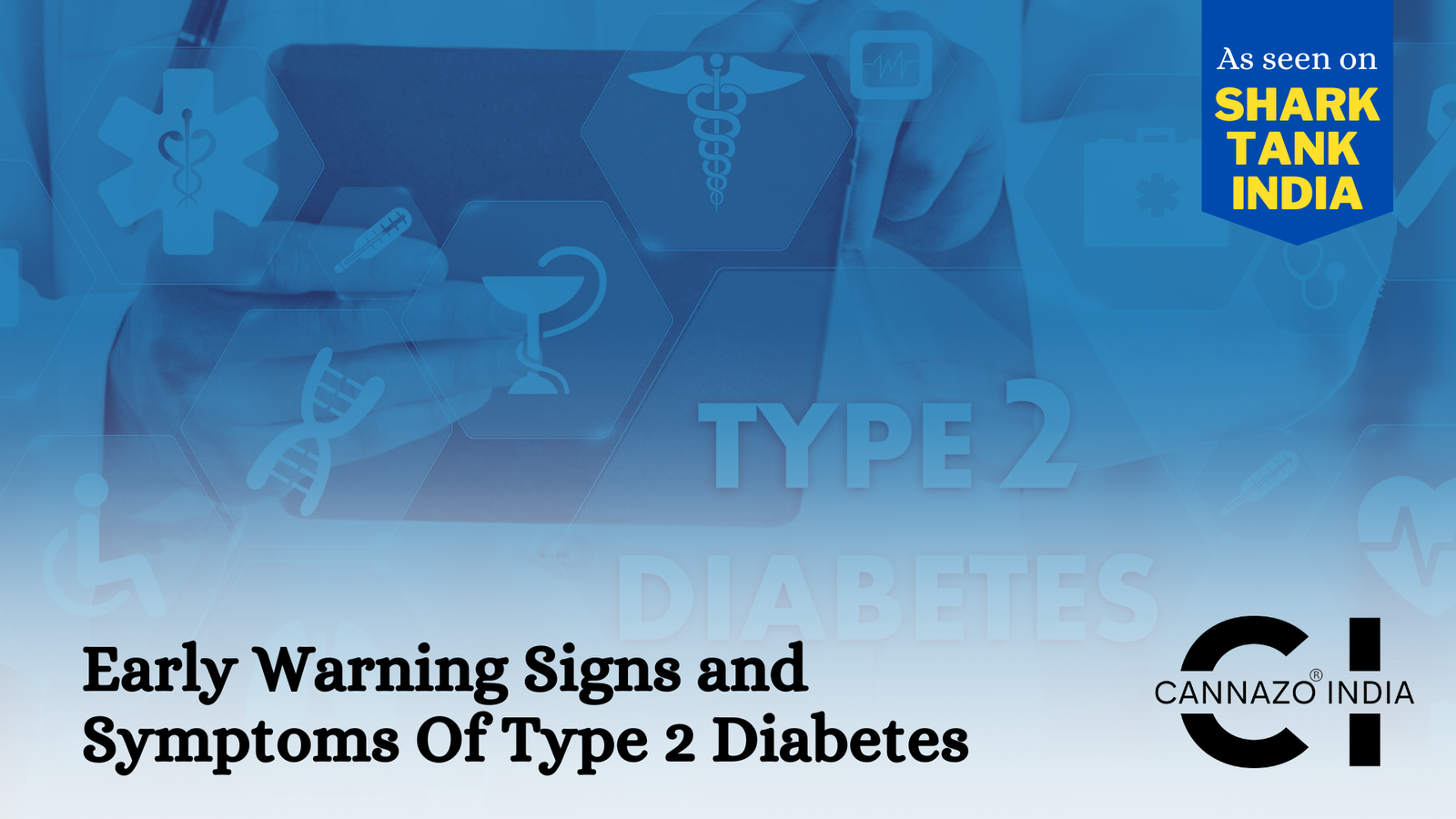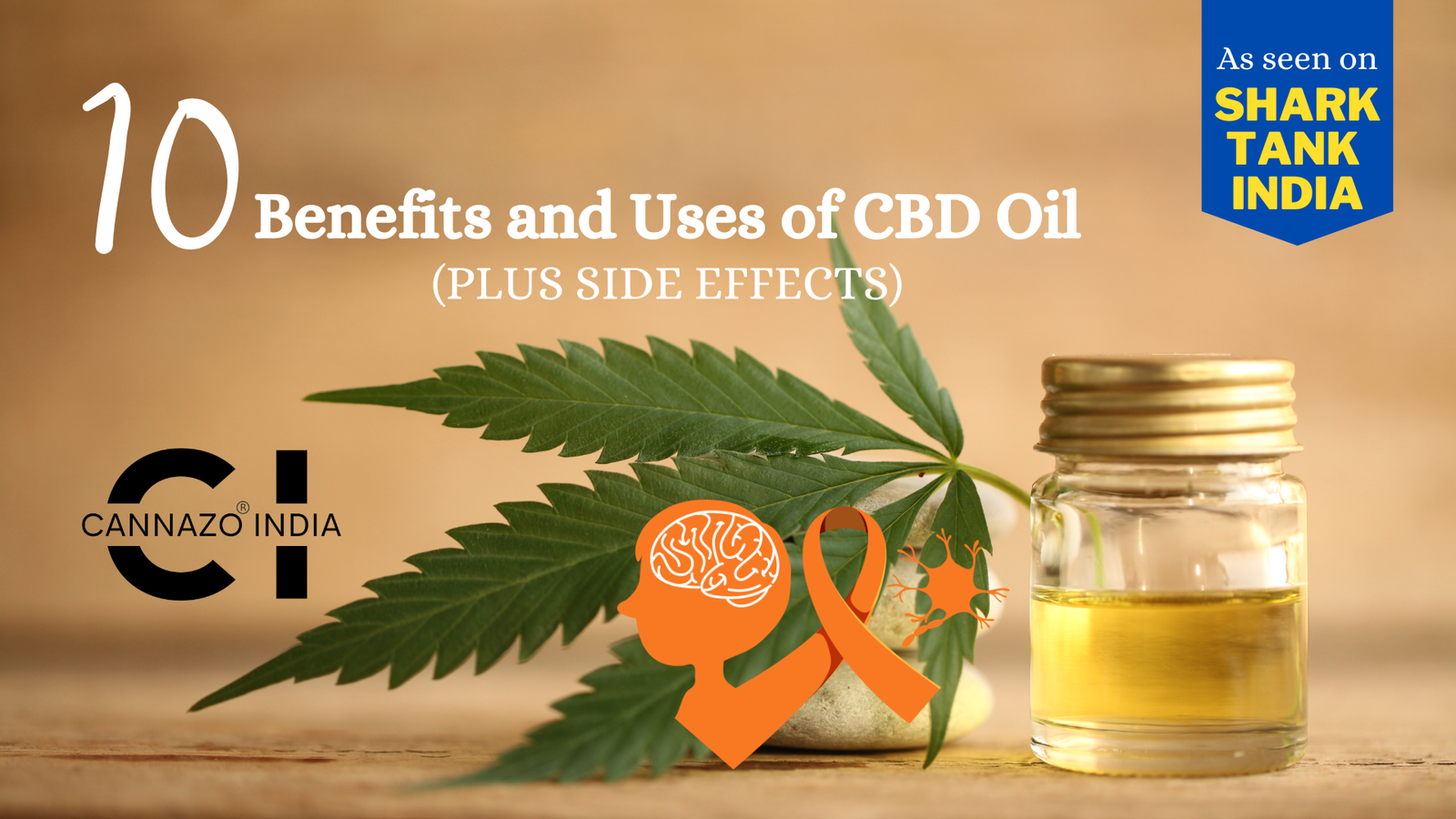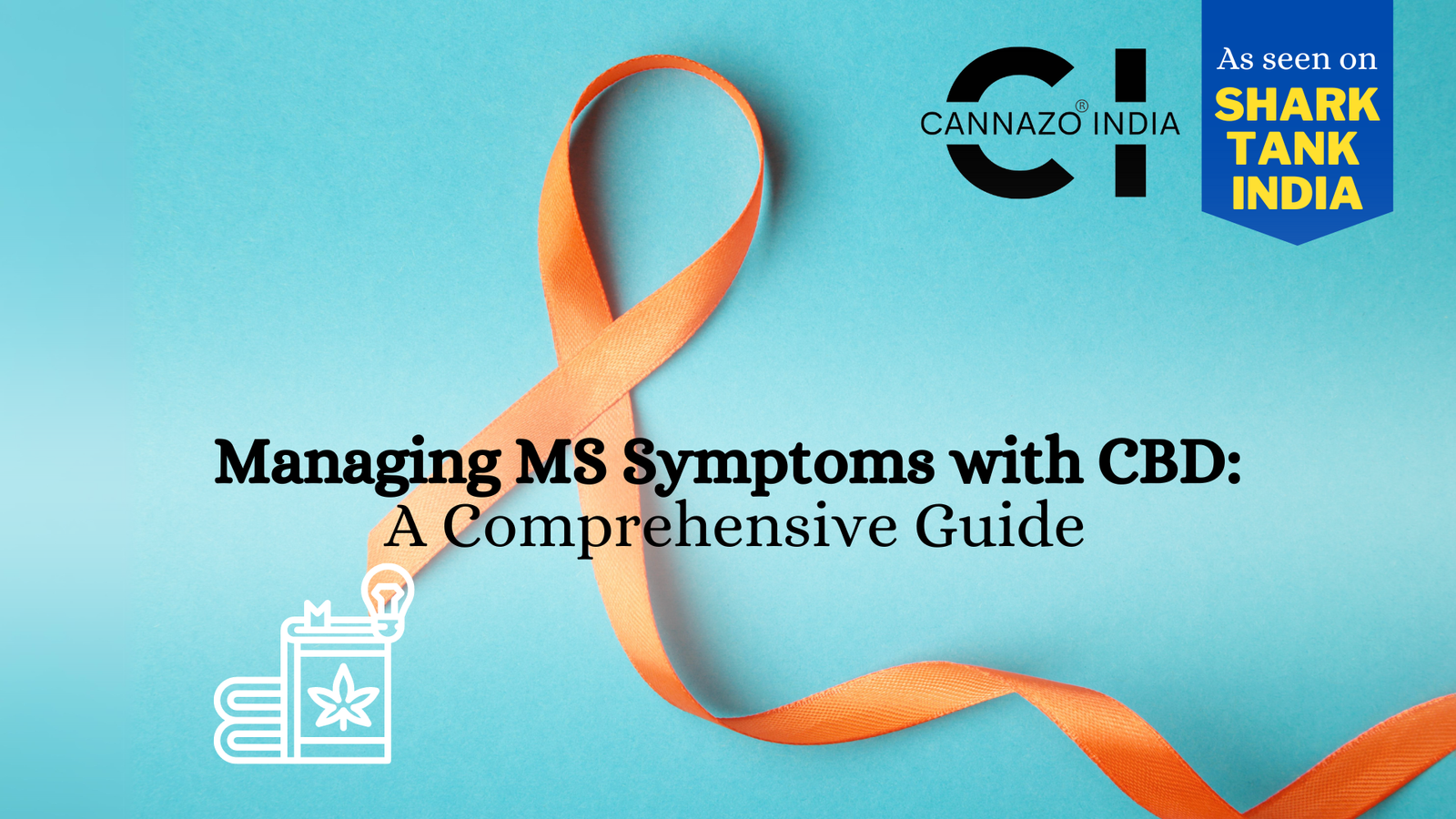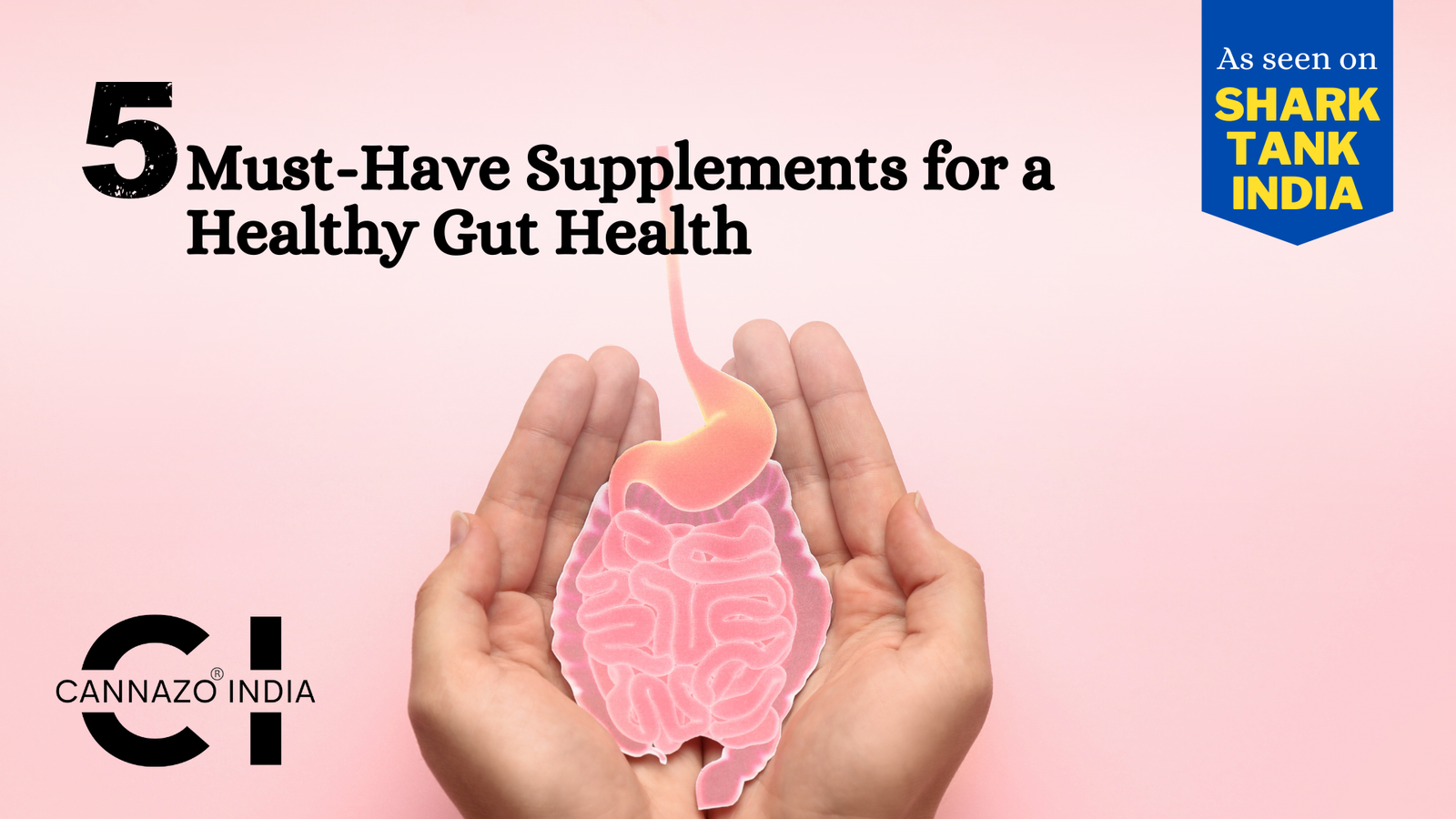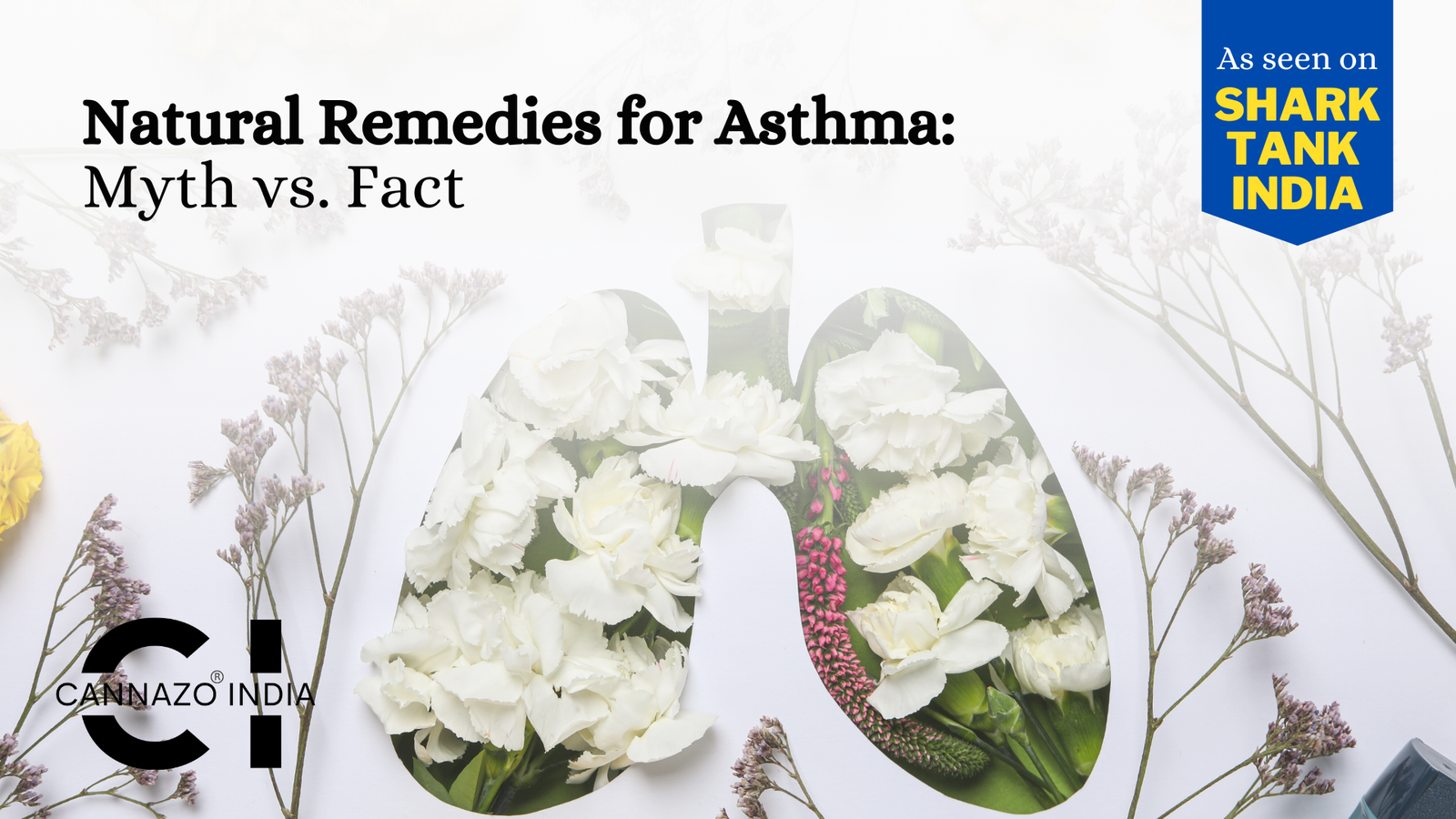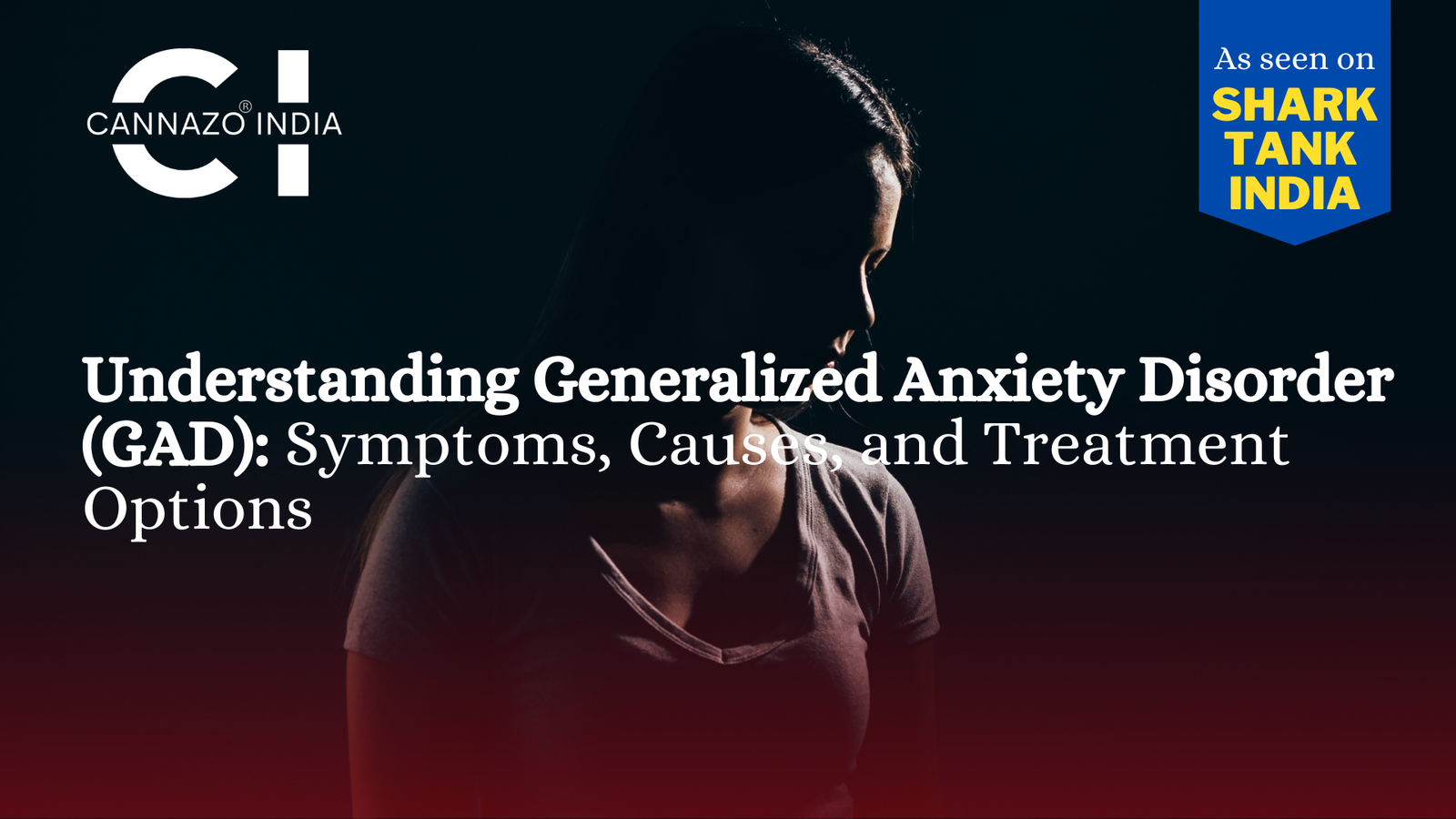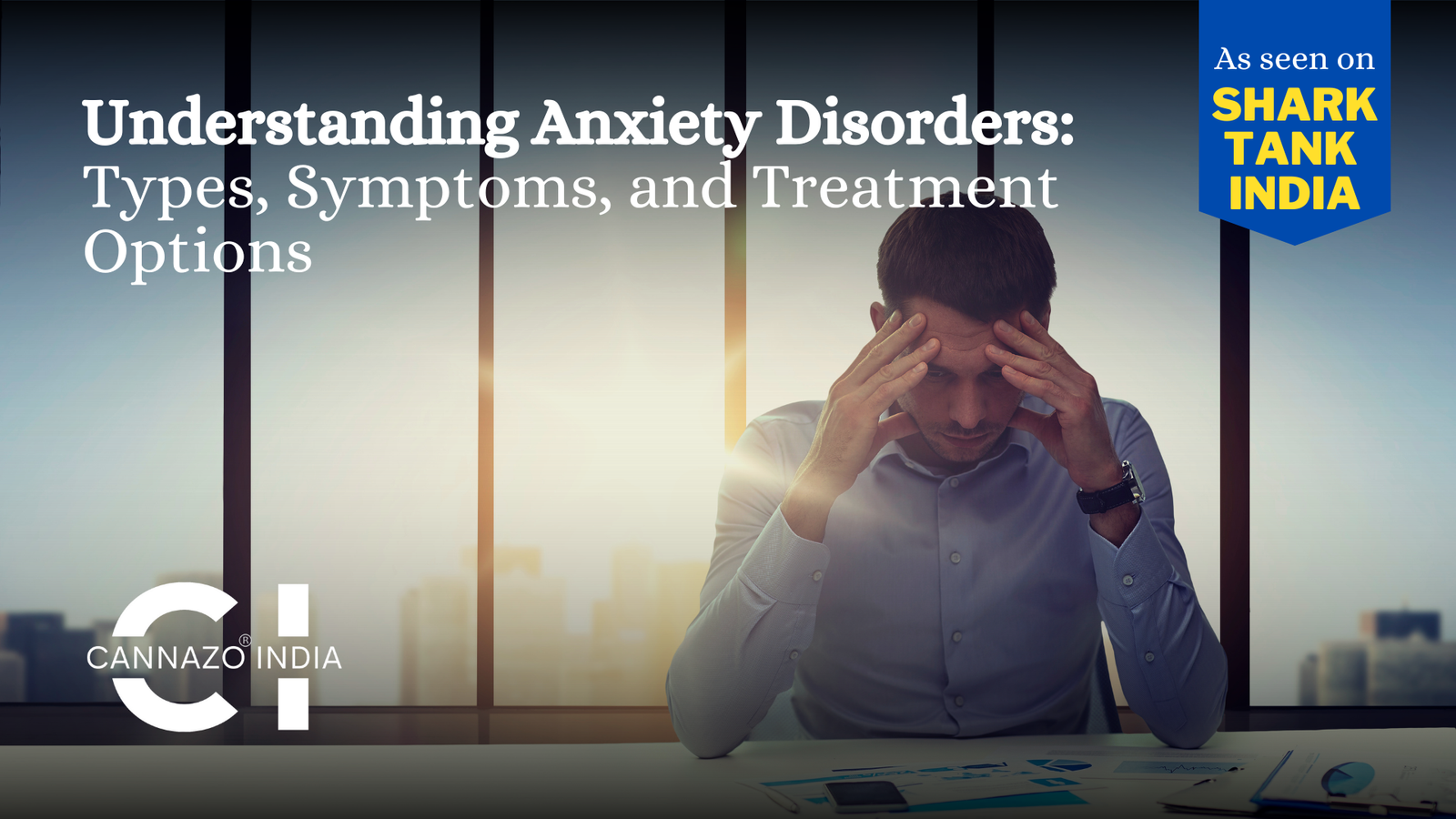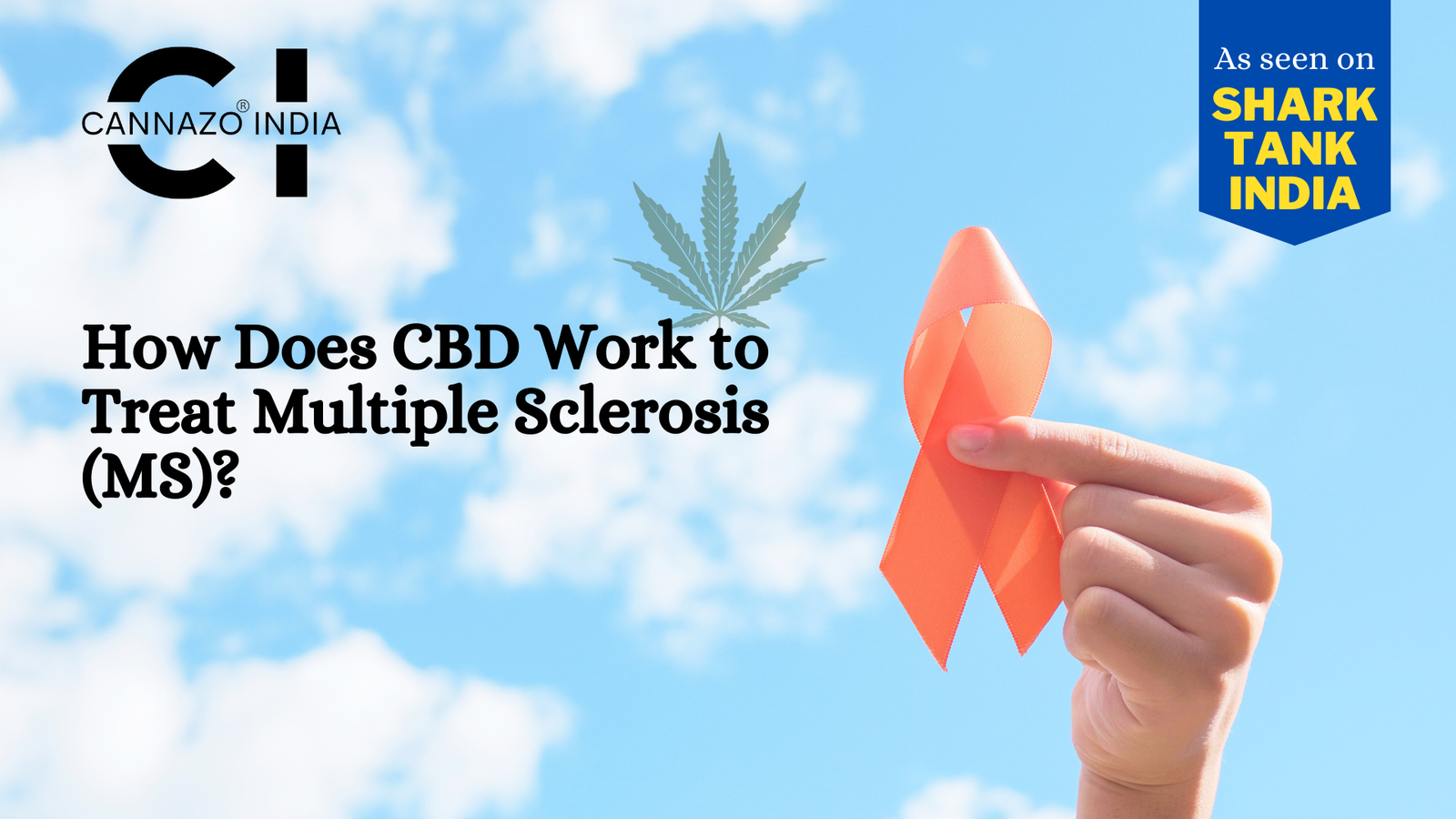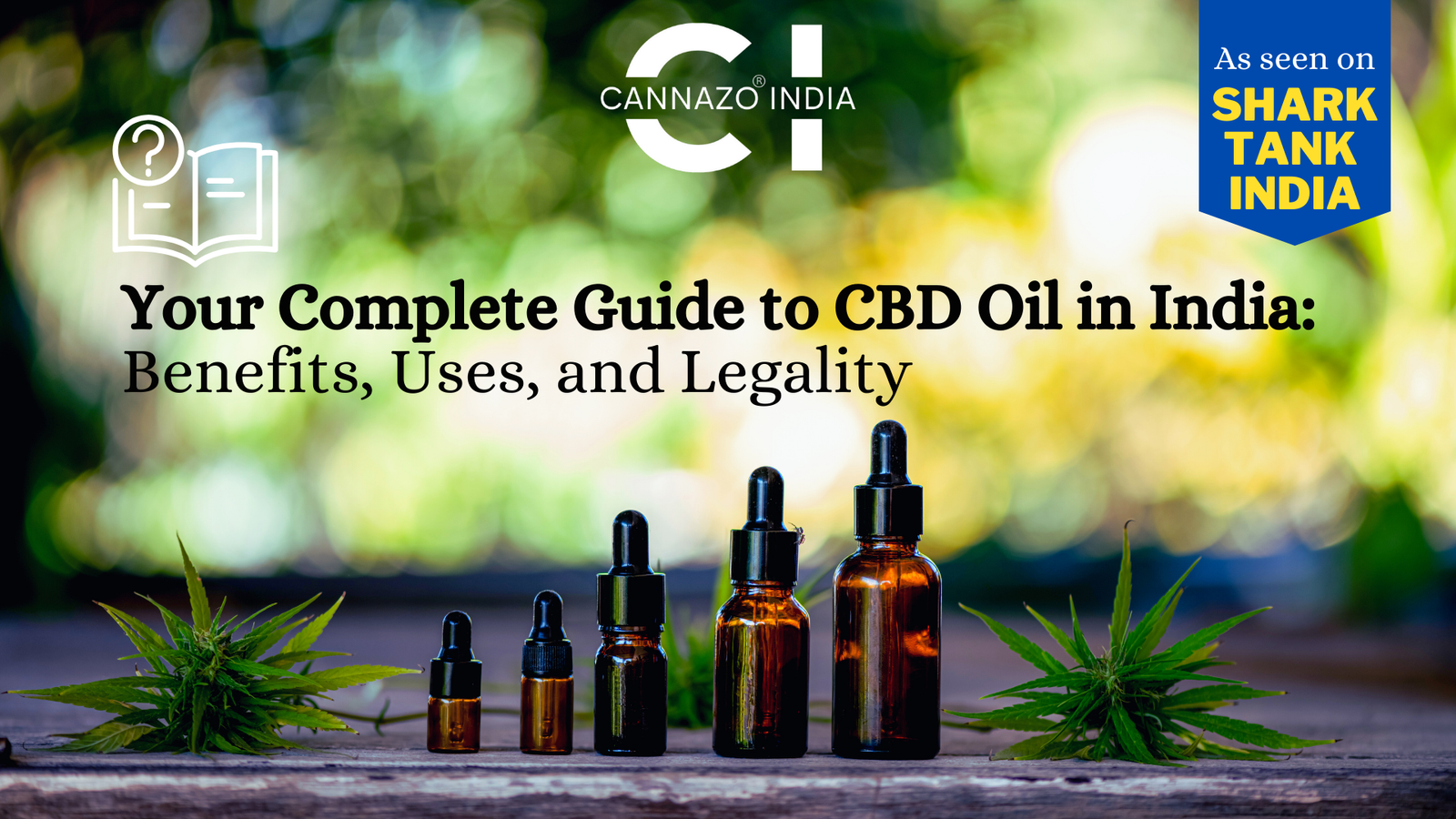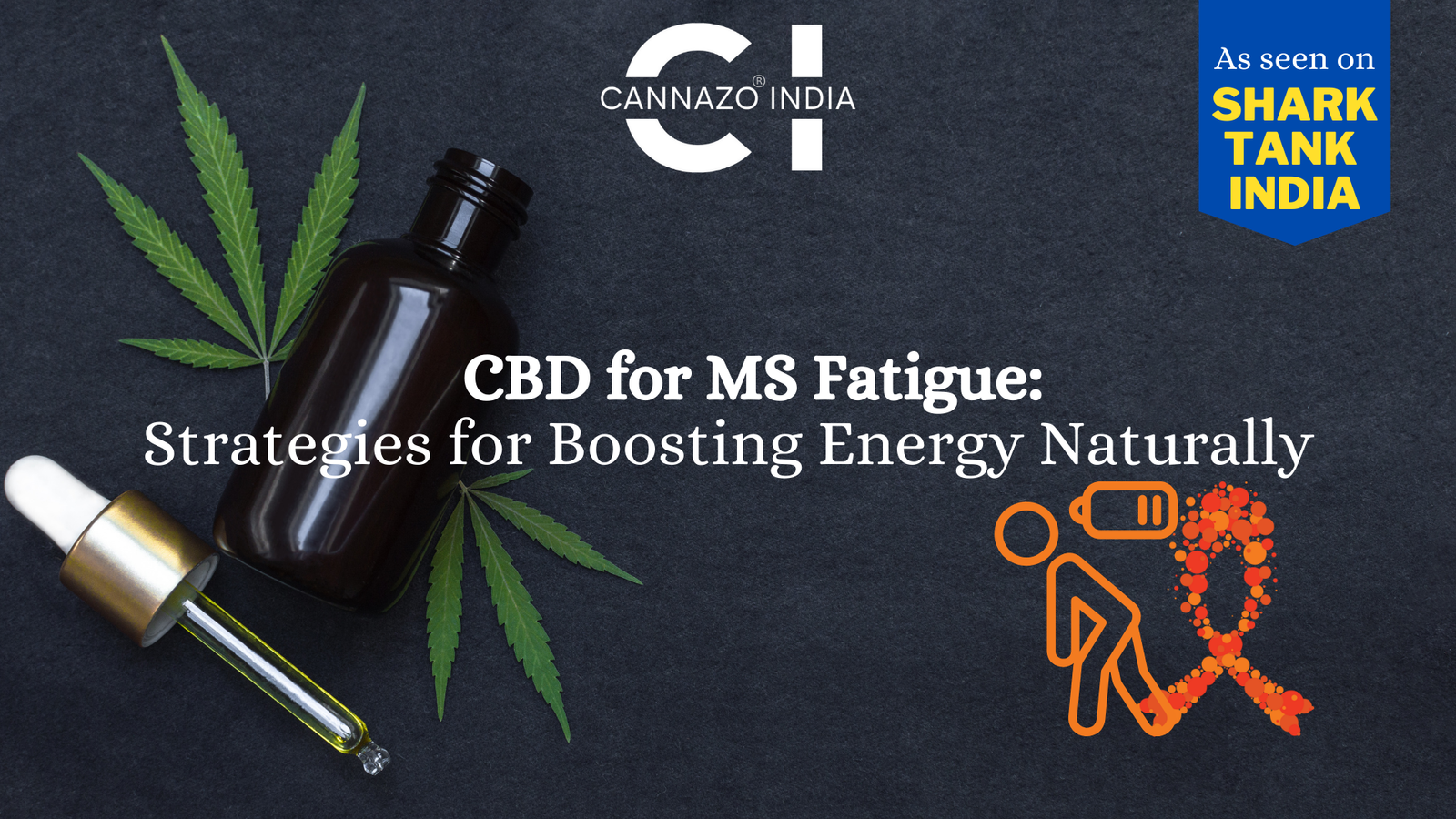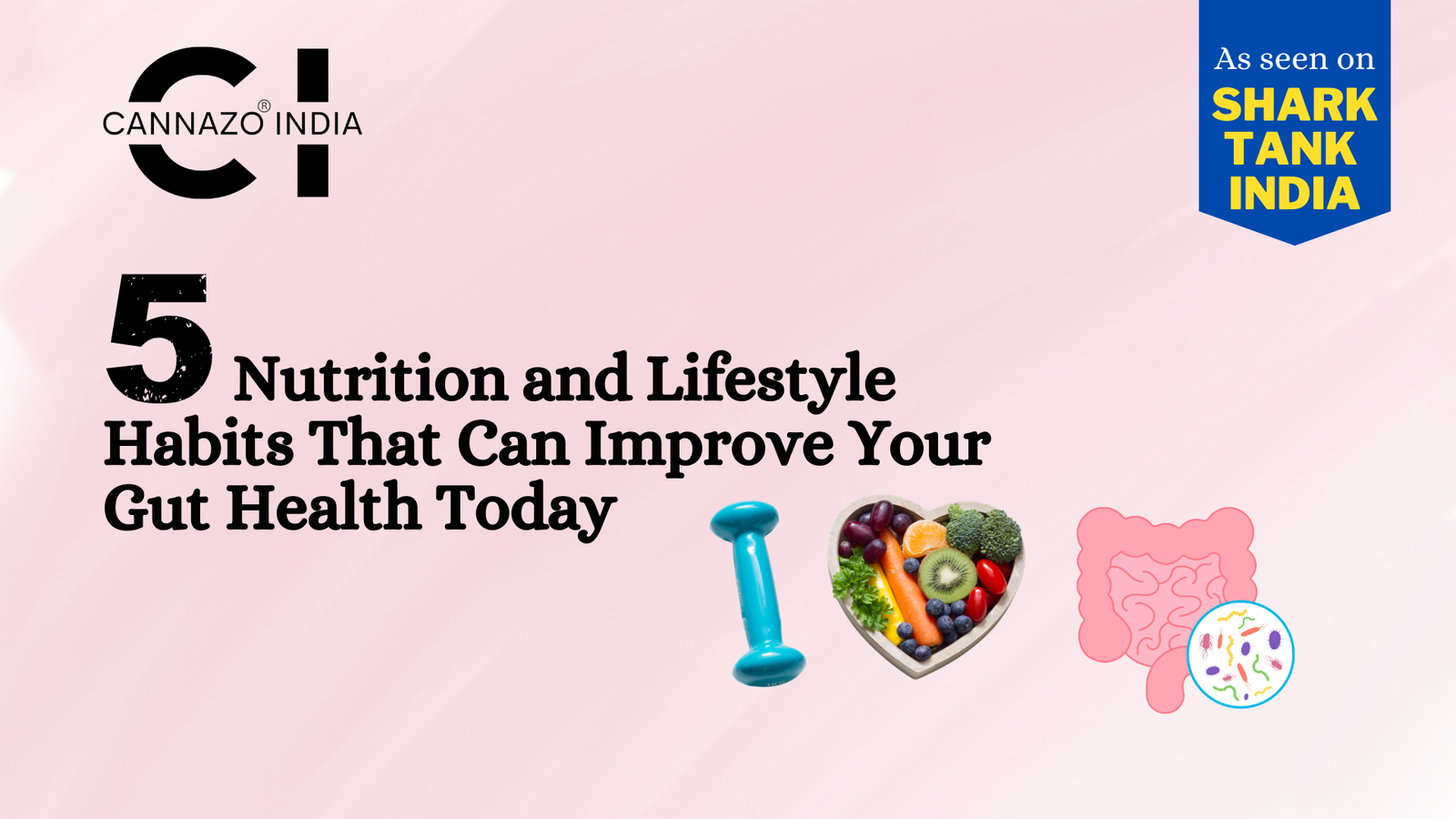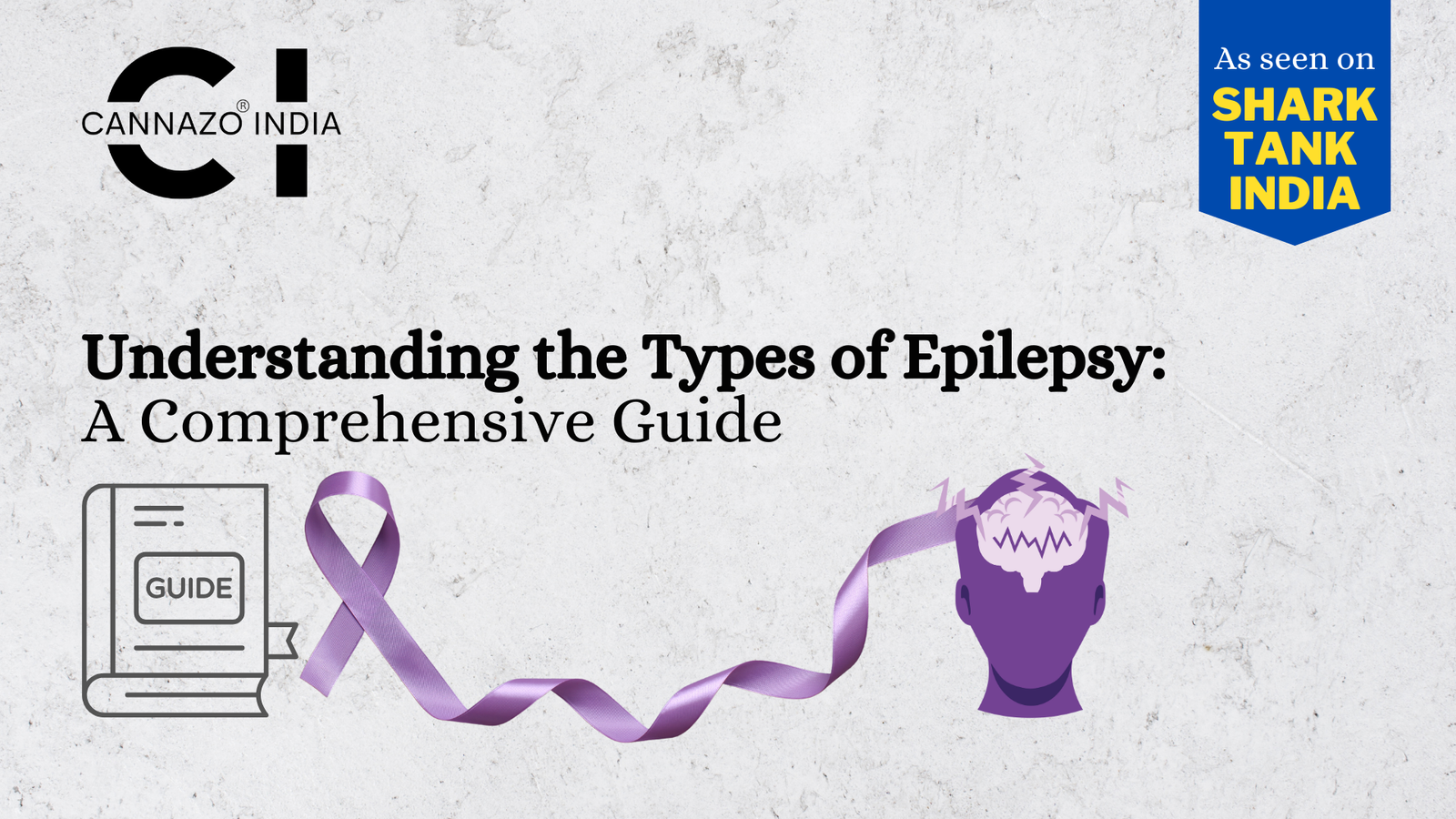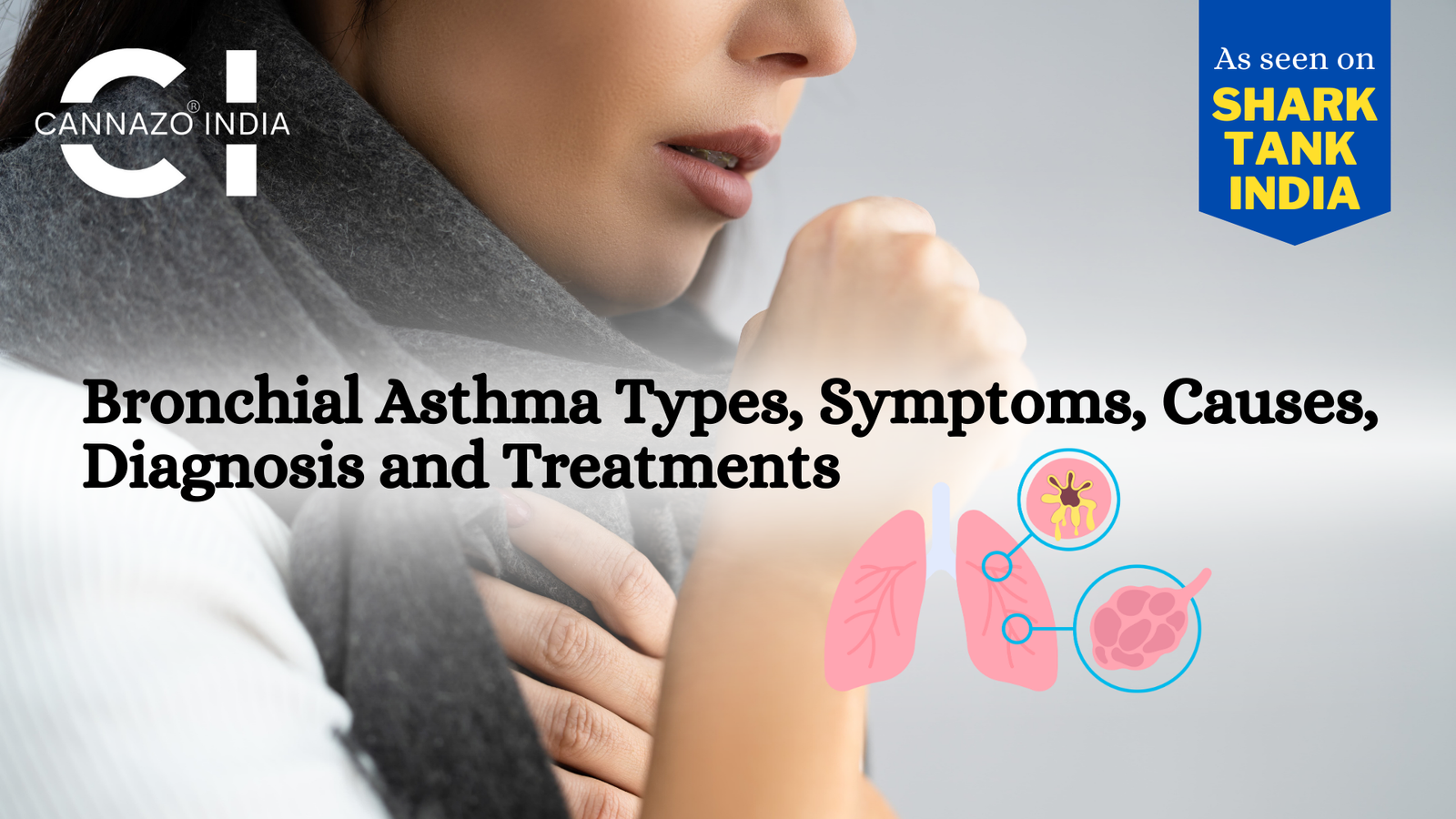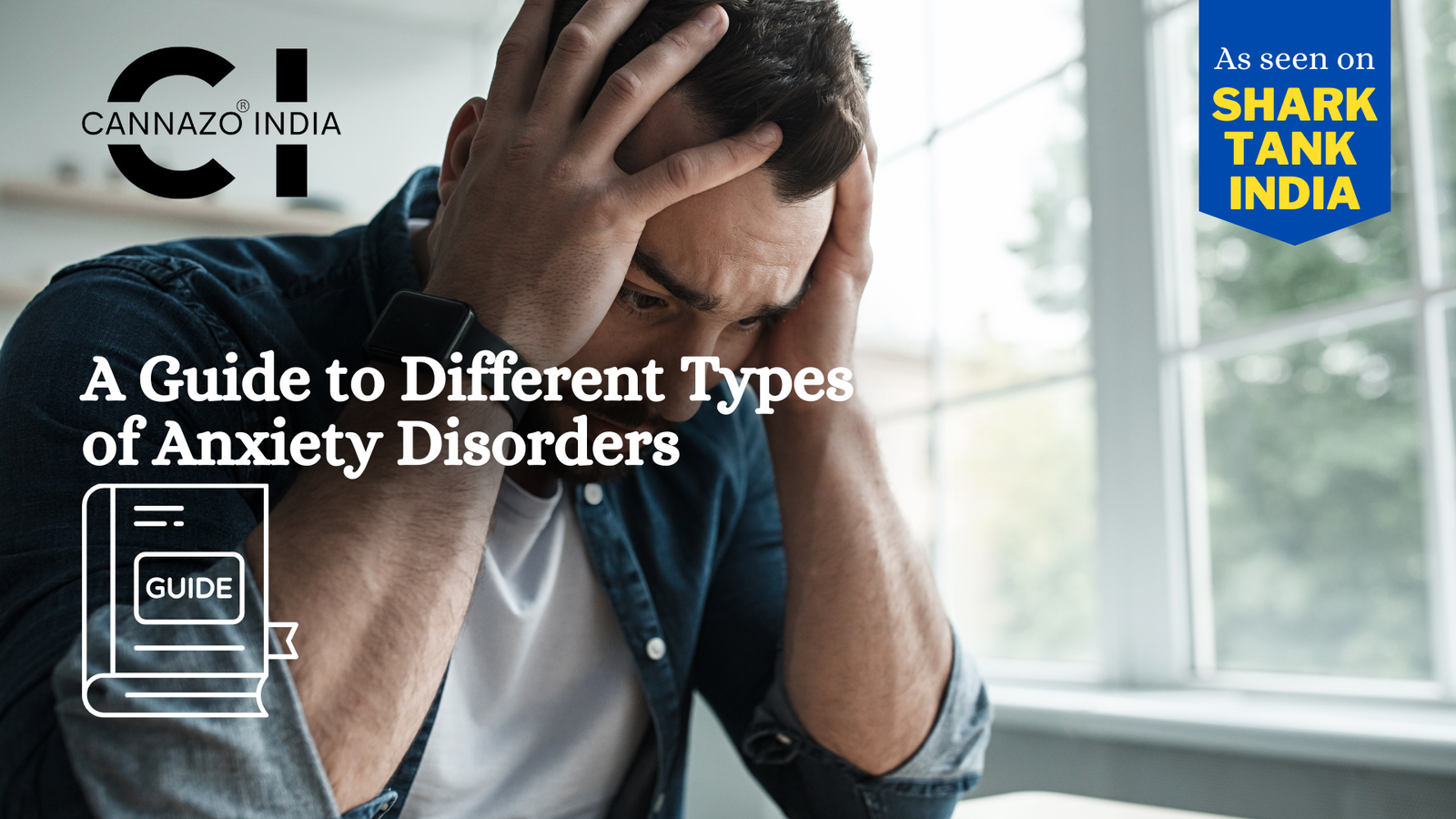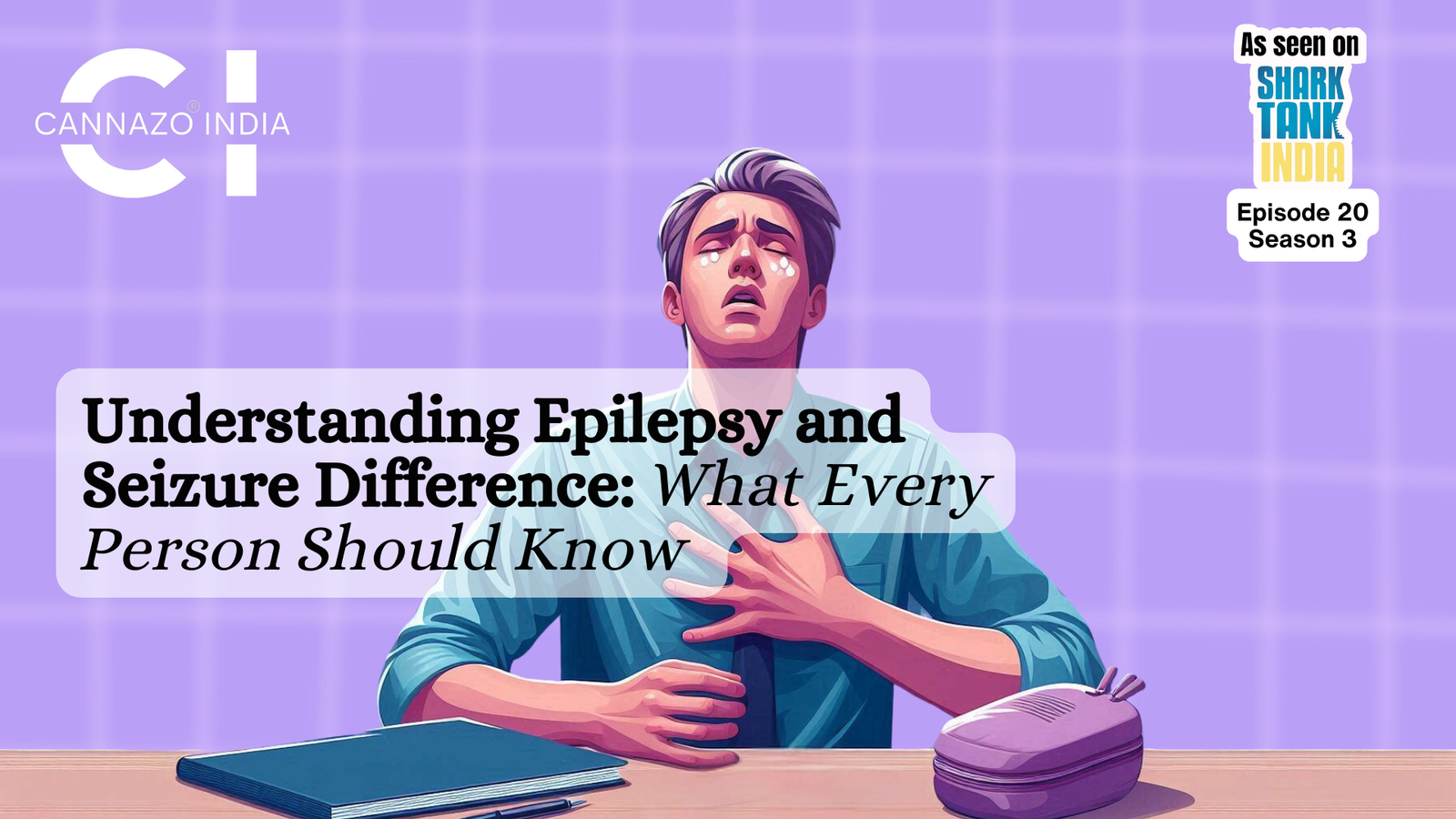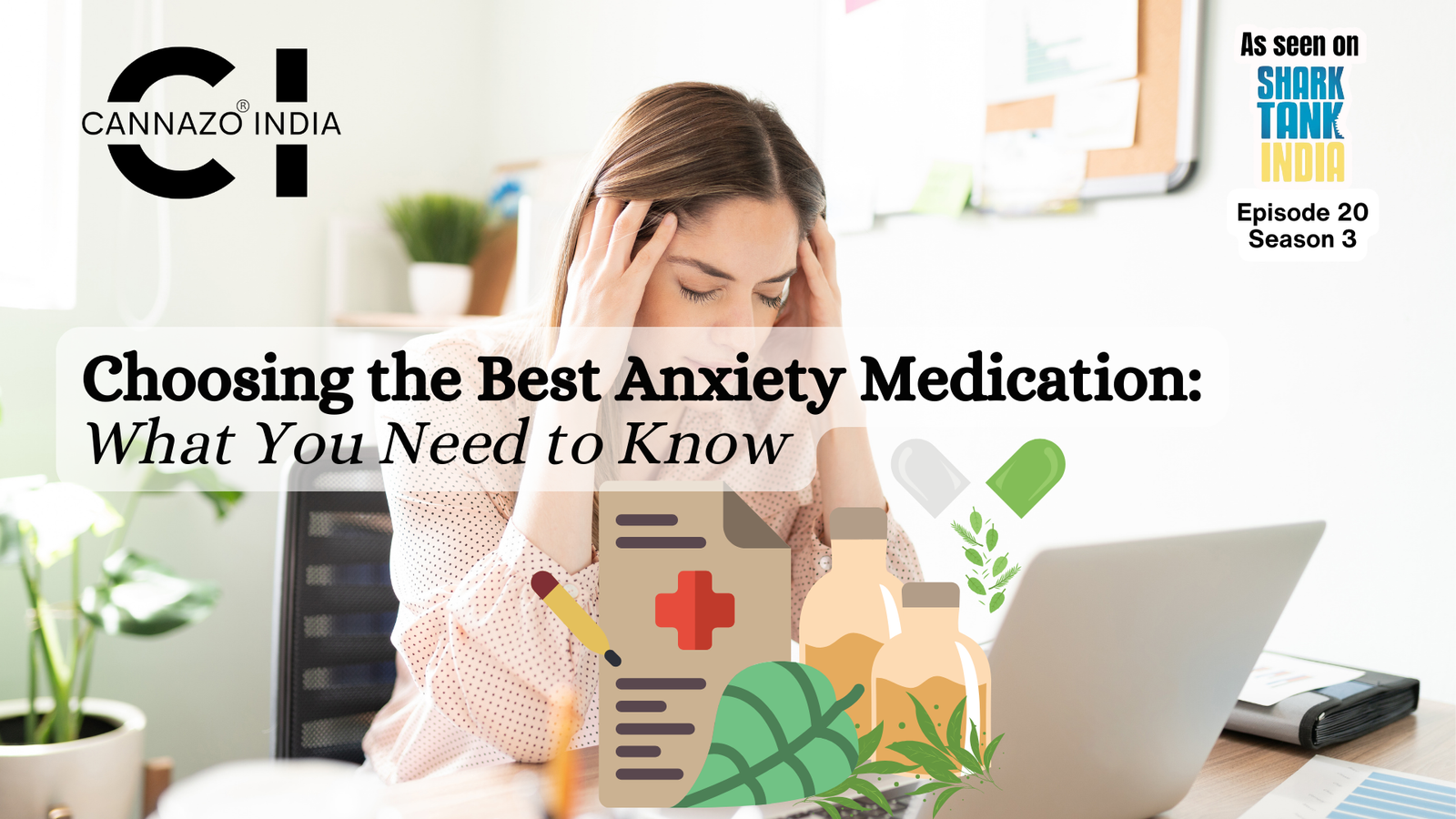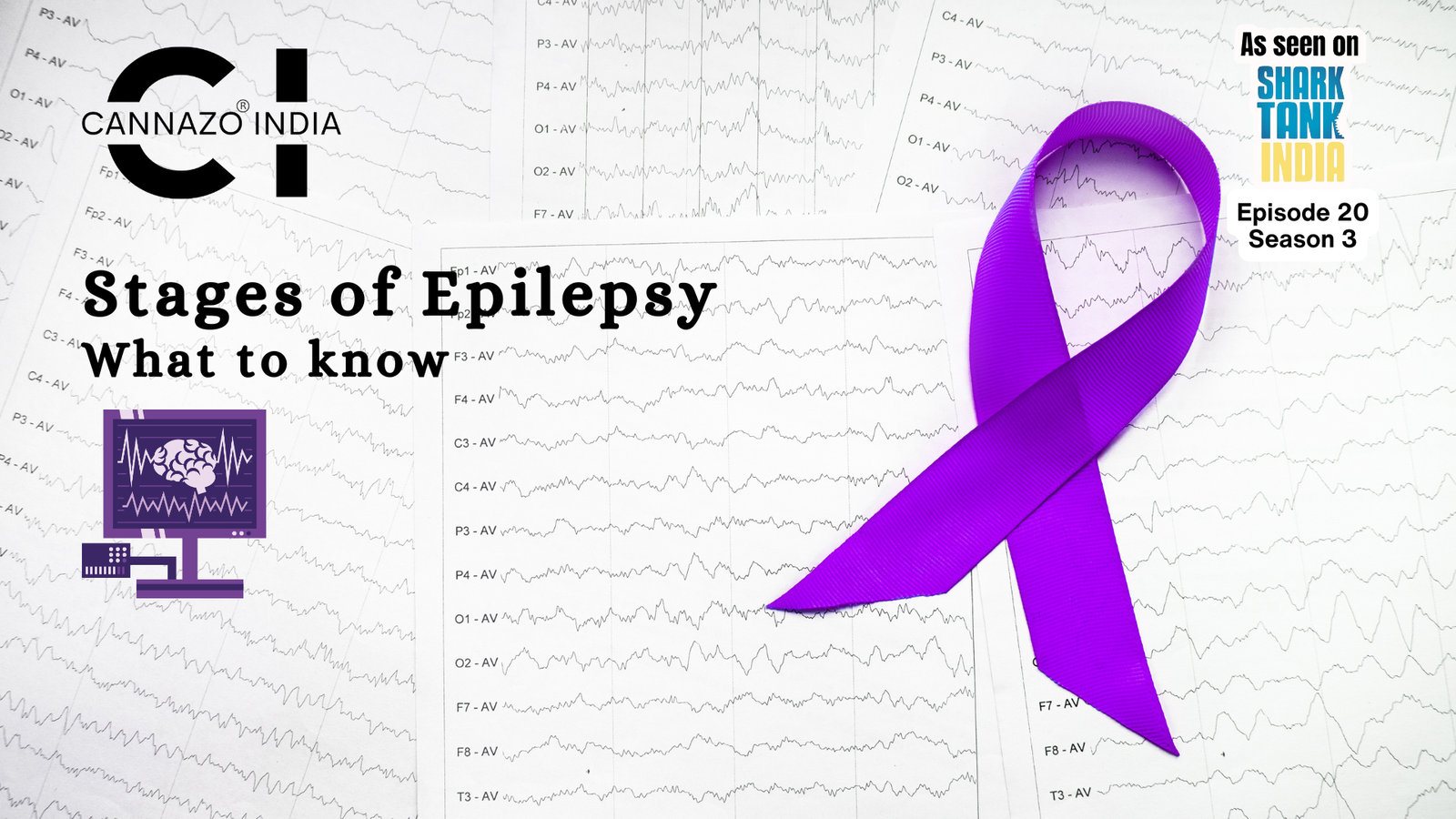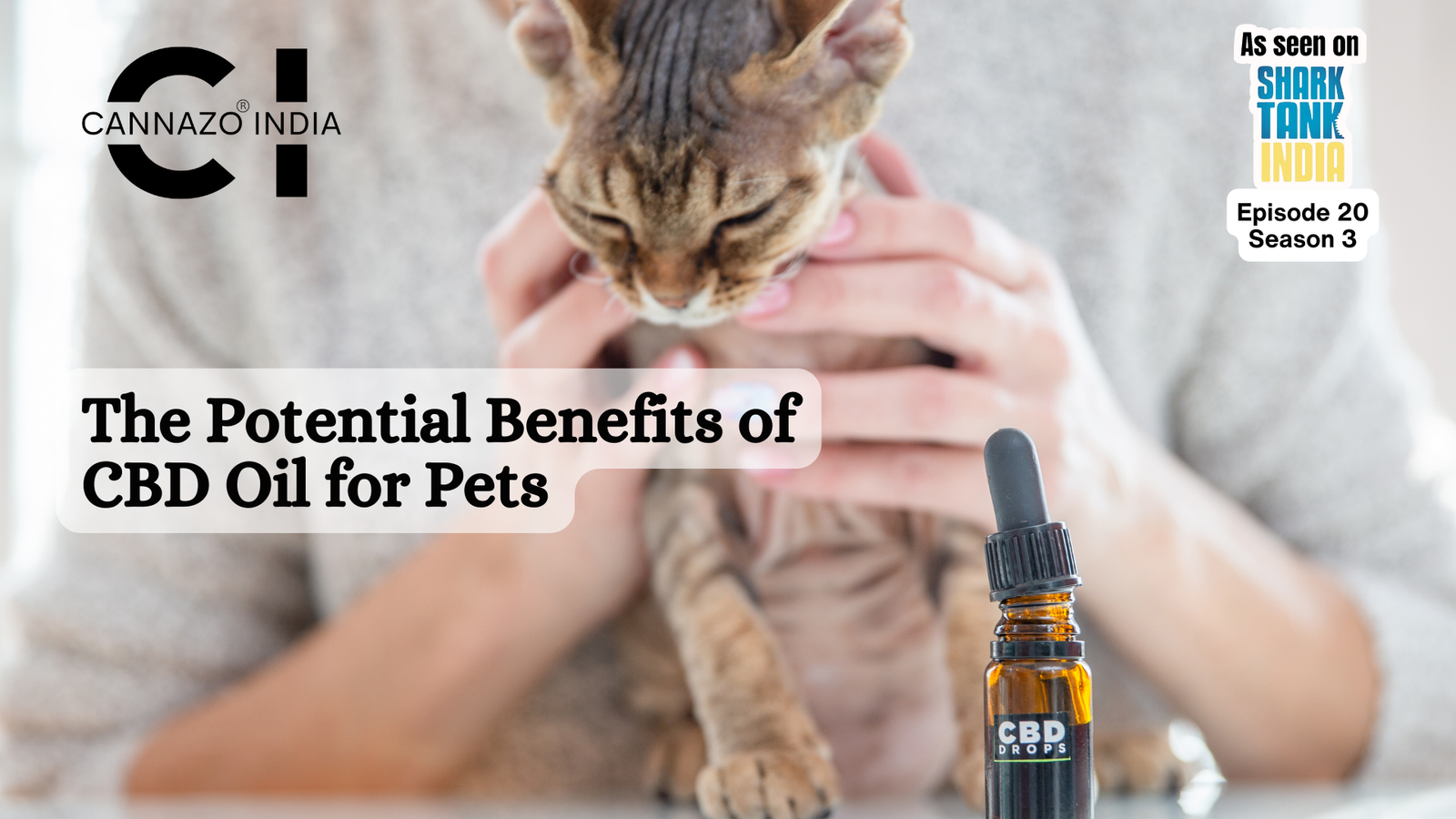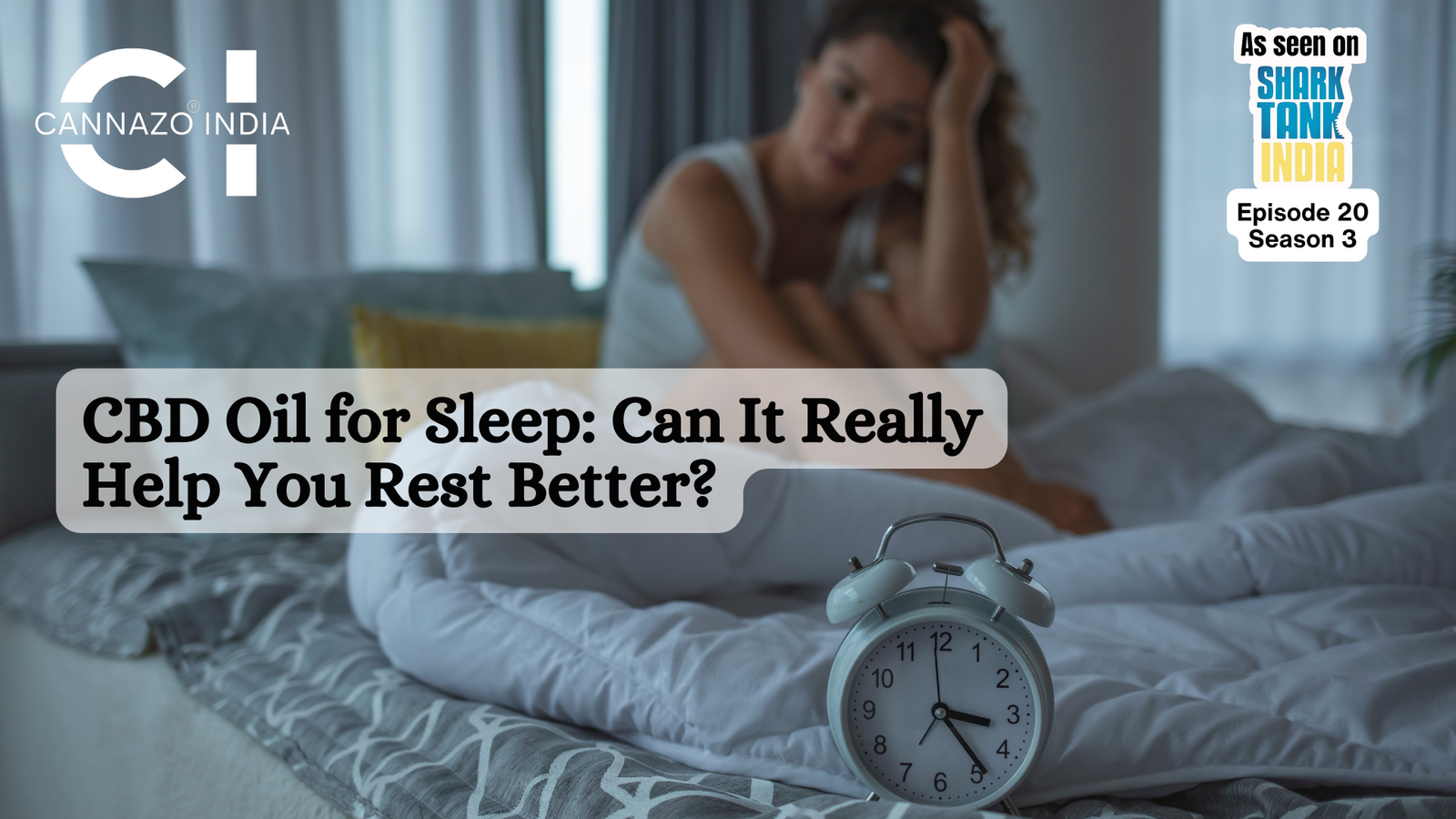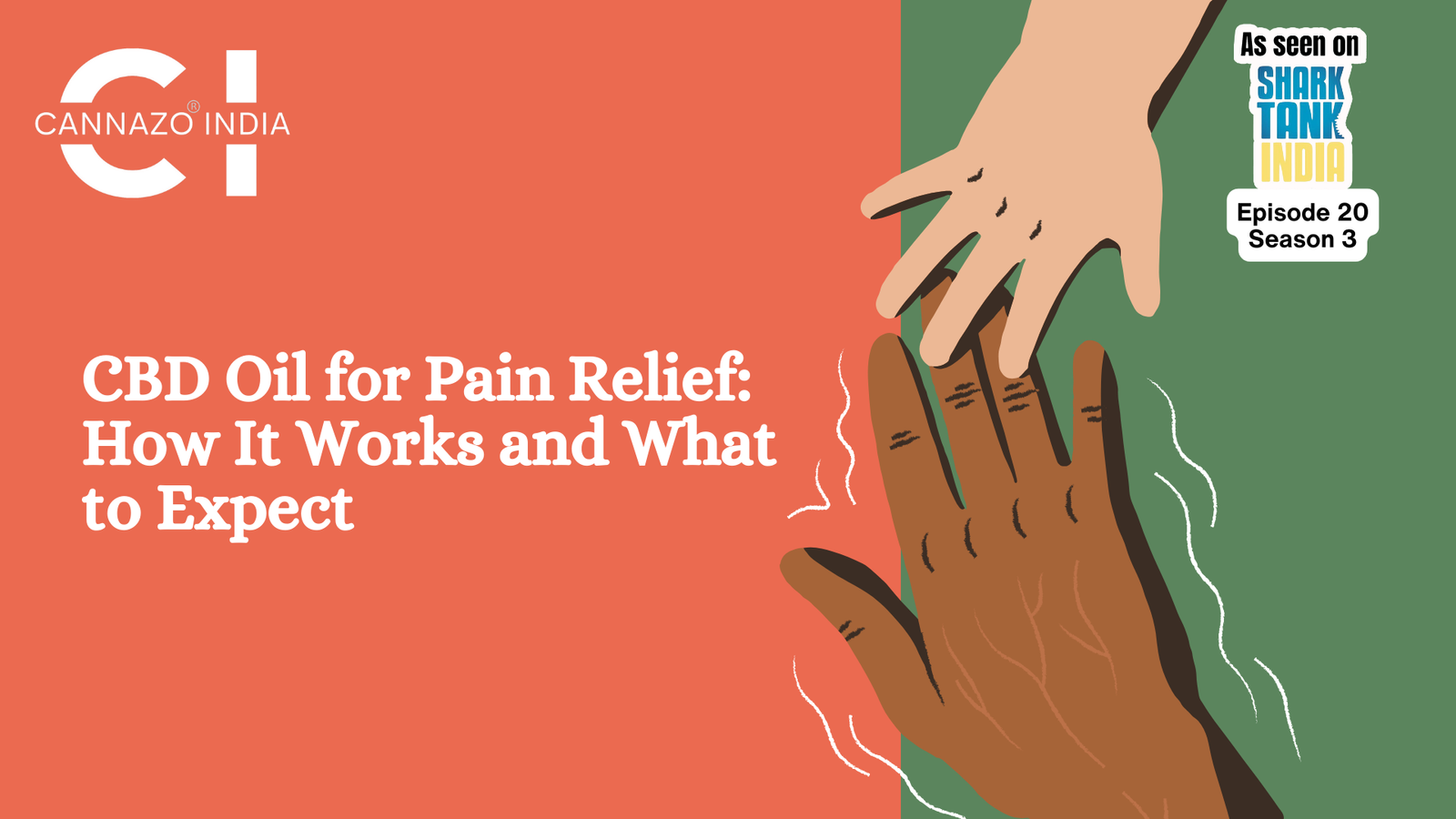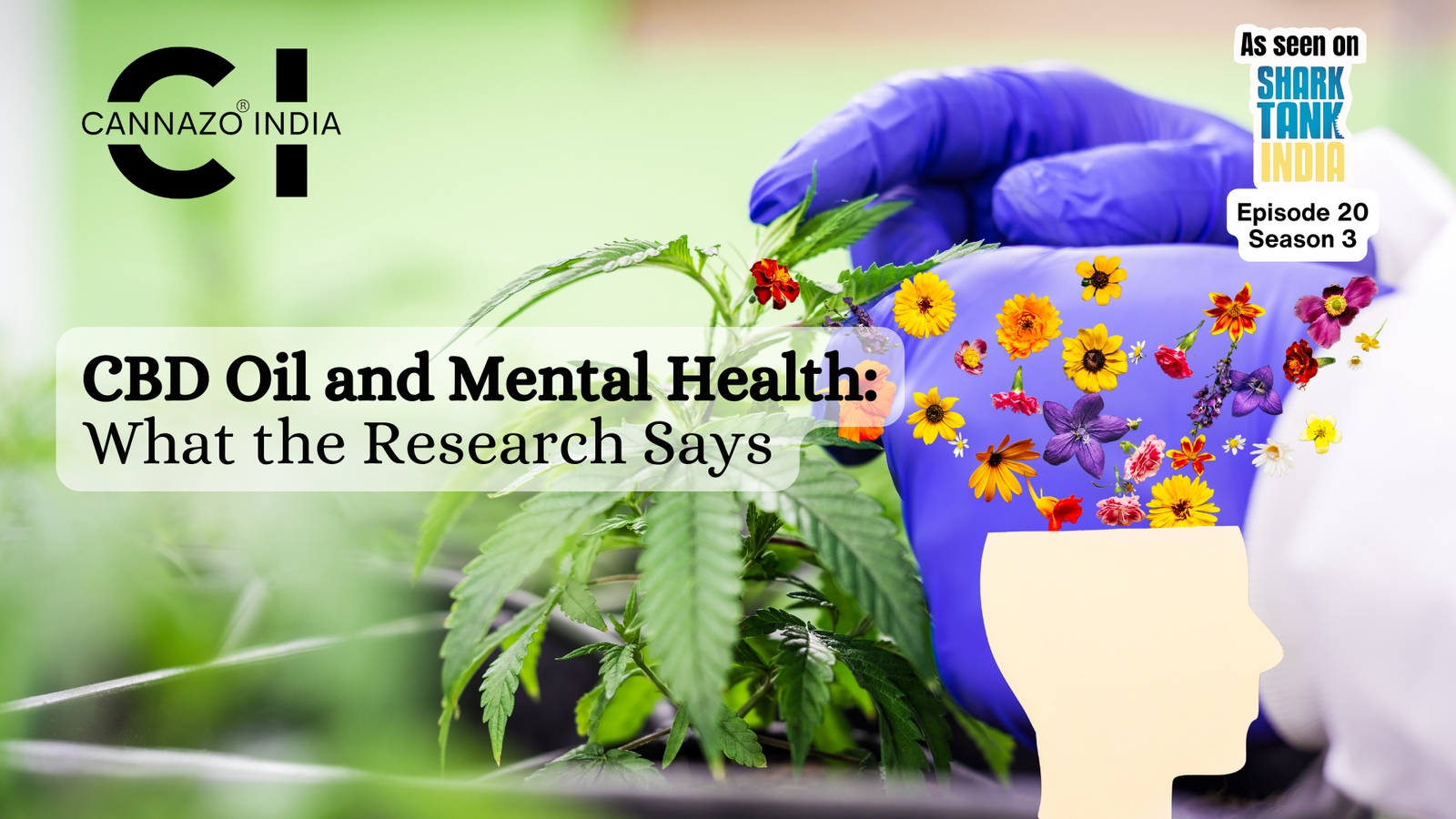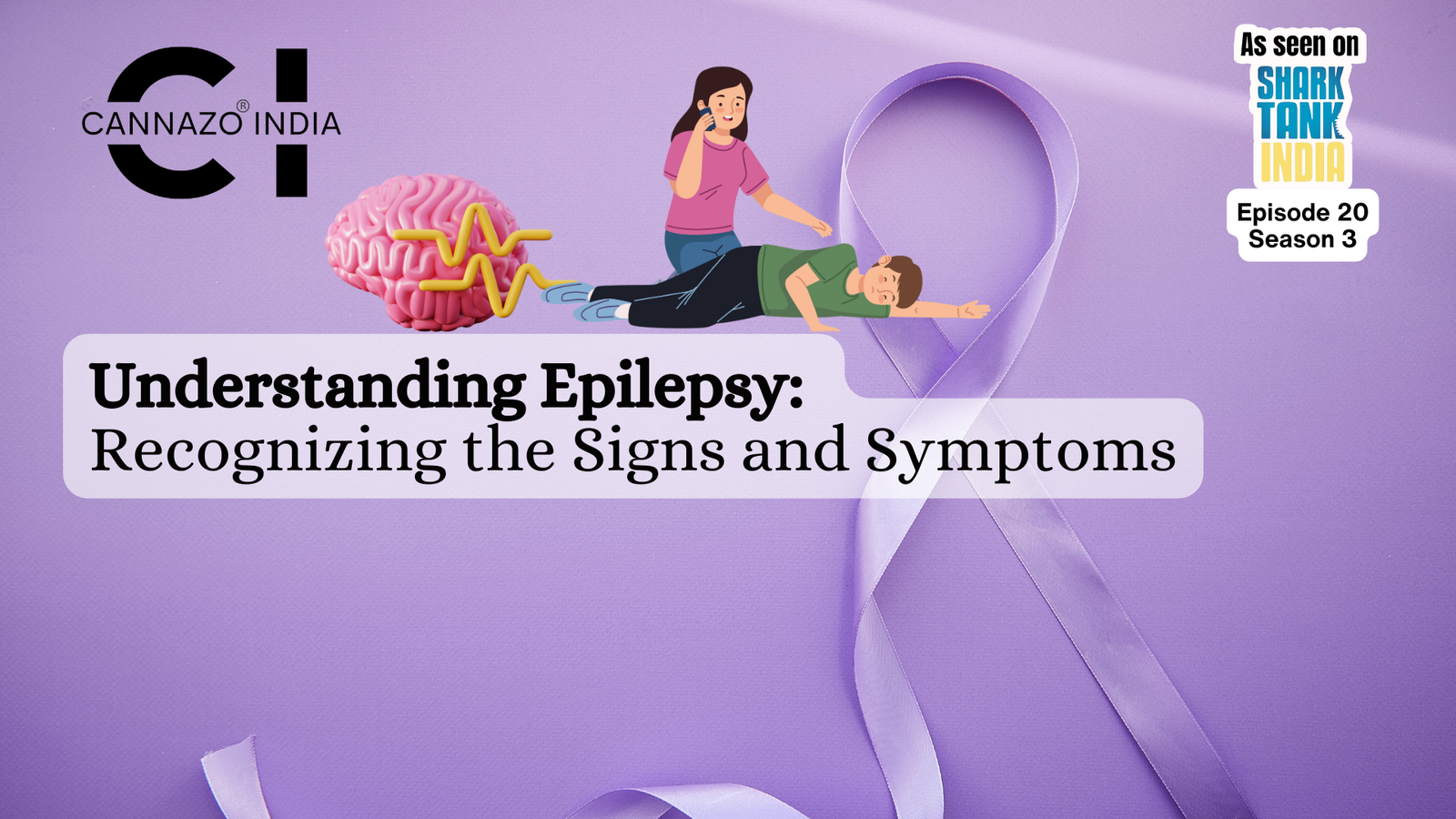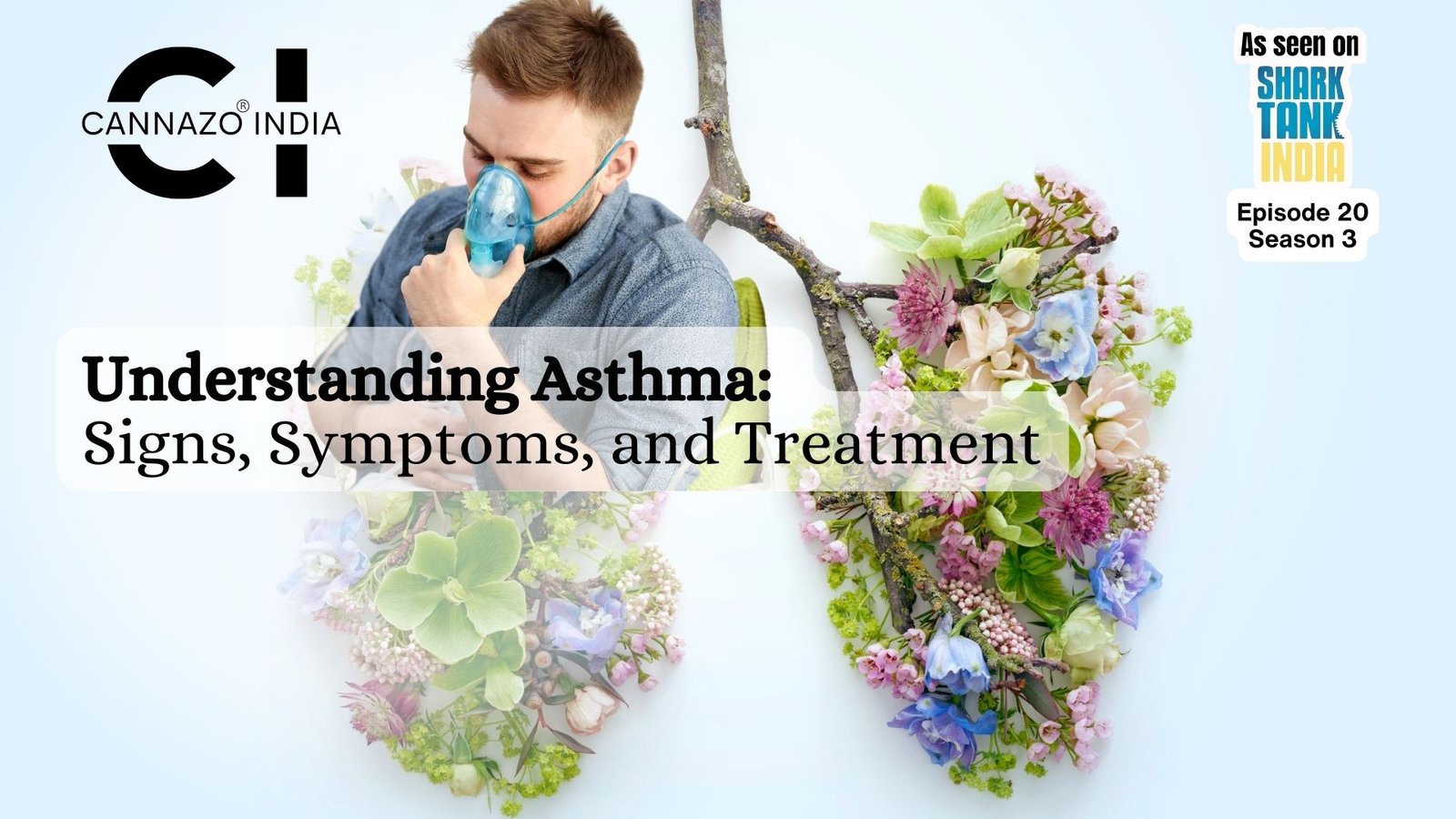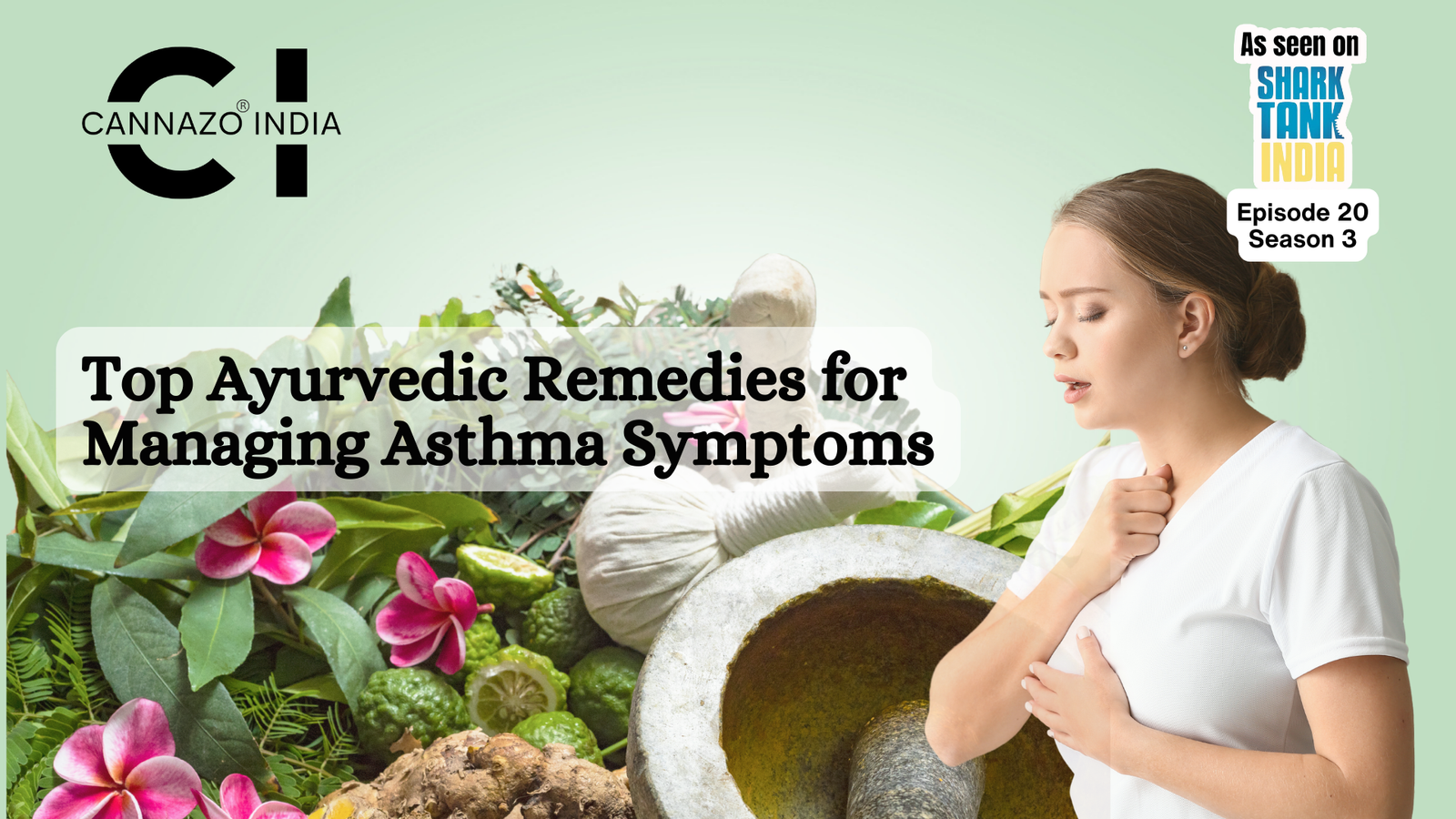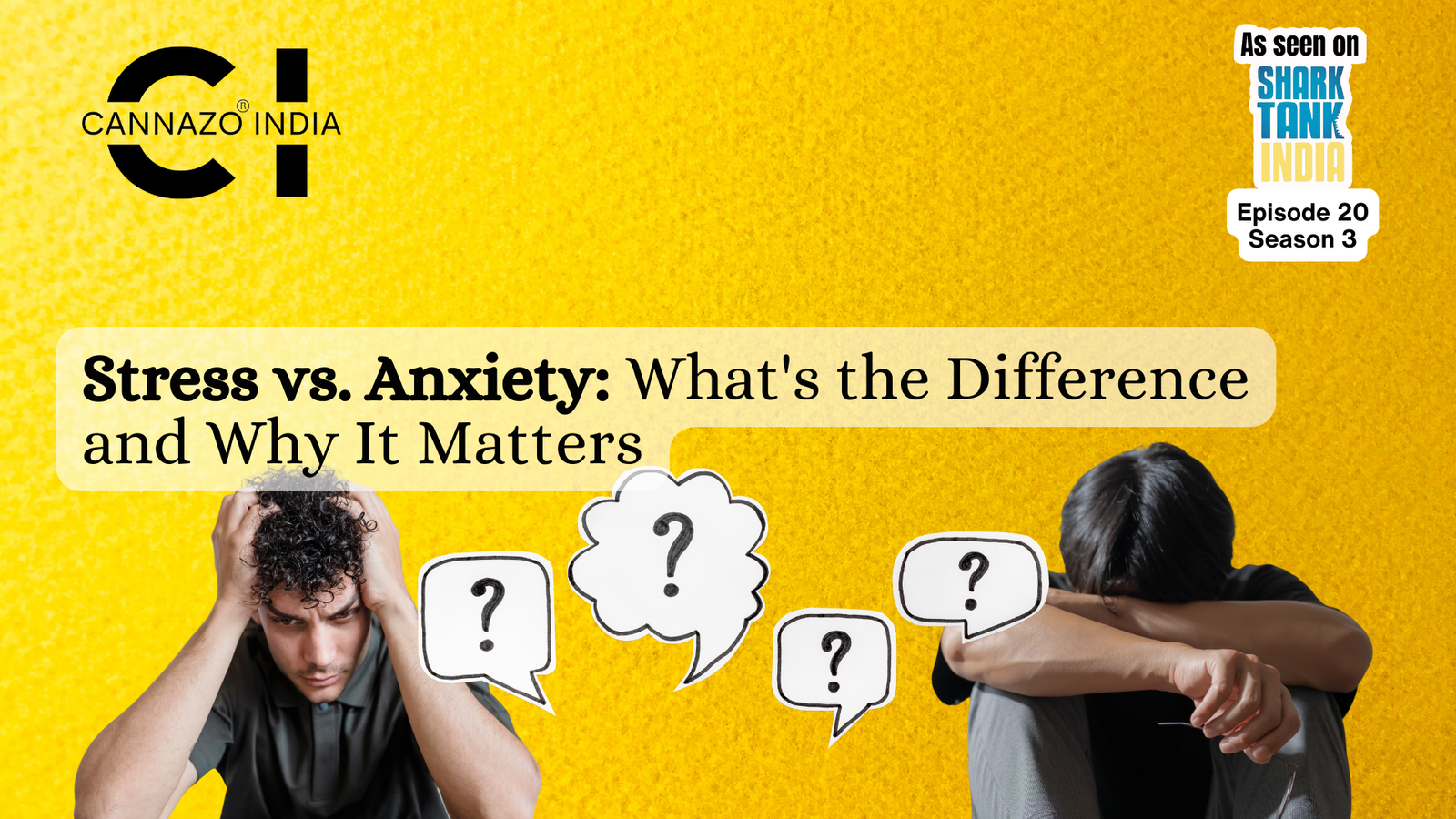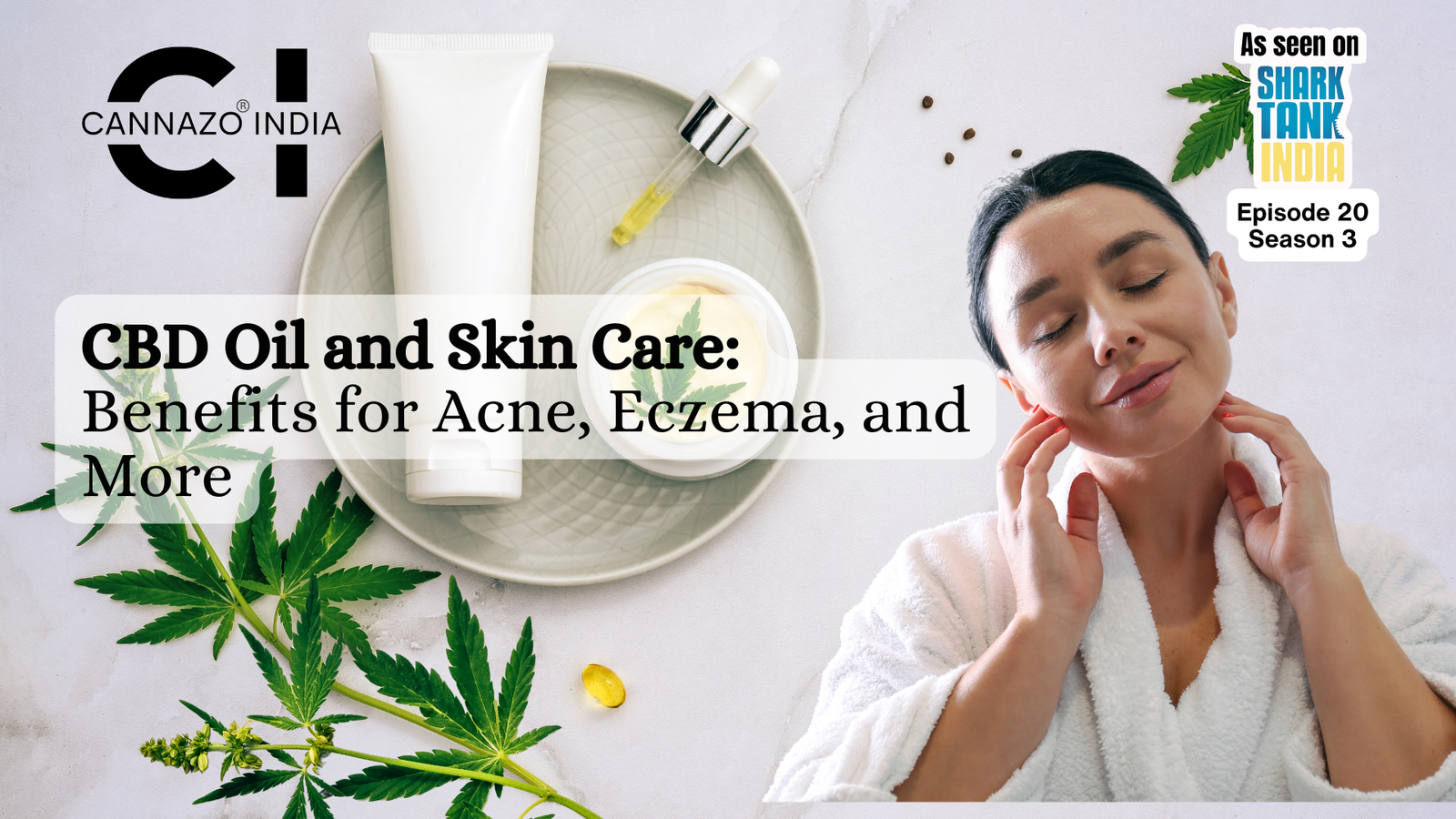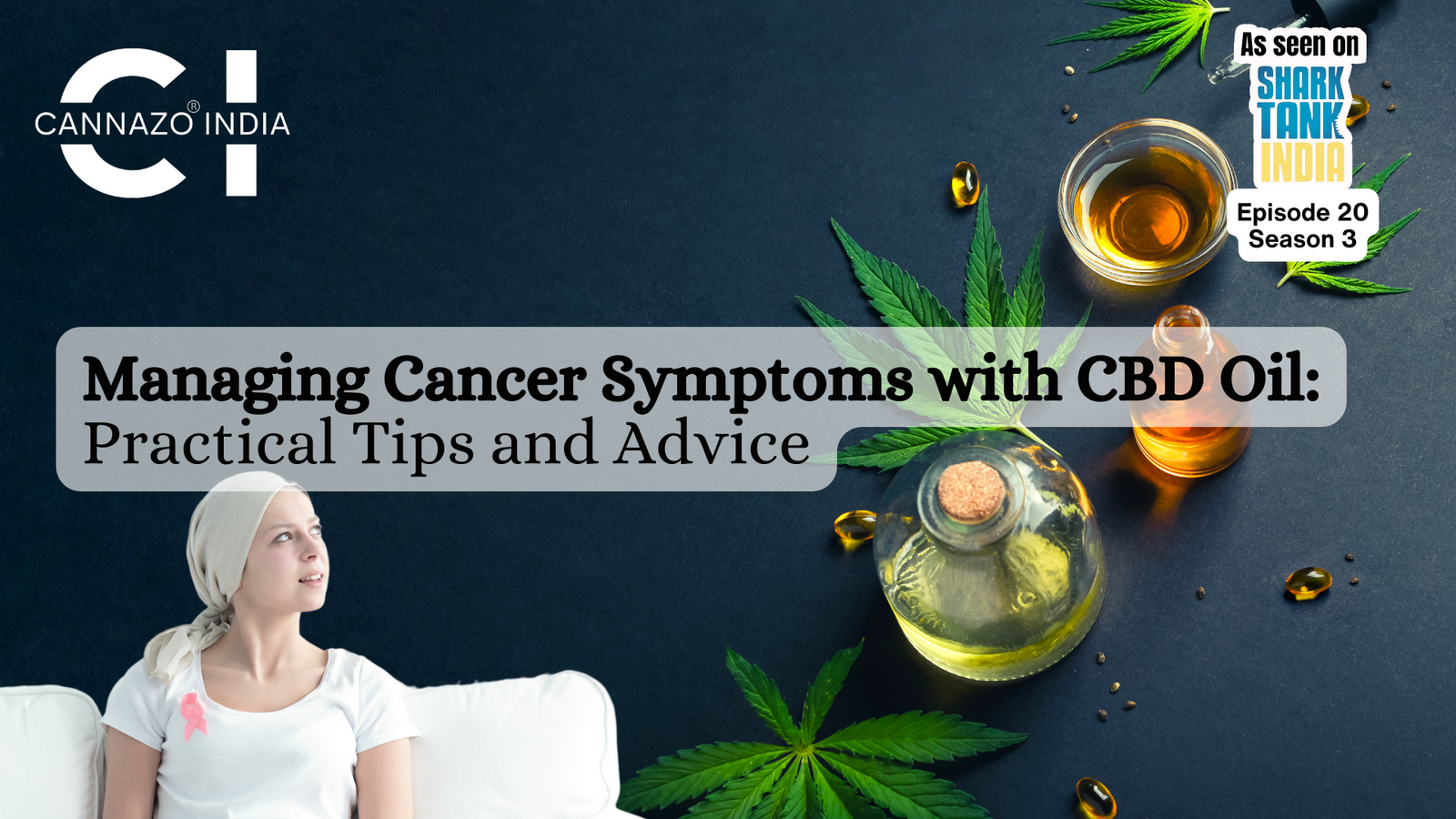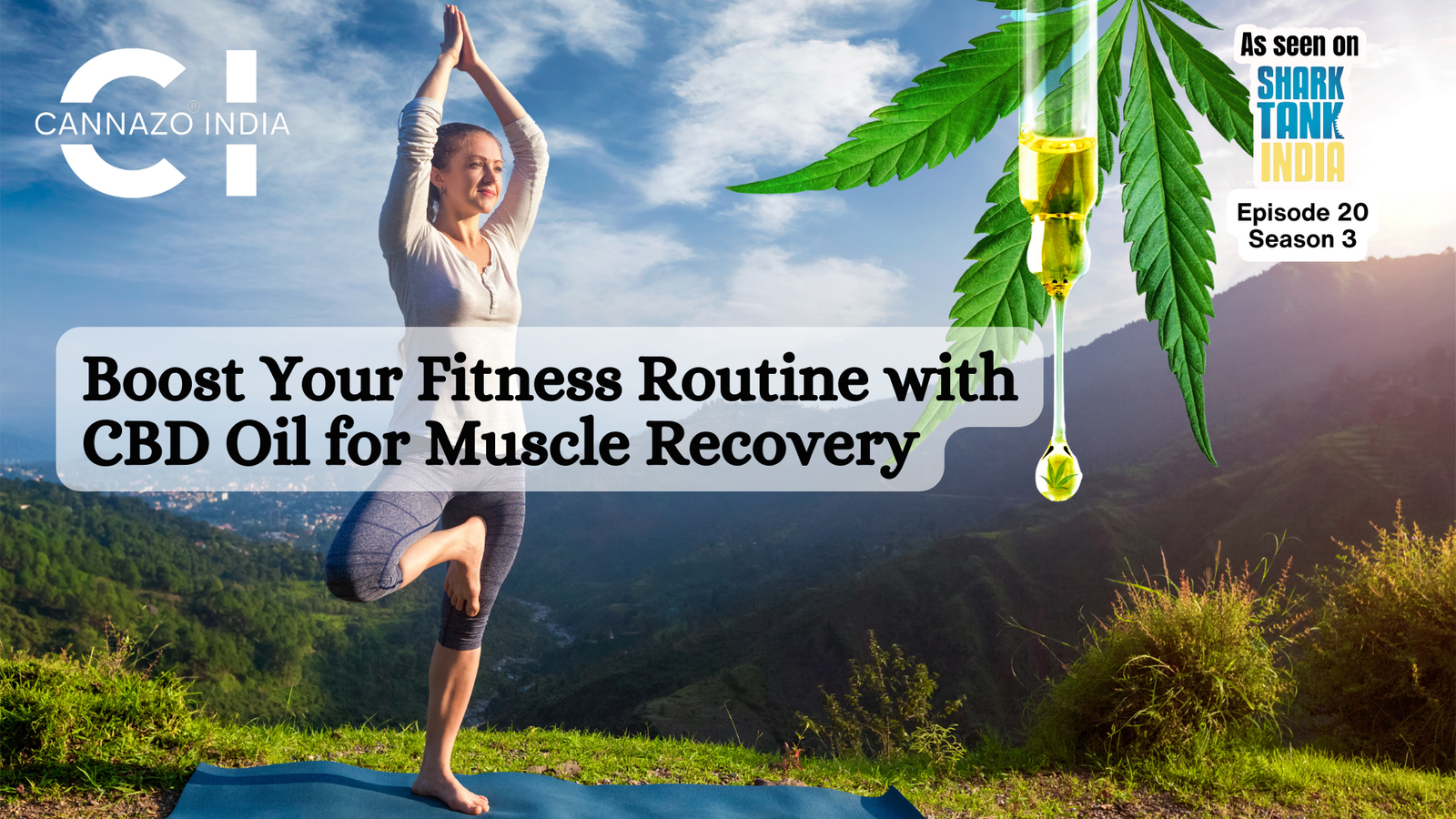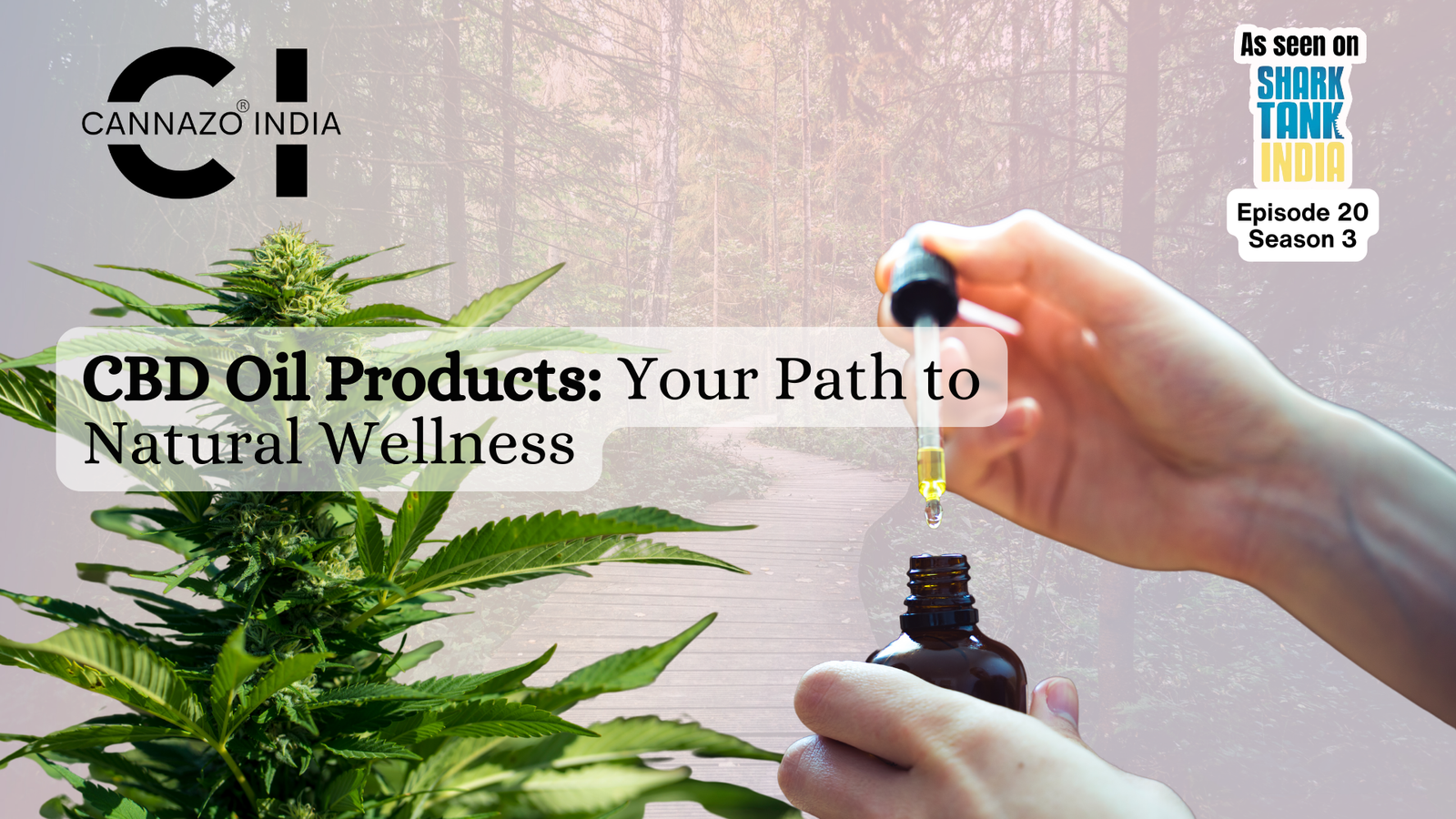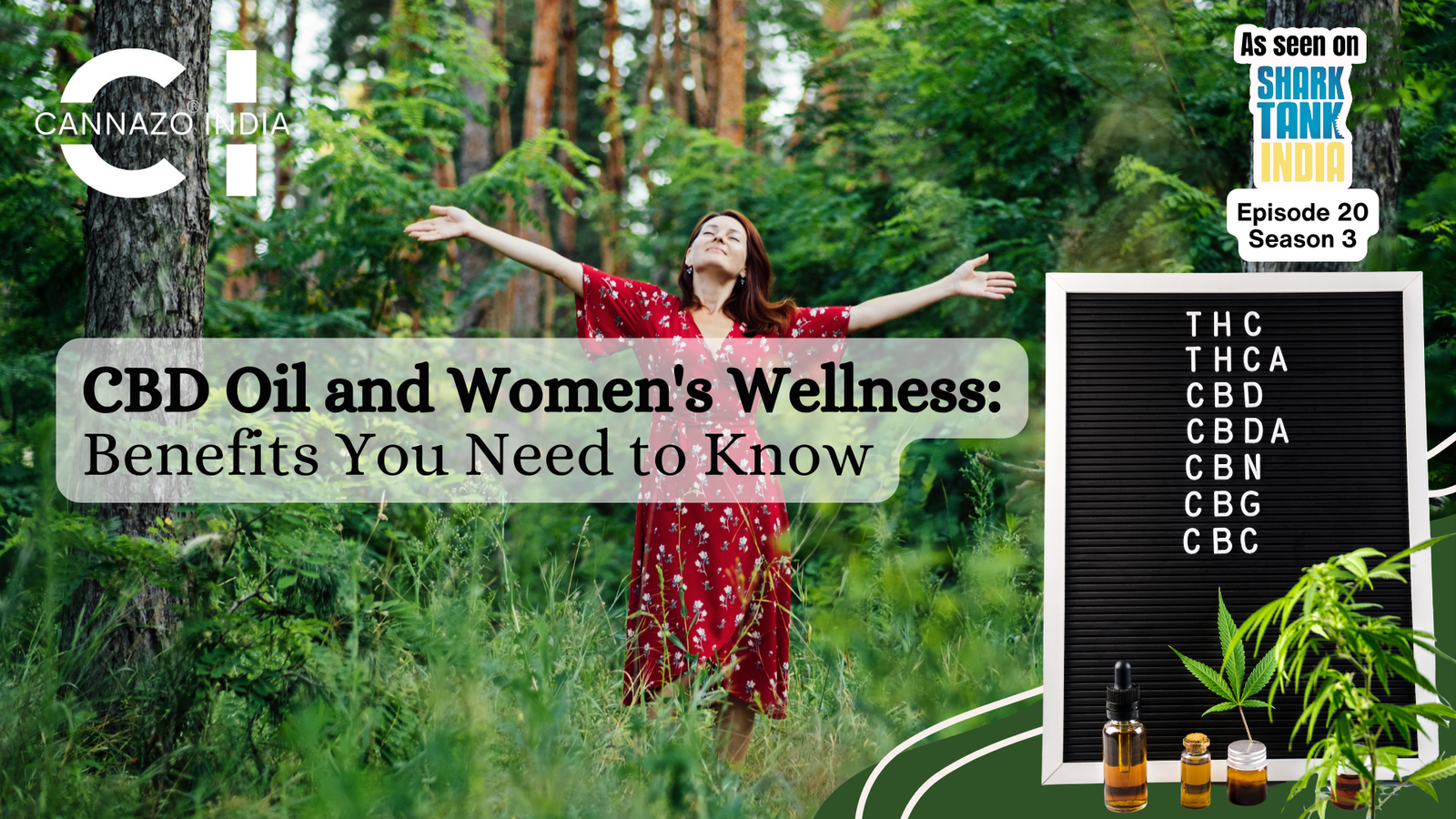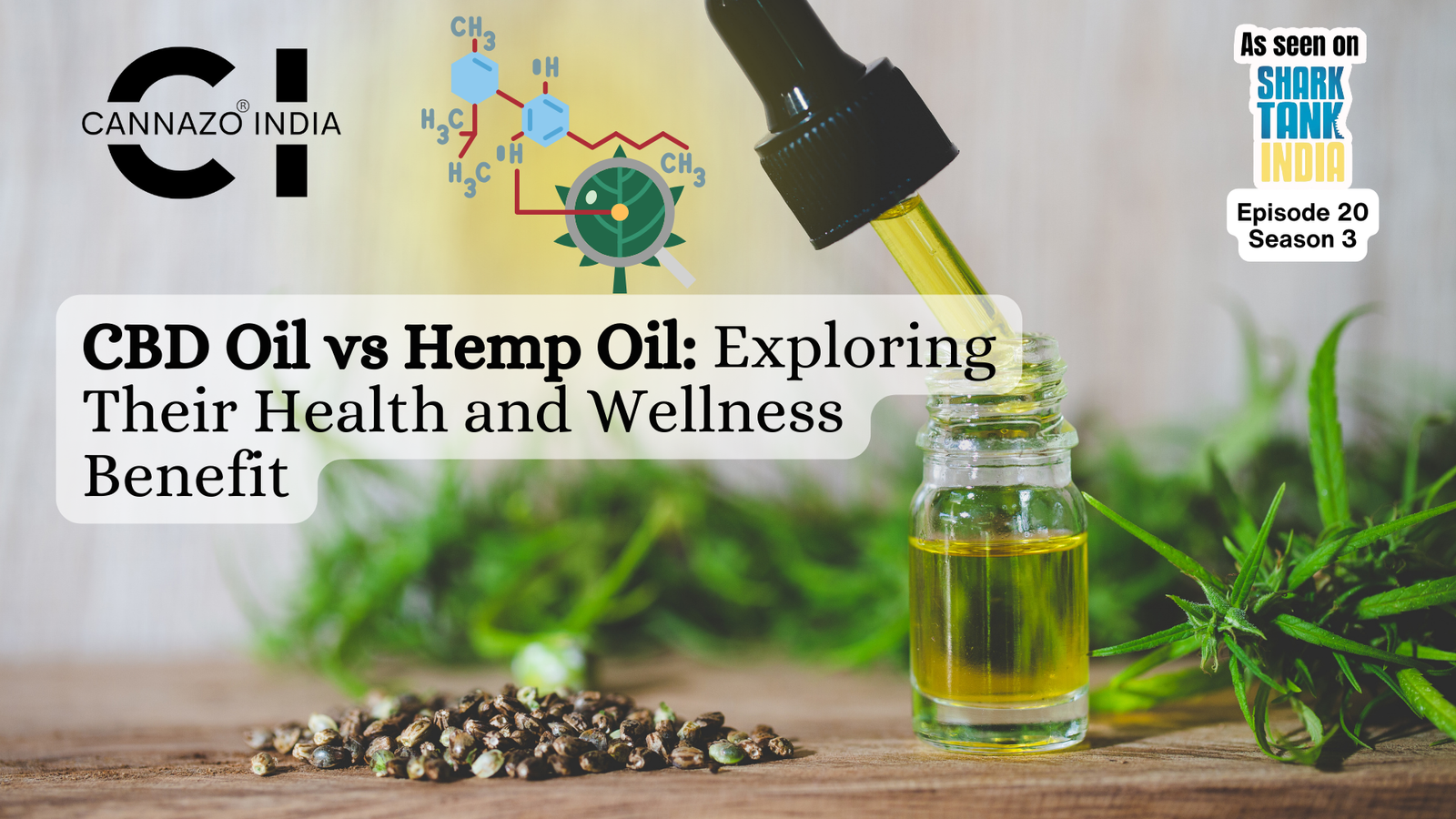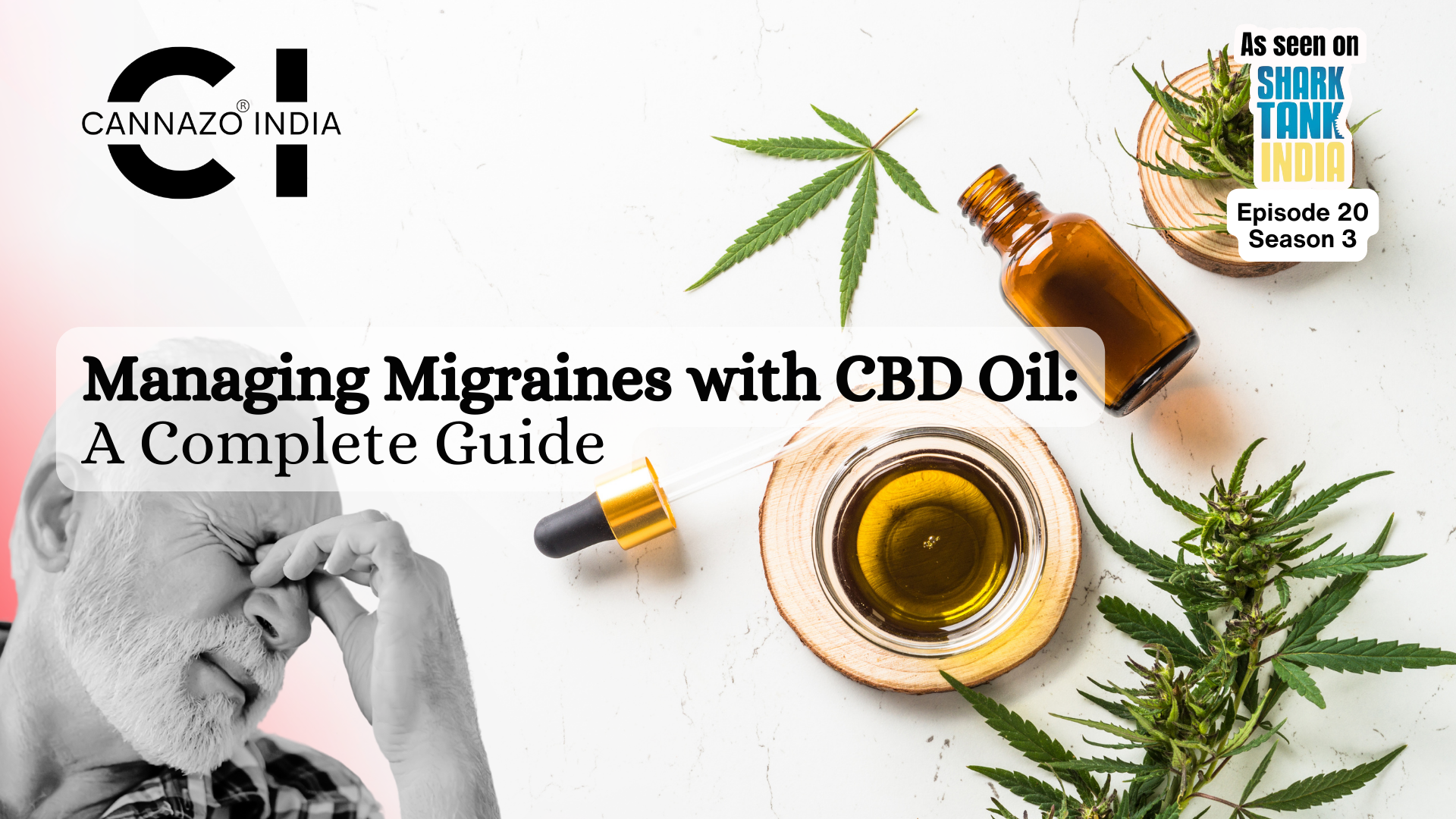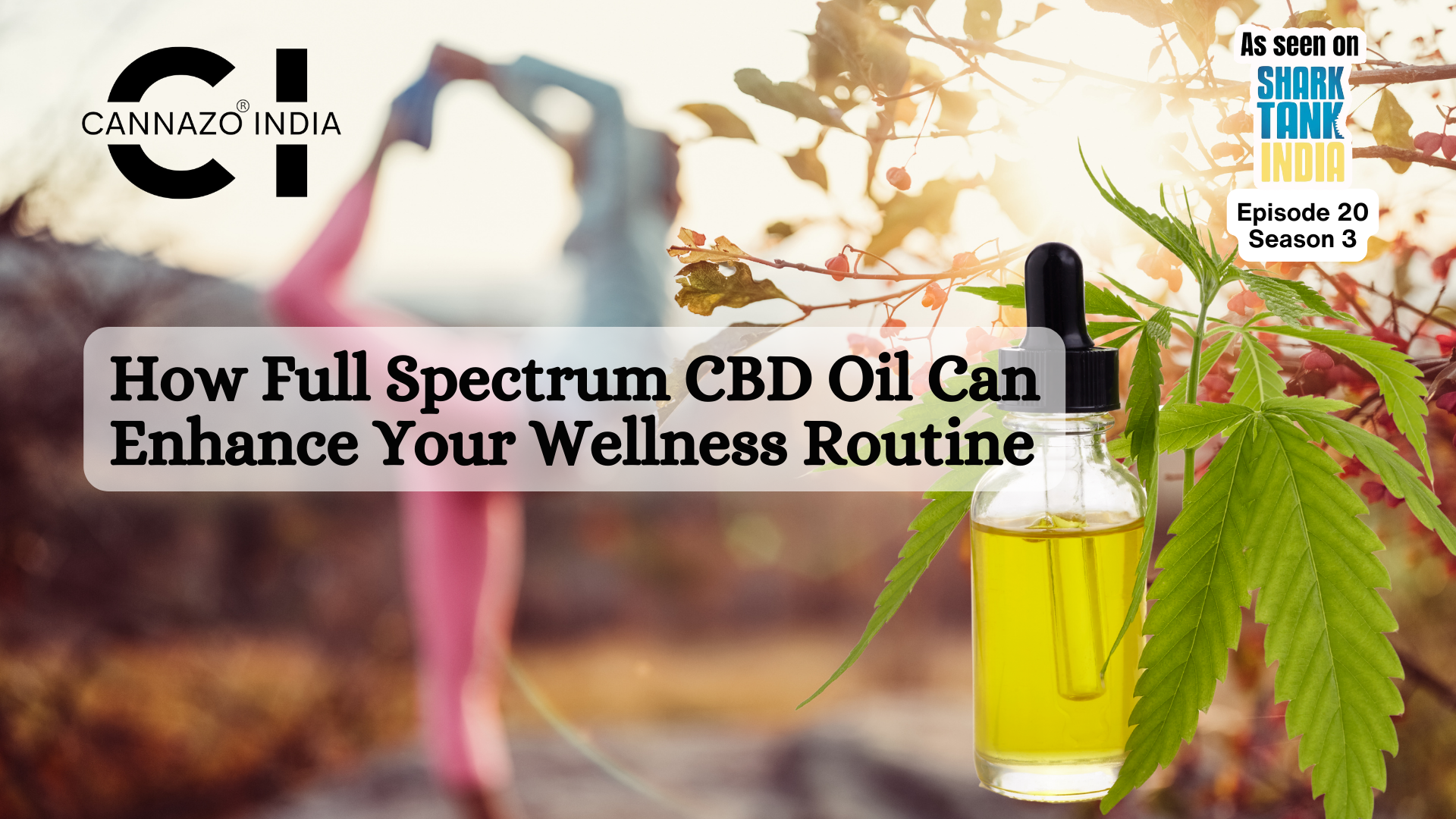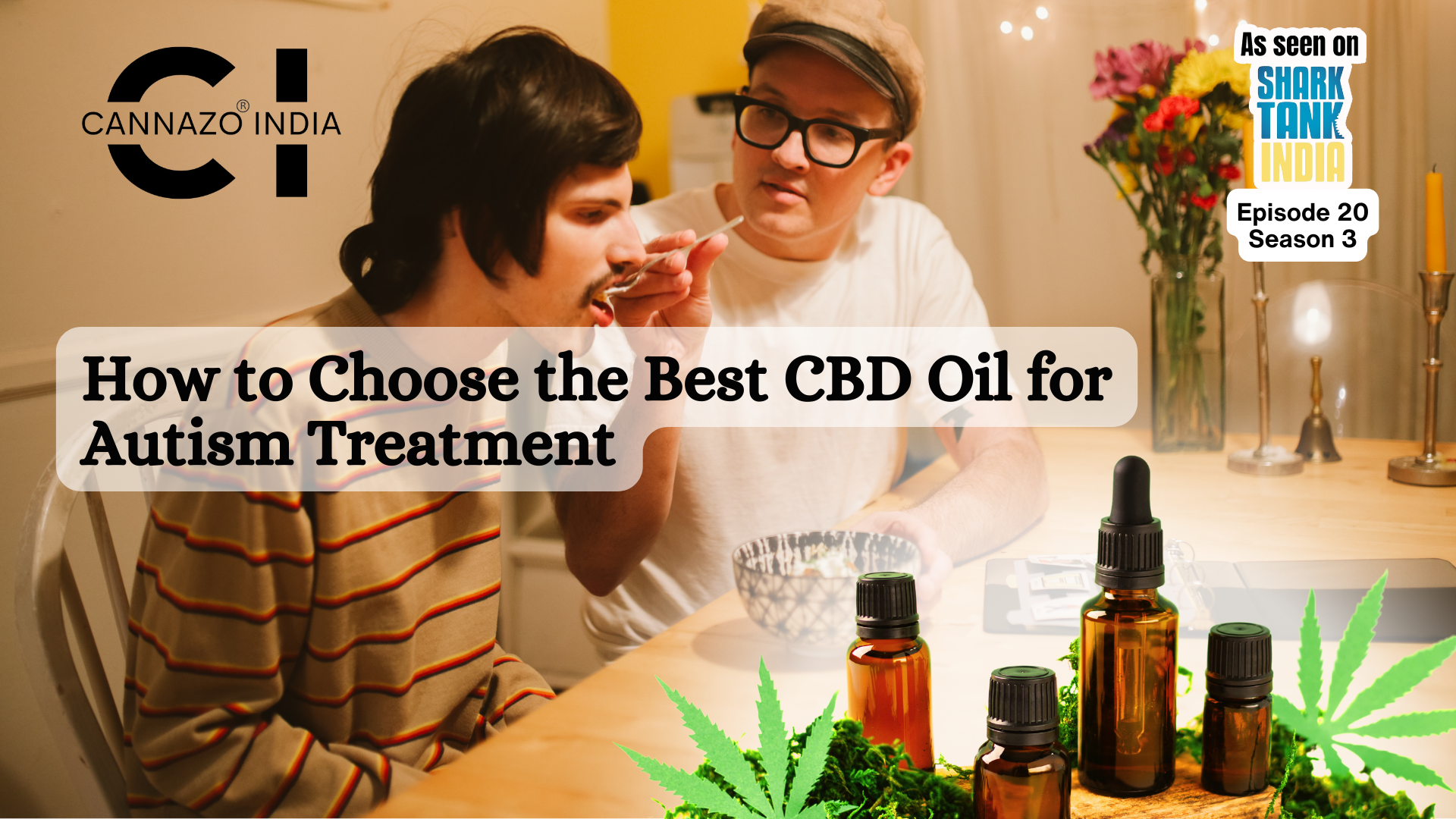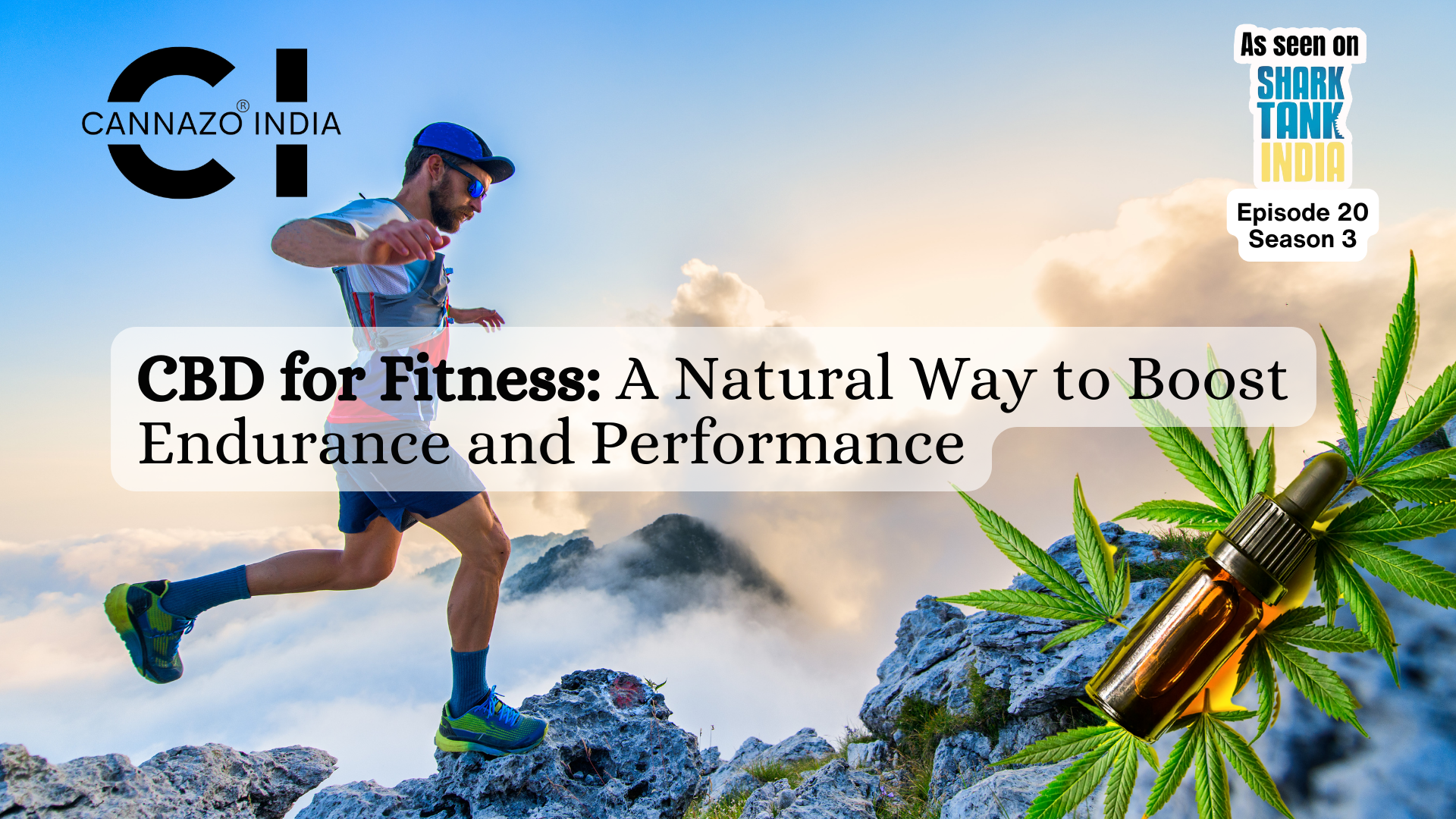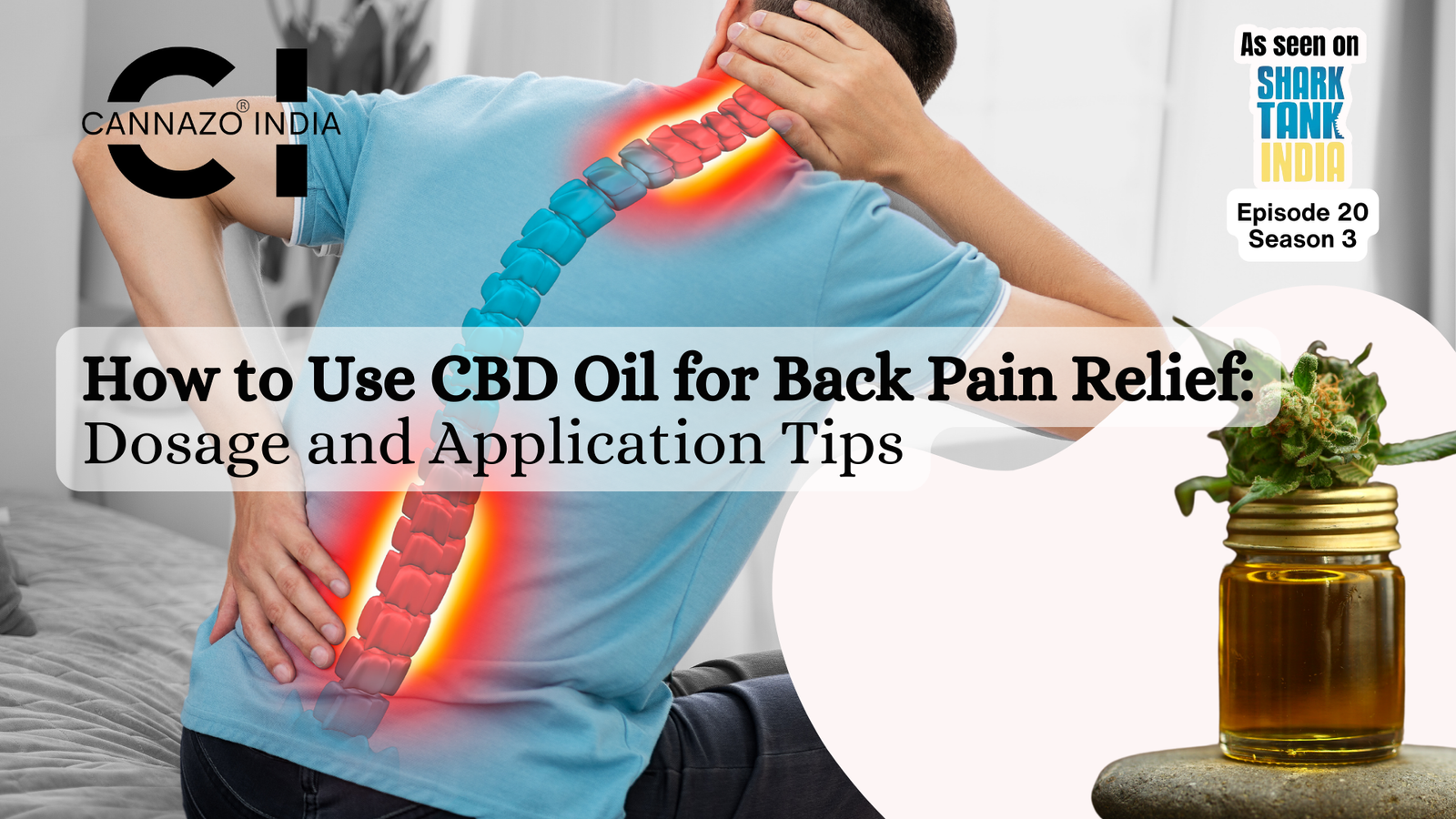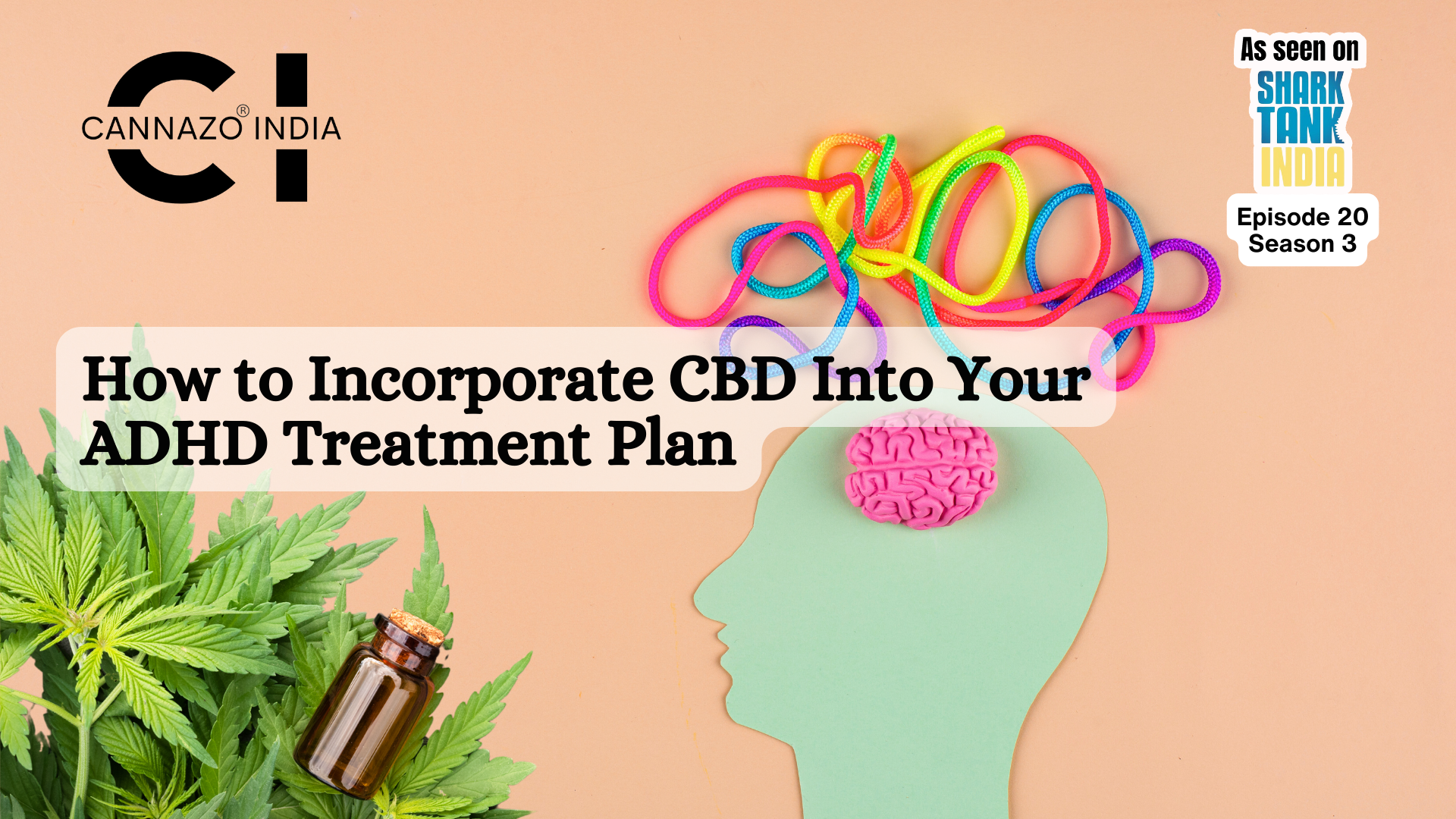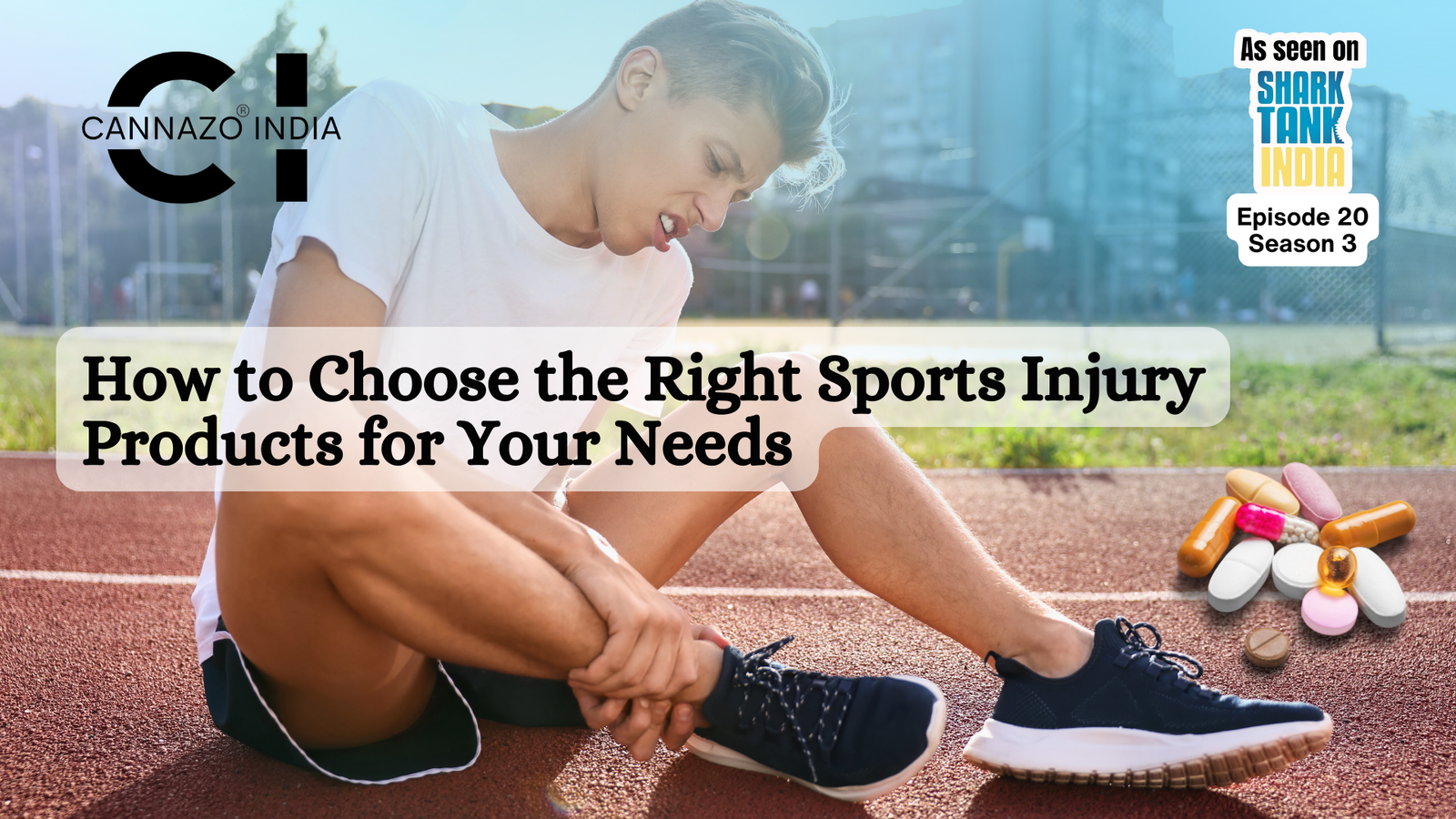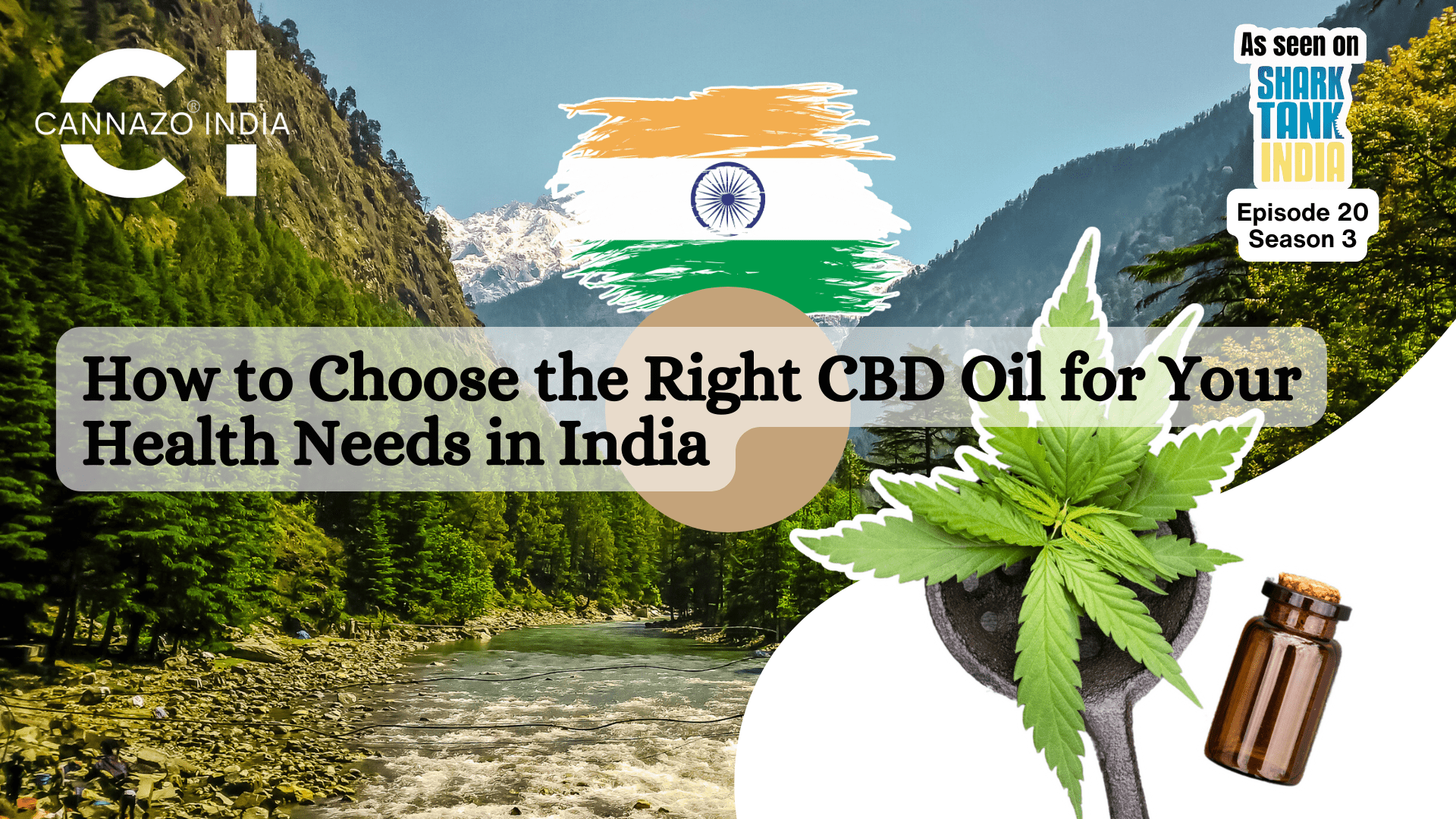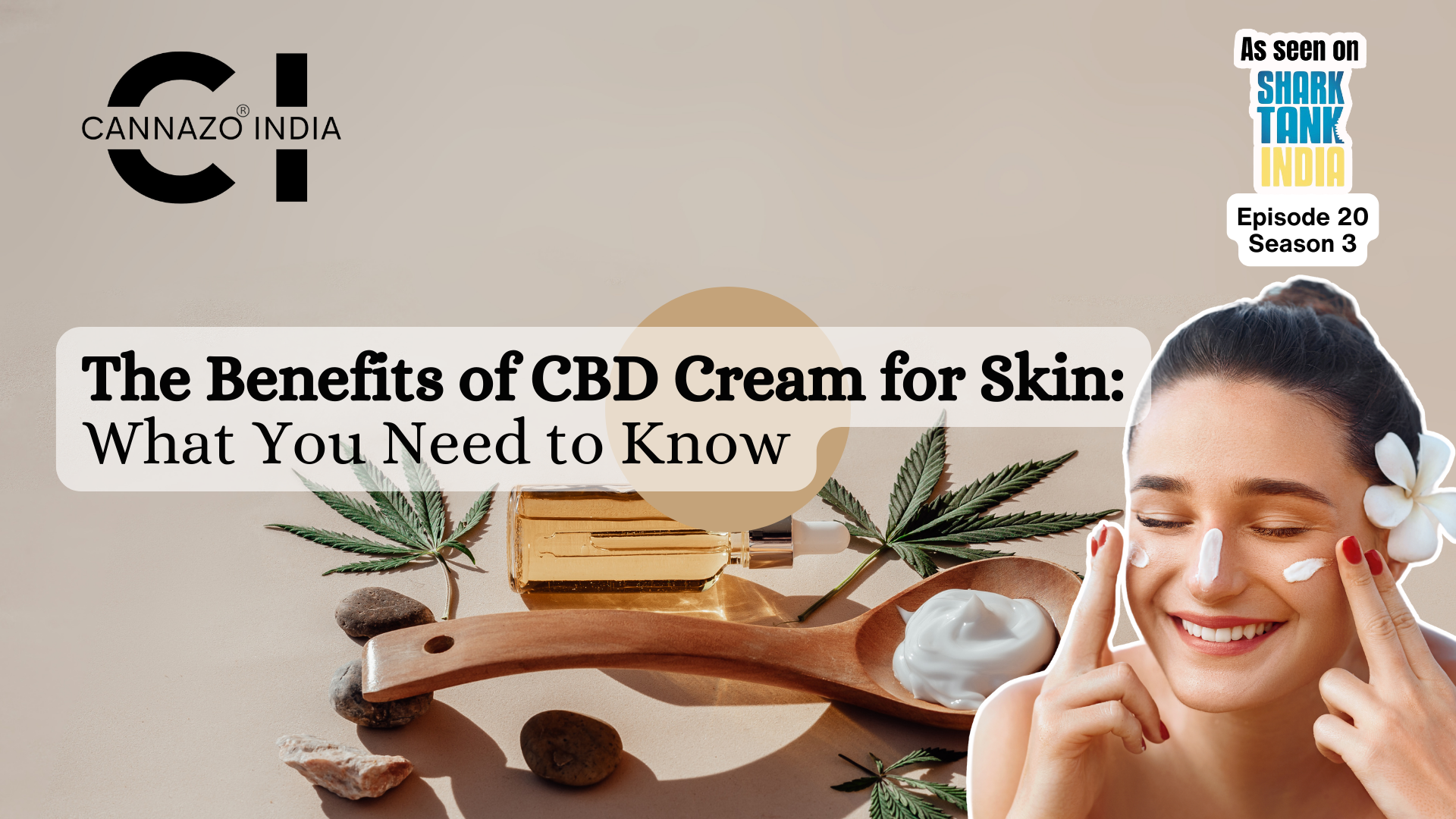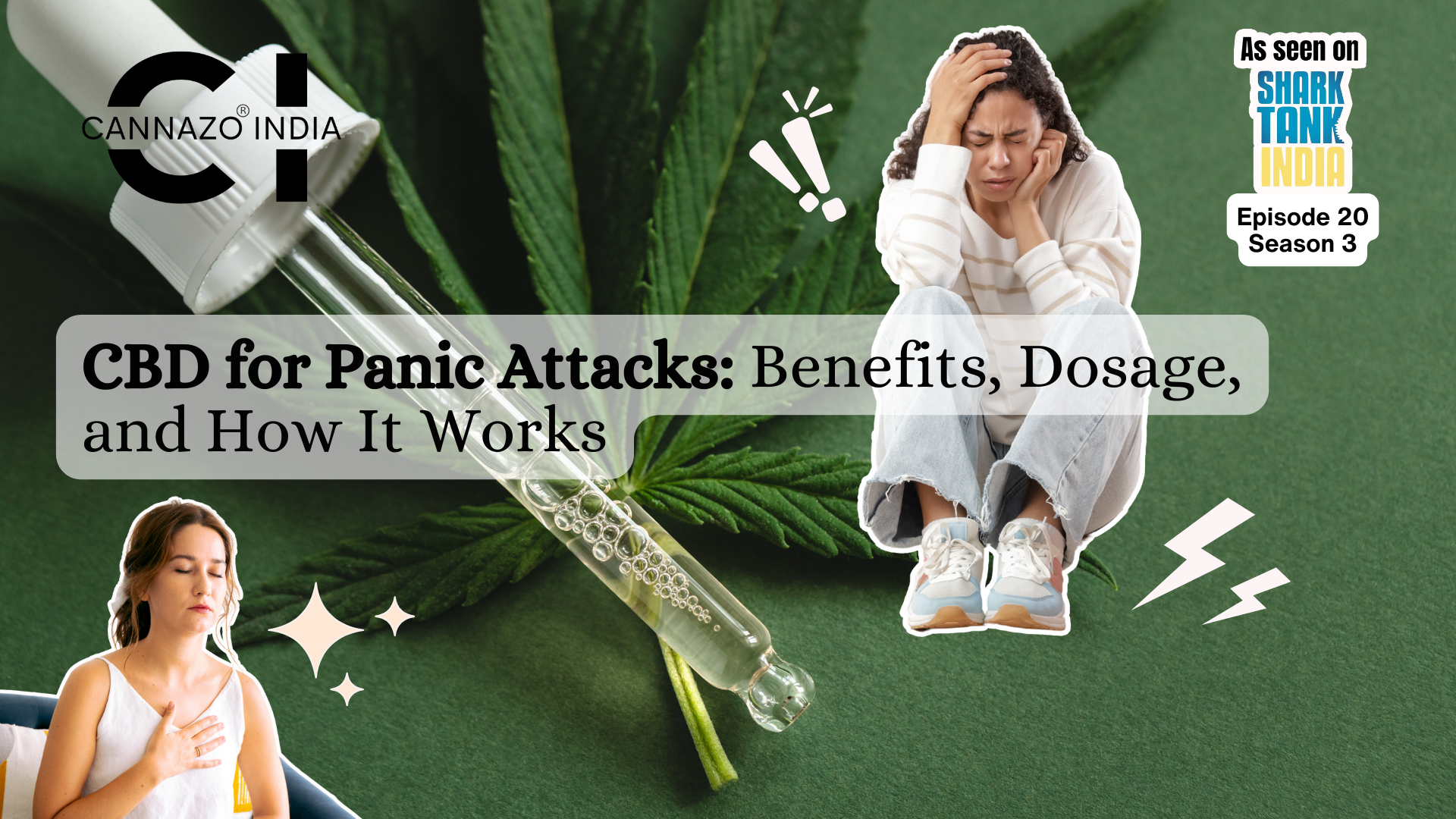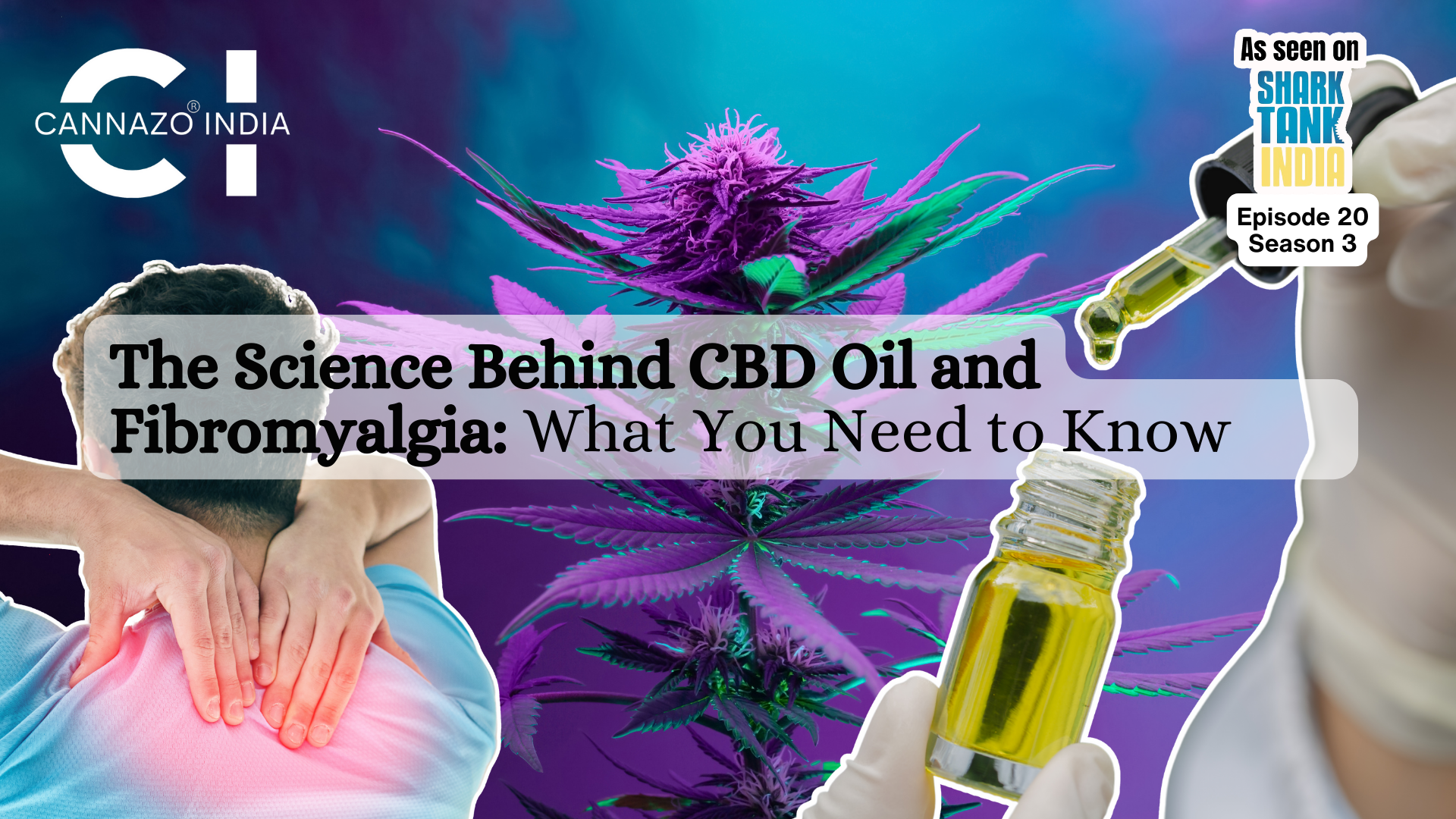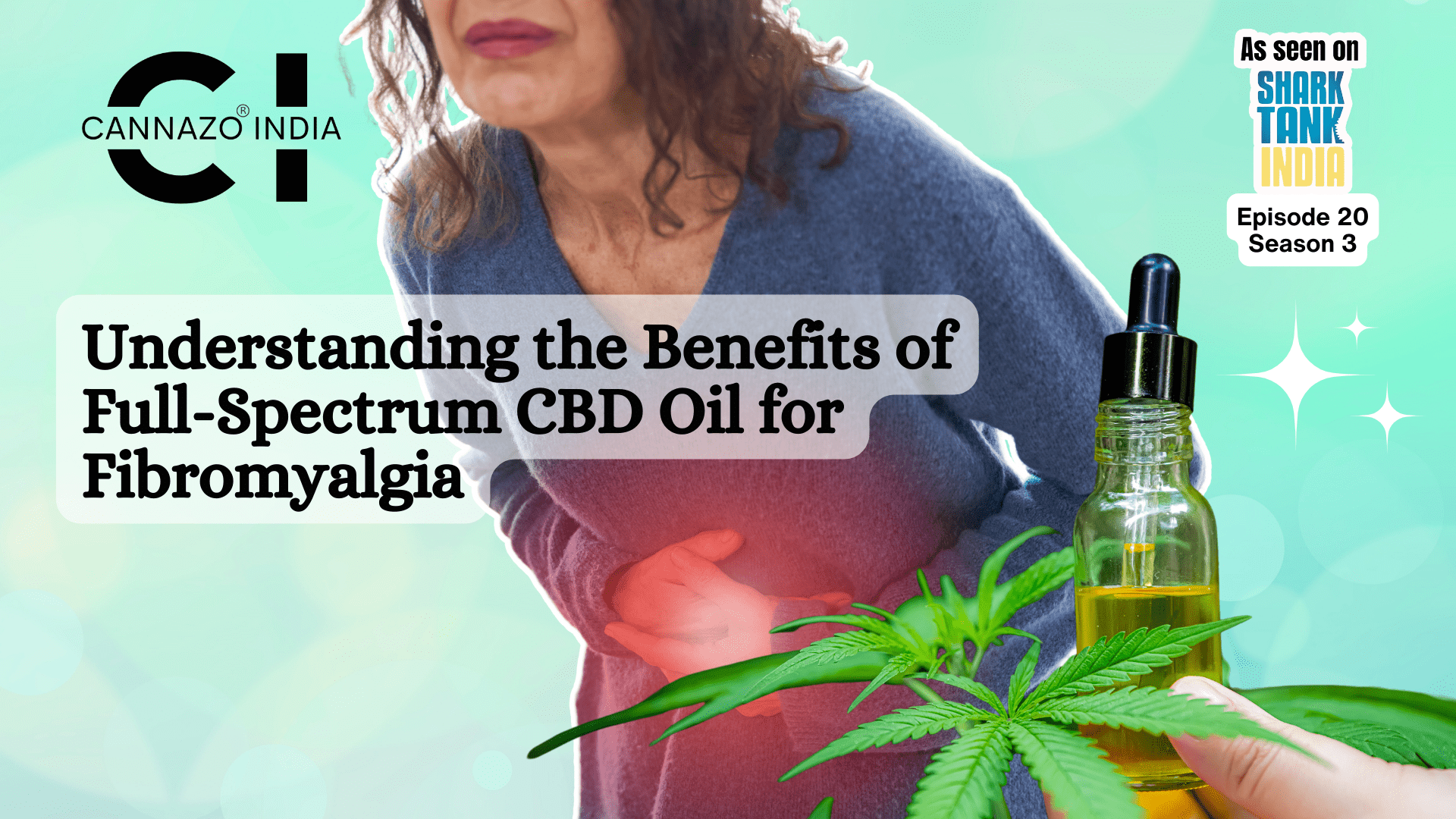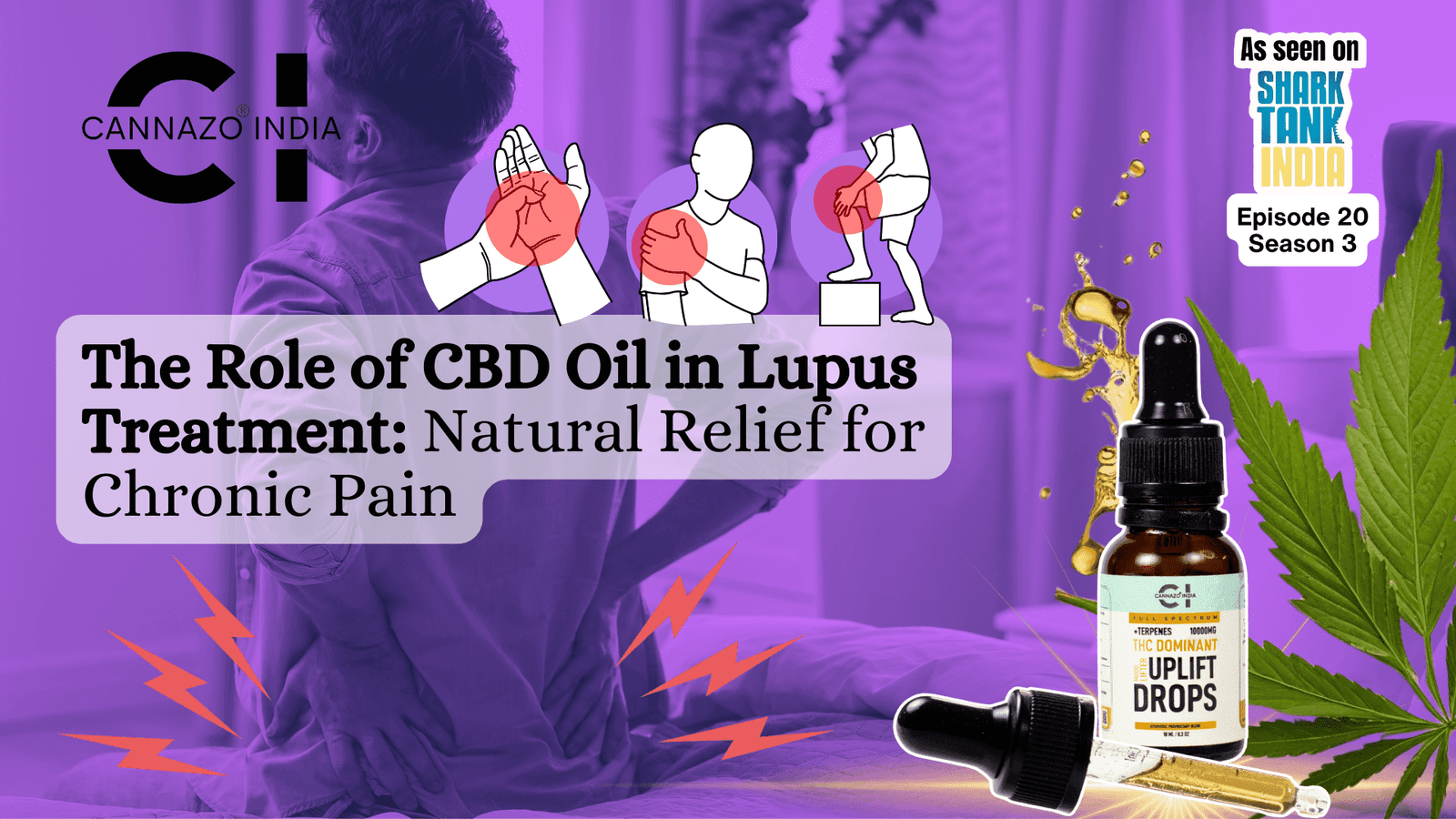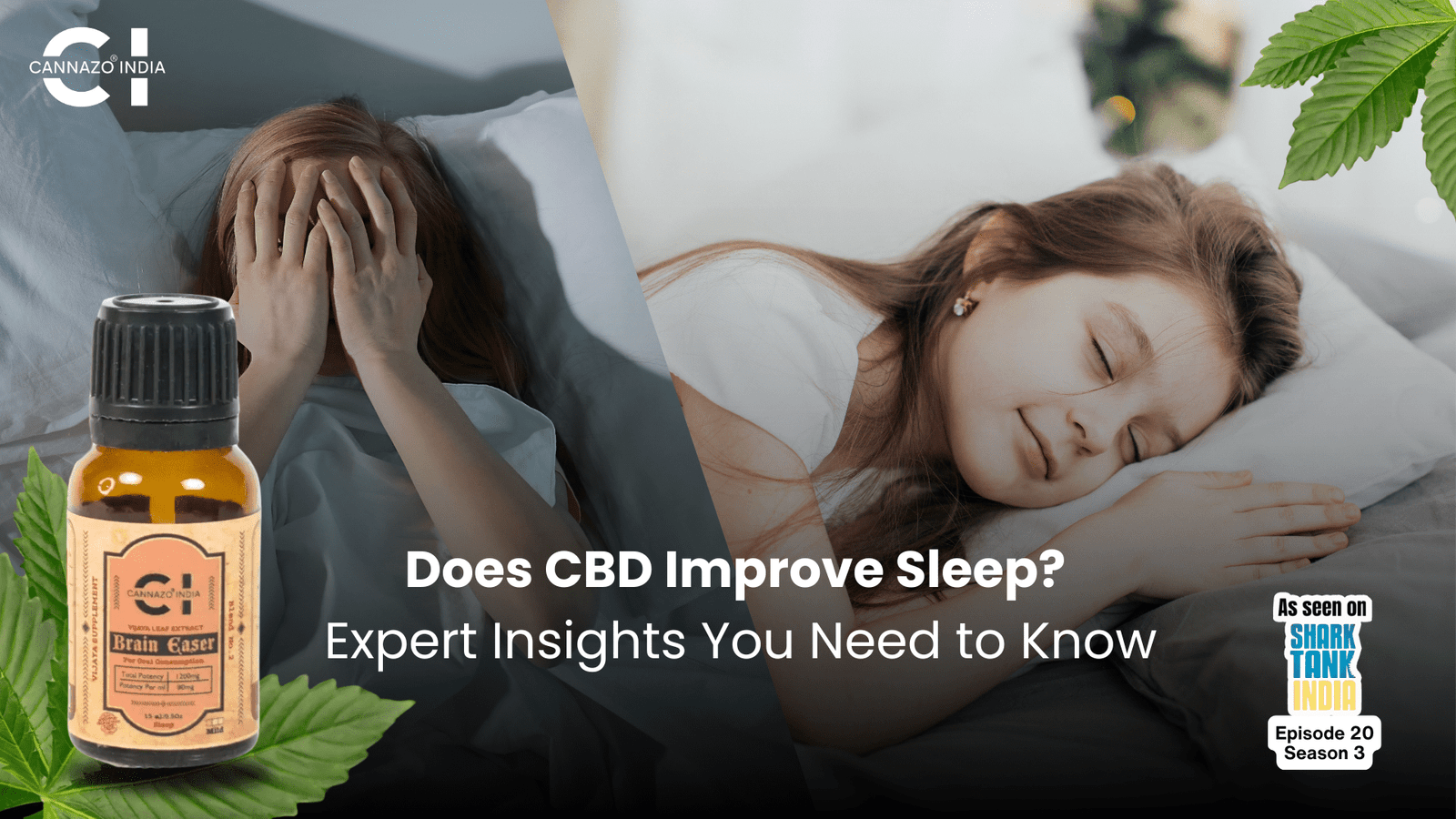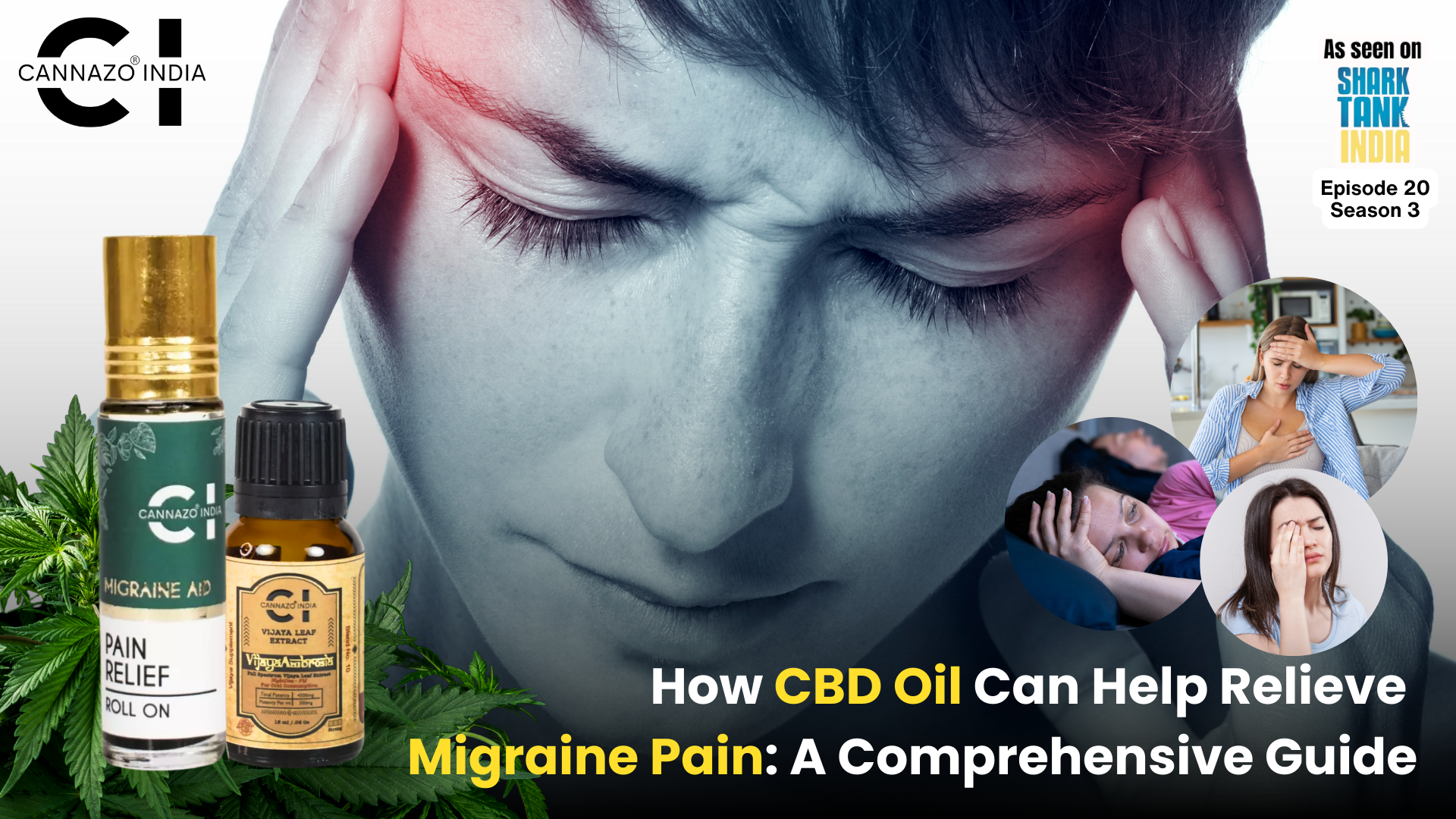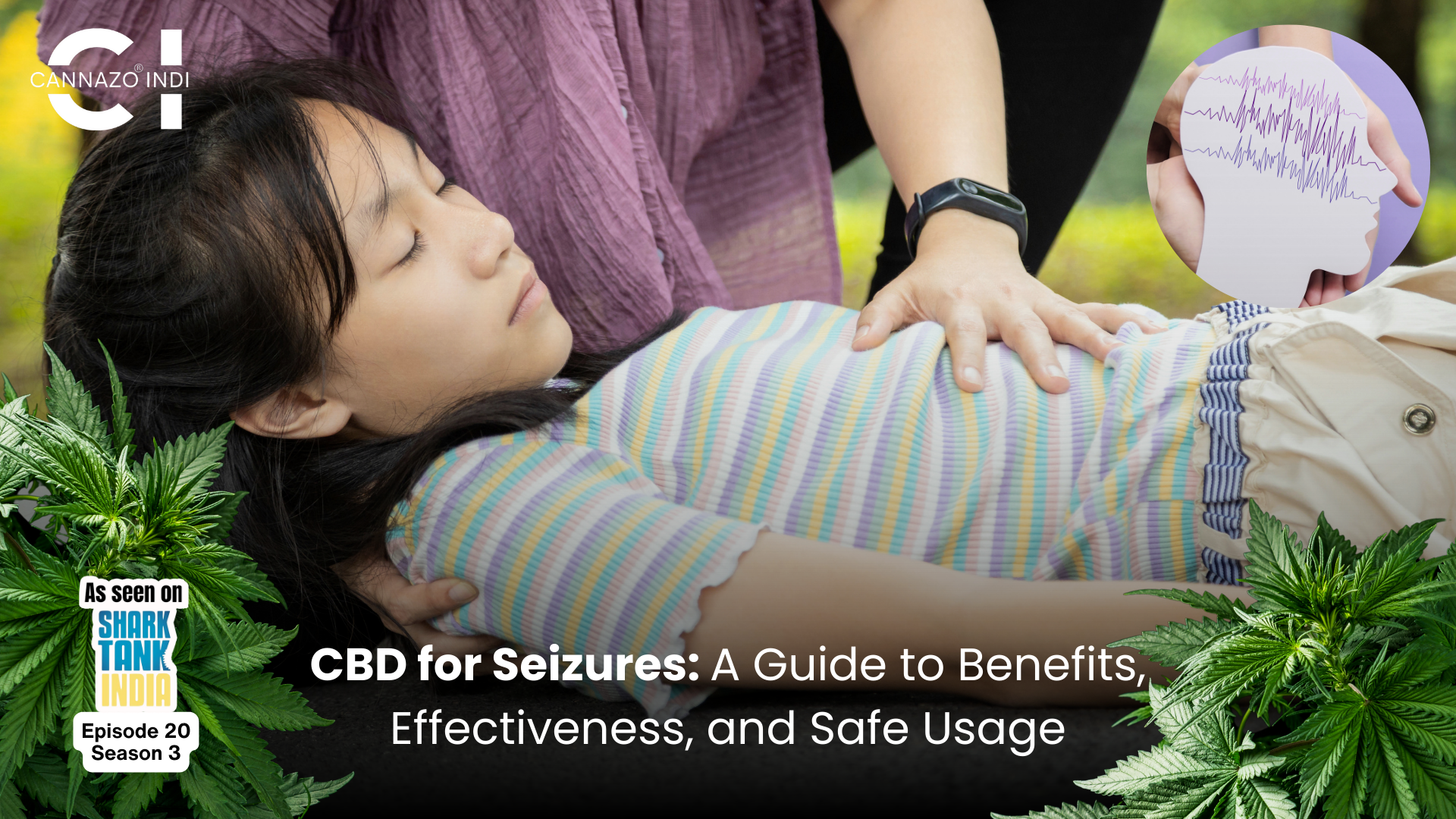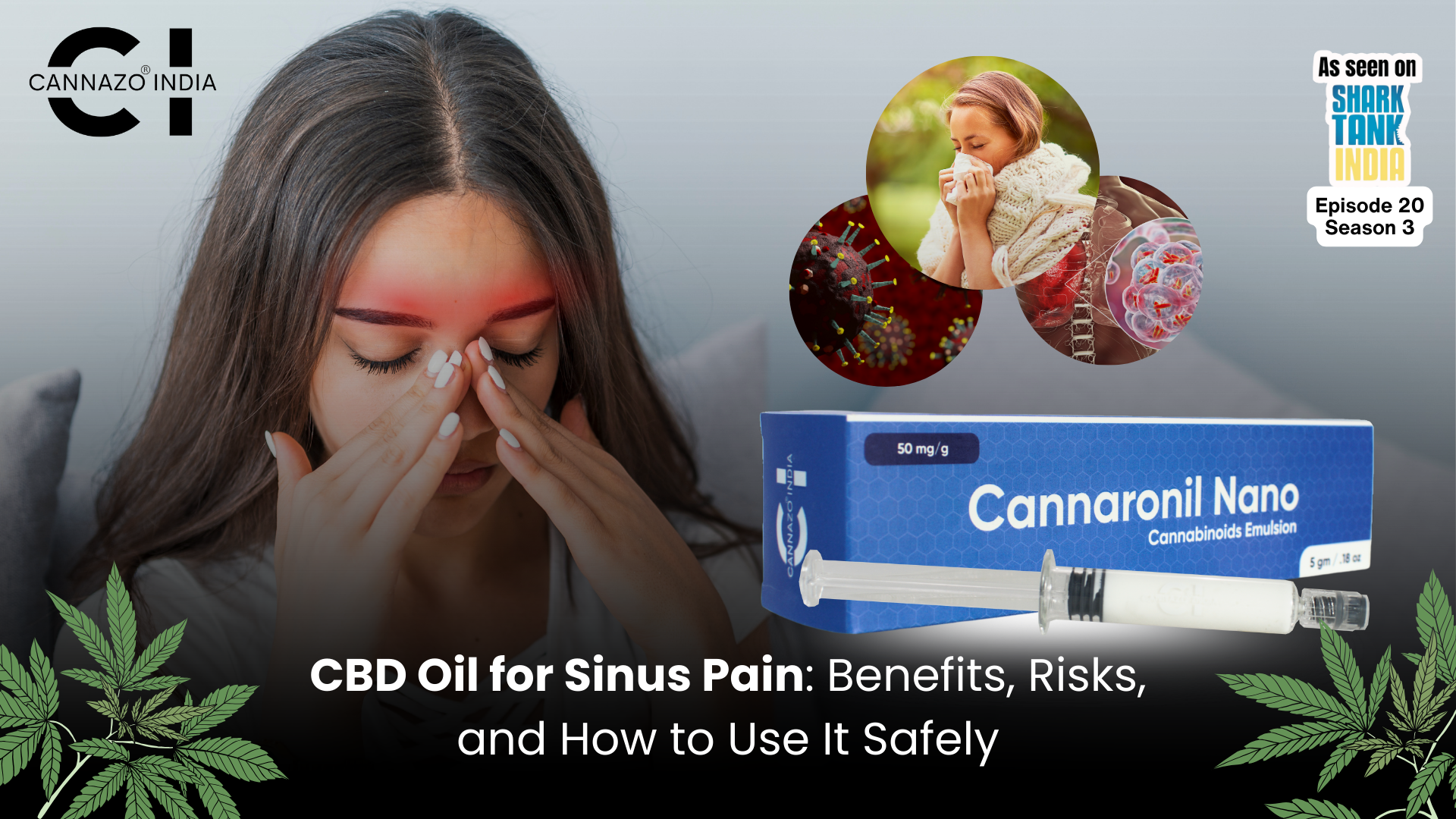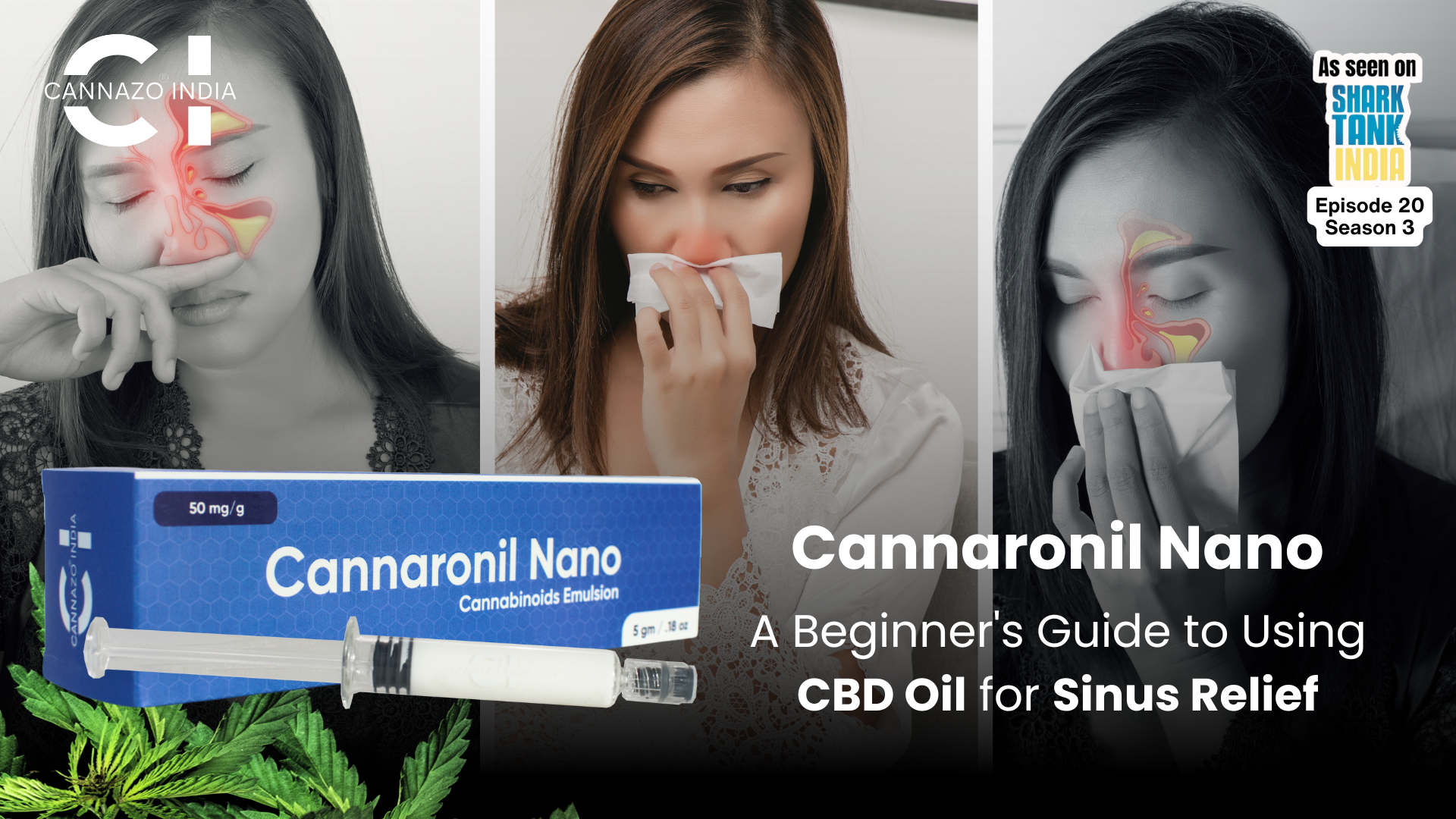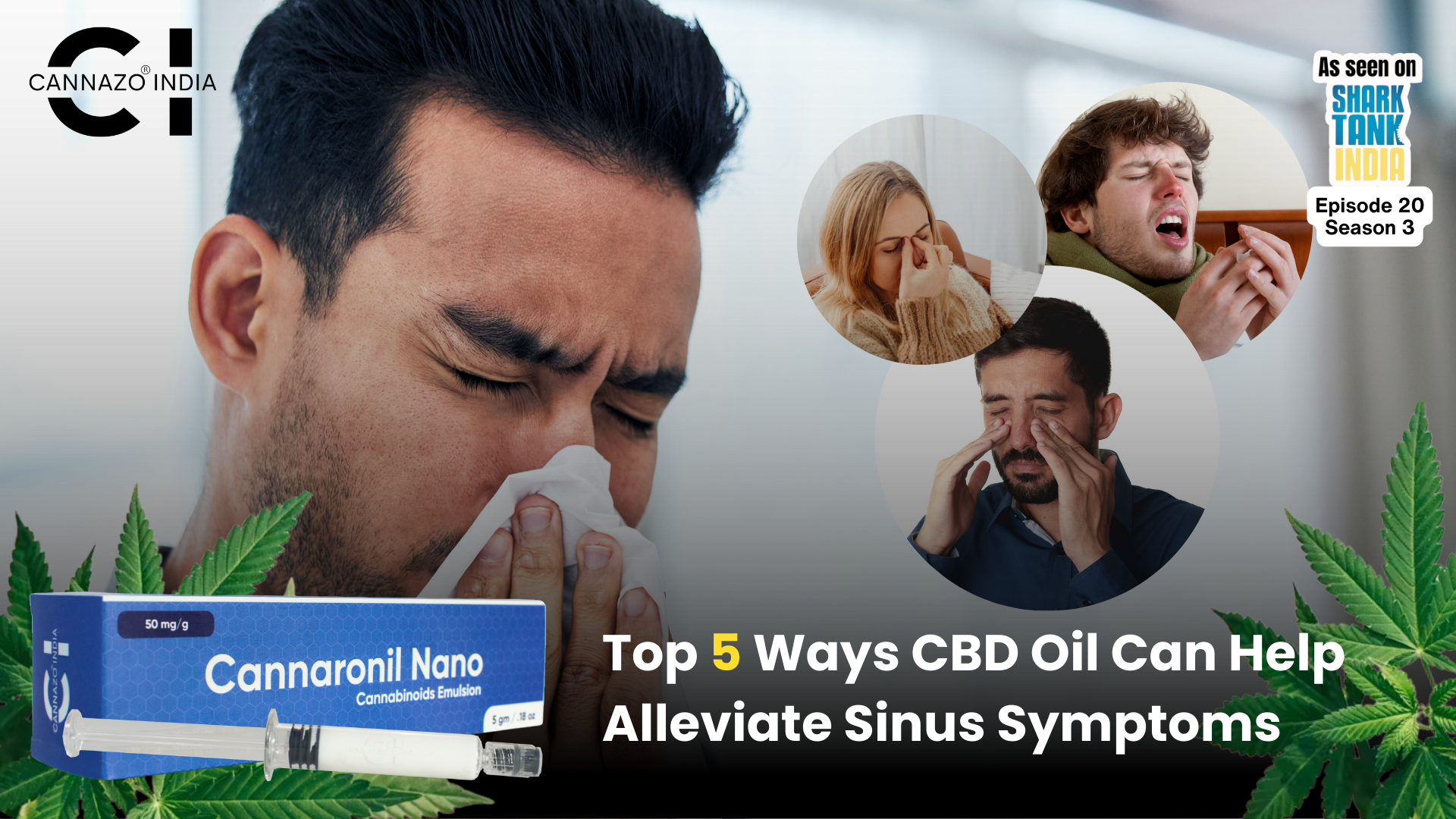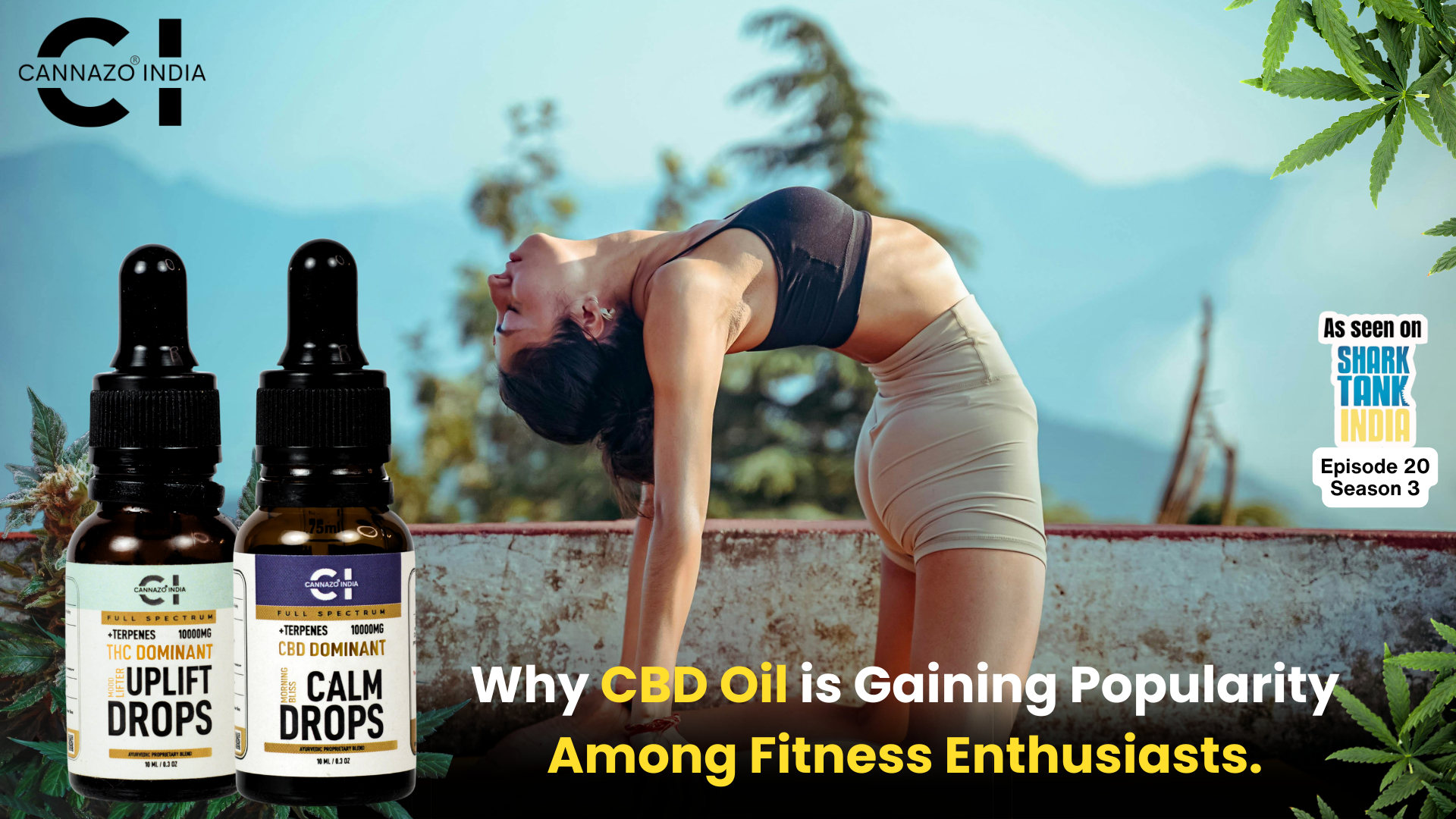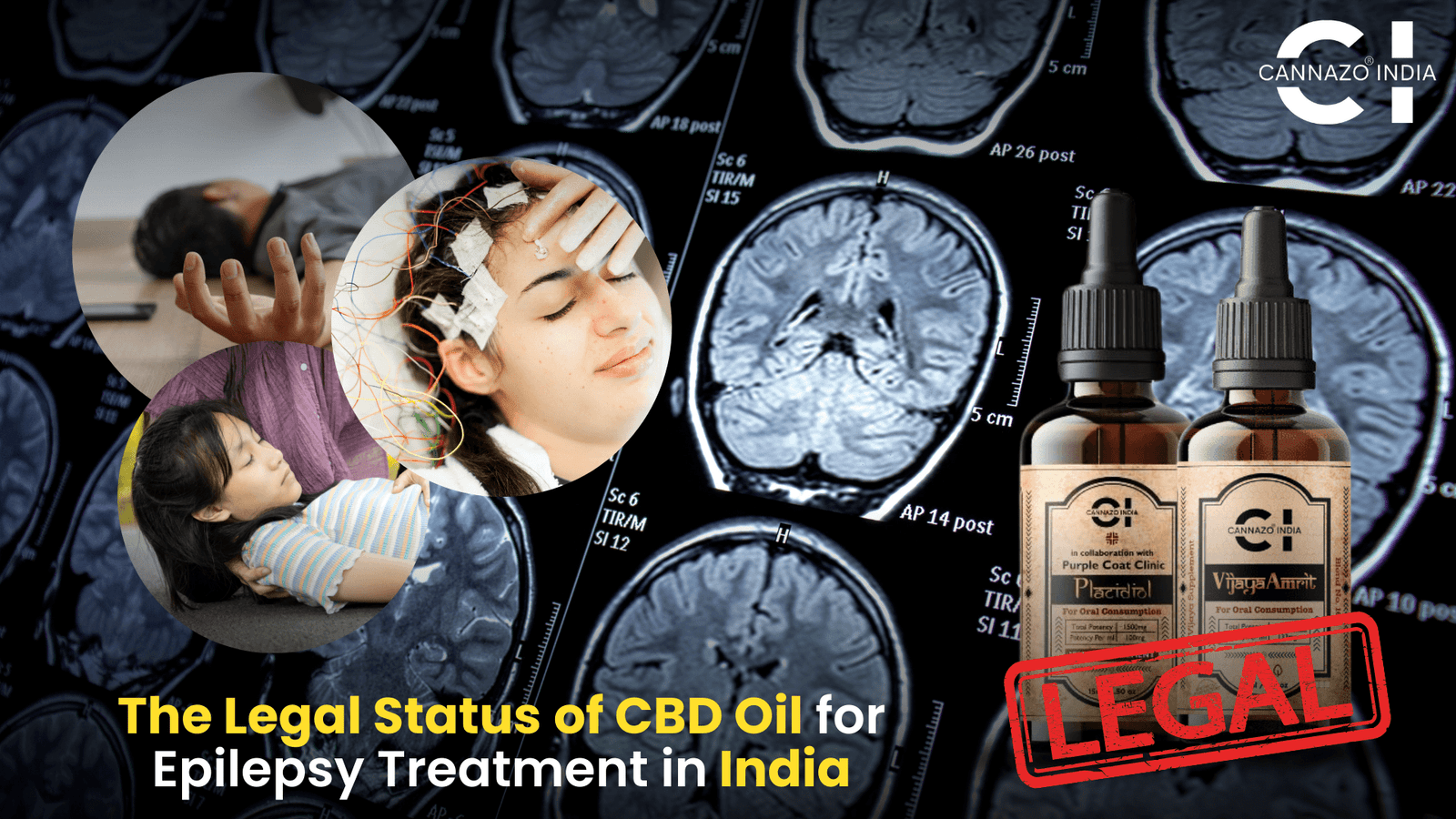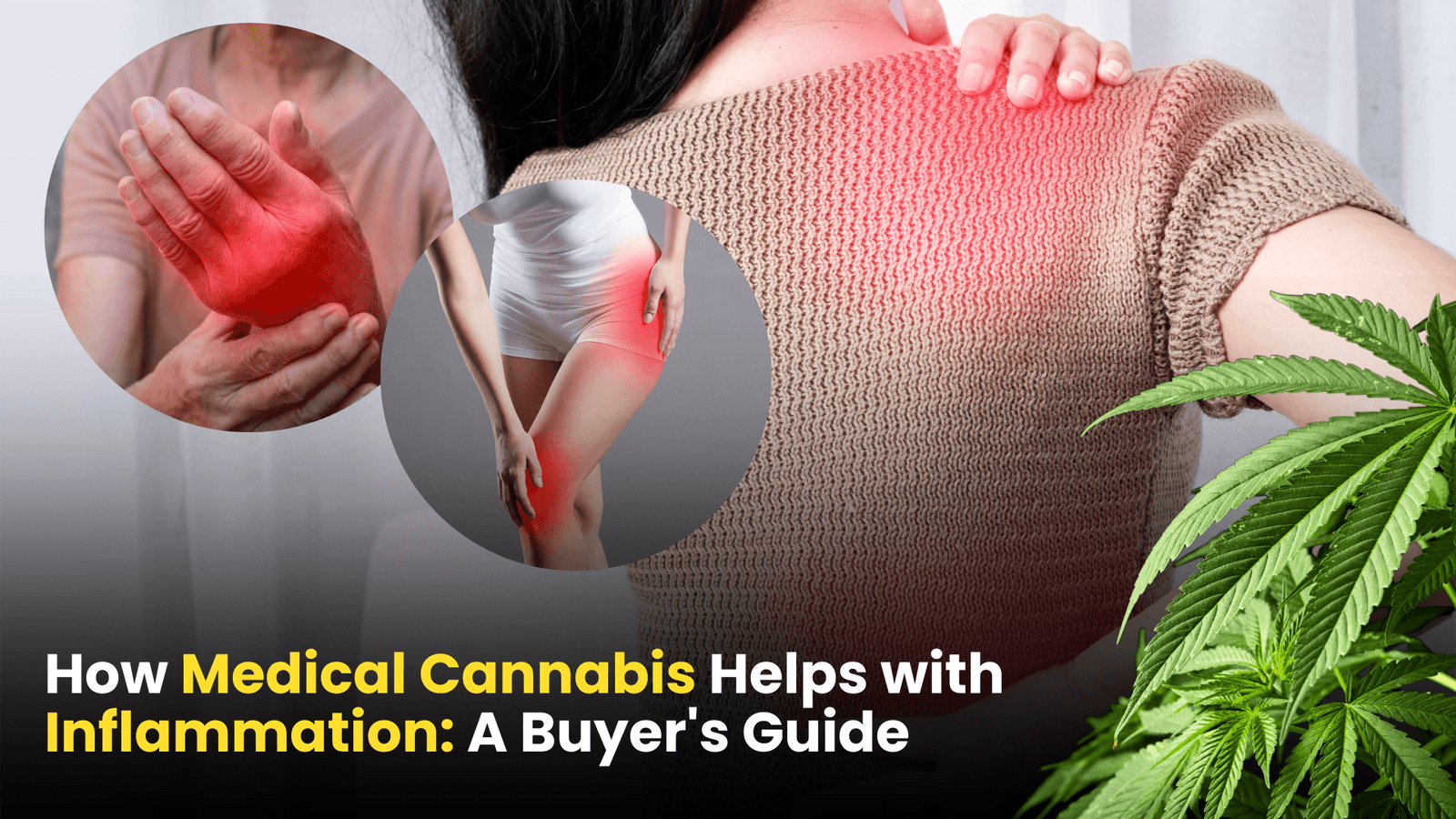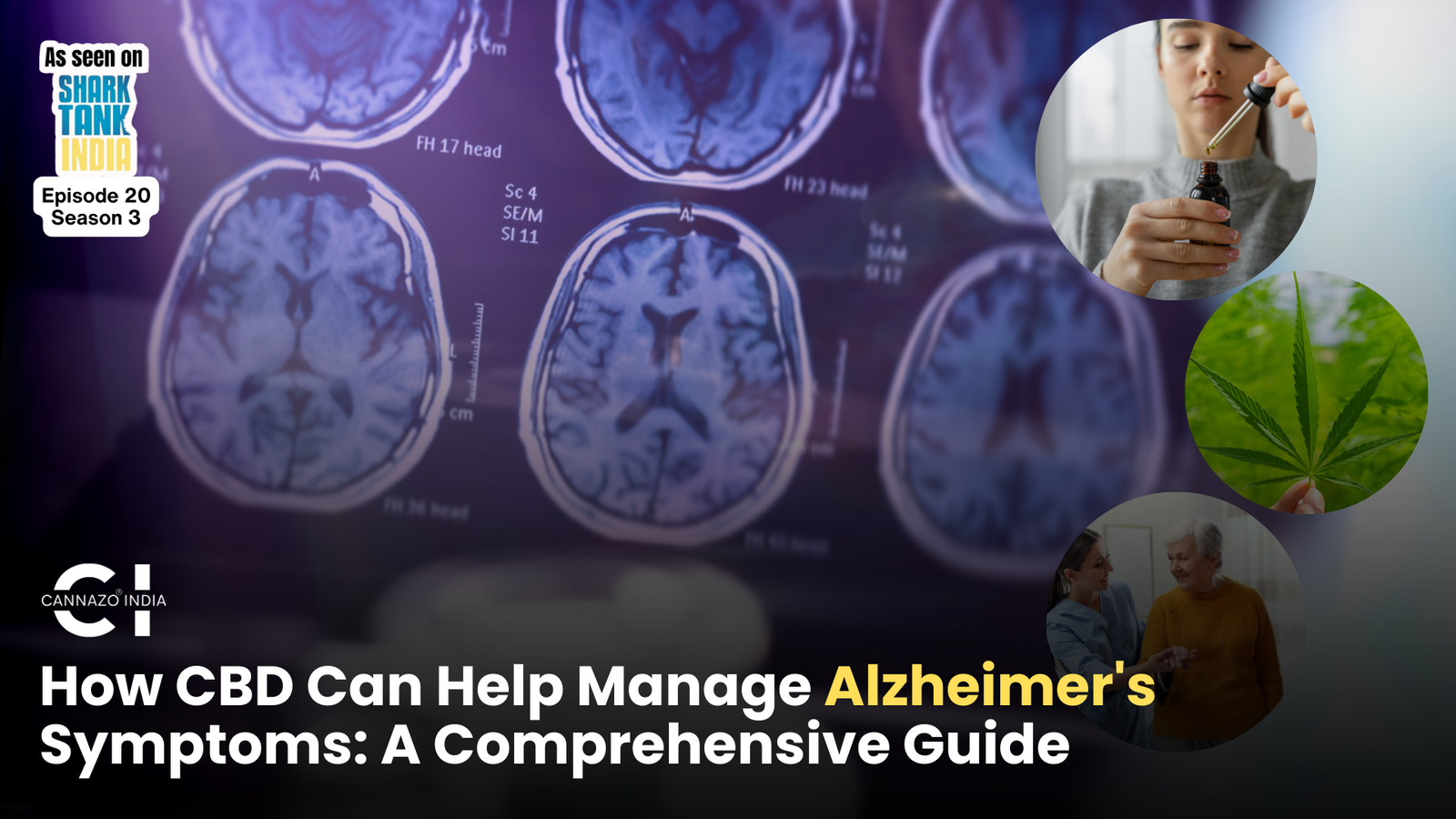Introduction
Cannabidiol (CBD) oil, derived from the hemp plant, has gained significant attention for its potential therapeutic benefits. While many associate CBD with anxiety relief and pain management, emerging research suggests it may also play a vital role in stimulating appetite. This is particularly beneficial for individuals facing challenges with eating due to medical conditions, treatments, or lifestyle factors. In this introduction, we’ll explore how CBD interacts with the body’s endocannabinoid system and its potential effects on appetite regulation, highlighting the importance of this natural remedy in promoting overall wellness.
Understanding Appetite Regulation
Appetite regulation is a complex process influenced by various factors, including hormonal signals, neural pathways, and psychological elements. Key hormones like ghrelin, leptin, and insulin are pivotal in signalling hunger and satiety. Ghrelin, often called the “hunger hormone,” increases appetite when the stomach is empty, while leptin, produced by fat cells, signals fullness.
The brain, particularly the hypothalamus, integrates these signals to maintain energy balance. Additionally, psychological factors, such as stress, emotions, and environmental cues, can significantly impact eating behaviours.
When appetite regulation is disrupted—due to conditions like cancer, HIV/AIDS, or eating disorders—individuals may experience reduced desire to eat, leading to weight loss and other health complications. Understanding this intricate system is crucial for exploring potential interventions, such as cannabidiol (CBD) oil, which may help restore appetite and promote healthier eating habits. [1]
What is Cannabidiol (CBD)?
Cannabidiol (CBD) is a naturally occurring compound found in the cannabis plant, specifically in hemp. Unlike tetrahydrocannabinol (THC), another well-known compound in cannabis, CBD is non-psychoactive, meaning it does not produce the “high” associated with marijuana use.
CBD interacts with the body’s endocannabinoid system (ECS), a complex network of receptors that help regulate various physiological processes, including mood, pain, and appetite. By influencing these receptors, CBD may promote balance and support overall well-being.
The Science Behind CBD and Appetite
The relationship between cannabidiol (CBD) and appetite regulation involves several biological mechanisms, primarily linked to the endocannabinoid system (ECS).
- Endocannabinoid System (ECS): The ECS plays a crucial role in regulating various bodily functions, including hunger and metabolism. It consists of receptors (CB1 and CB2), endocannabinoids (naturally produced by the body), and enzymes. CBD primarily interacts with the CB1 receptors, which are predominantly found in the brain and are involved in appetite control.
- Hormonal Regulation: CBD may influence the release of hormones related to hunger. For instance, it has been shown to potentially increase levels of ghrelin, the hormone that stimulates appetite, while also impacting leptin, the hormone responsible for signalling satiety. This dual action could help enhance the desire to eat.
- Stress and Anxiety Reduction: Many people experience reduced appetite due to stress and anxiety. CBD is known for its anxiolytic properties, which can help alleviate stress and create a more conducive environment for eating. By promoting relaxation, CBD may indirectly boost appetite in those who struggle to eat due to psychological factors.
- Inflammation and Pain Relief: For individuals dealing with chronic pain or inflammation, the discomfort can diminish appetite. CBD’s anti-inflammatory and analgesic properties may help relieve these symptoms, making it easier for individuals to eat.
- Potential for Treating Conditions: Research has indicated that CBD may be beneficial for individuals undergoing treatments that affect appetite, such as chemotherapy in cancer patients. By stimulating appetite, CBD could improve quality of life and support nutritional intake during challenging times. [3],[4]
Benefits of Using CBD for
Appetite Stimulation
CBD interacts with both the brain and the body, influencing various systems involved in hunger regulation. By modulating hormone levels, particularly those related to appetite, CBD may effectively encourage eating.
Key points include:
- Mechanism of Action: CBD affects the endocannabinoid system, which plays a critical role in appetite regulation.
- Effects on Hormones: The compound can increase ghrelin, the “hunger hormone,” while potentially affecting other appetite-related hormones.
- Therapeutic Potential: CBD may be particularly beneficial for individuals experiencing appetite loss due to medical treatments or conditions.[5],[4]
Anxiety and Stress relief
Cannabidiol (CBD) has gained attention for its potential therapeutic effects on anxiety and stress. Here are some key benefits:
- Anxiolytic Properties: CBD may help reduce anxiety symptoms by interacting with serotonin receptors in the brain, which play a crucial role in mood regulation.
- Calming Effects: Many users report a sense of calm and relaxation after taking CBD, which can be beneficial for those experiencing stress or anxiety.
- Natural Alternative: For those seeking non-pharmaceutical options, CBD offers a natural alternative for managing anxiety and stress, making it appealing to individuals looking for holistic approaches.
- Enhanced Focus: By alleviating anxiety, CBD can help improve focus and concentration, allowing individuals to better manage daily tasks. [6]
Medical conditions
- Chronic Pain: Its anti-inflammatory properties can help alleviate chronic pain from conditions like arthritis, fibromyalgia, and multiple sclerosis.
- Epilepsy: CBD has been shown to reduce the frequency of seizures in certain types of epilepsy, particularly in treatment-resistant cases like Dravet syndrome and Lennox-Gastaut syndrome.
- Sleep Disorders: By promoting relaxation and reducing anxiety, CBD may improve sleep quality and help manage insomnia.
- Post-Traumatic Stress Disorder (PTSD): Preliminary studies suggest that CBD can help manage PTSD symptoms, including anxiety and flashbacks.
- Inflammatory Conditions: CBD’s anti-inflammatory effects may benefit those with conditions like Crohn’s disease, colitis, and other inflammatory disorders.
- Neurological Disorders: Research indicates that CBD may have neuroprotective properties, potentially benefiting conditions like Alzheimer’s disease and Parkinson’s disease.
- Substance Abuse Disorders: CBD may help reduce cravings and withdrawal symptoms in individuals recovering from addiction.
- Cancer Treatment Side Effects: CBD may alleviate nausea and vomiting associated with chemotherapy, as well as stimulate appetite in patients undergoing cancer treatment.
- Skin Conditions: Its anti-inflammatory properties can also help treat skin conditions like acne and eczema.
Different forms of CBD oil
CBD oil comes in various forms, each with its method of use and benefits. Here are some common types:
- CBD Oil Tinctures: Typically mixed with a carrier oil (like MCT oil) and taken sublingually (under the tongue).
- CBD Capsules: Pre-measured doses in pill form. They provide a convenient way to consume CBD but may take longer to take effect compared to tinctures.
- CBD Edibles: Gummies, chocolates, and other food products infused with CBD. These are tasty and easy to consume but may have delayed effects due to digestion.
- CBD Topicals: Creams, balms, and lotions infused with CBD, designed for localized relief. They’re absorbed through the skin and can target specific areas of pain or inflammation.
- CBD Vape Oil: CBD infused into e-liquids for use in vape pens. This method allows for quick absorption into the bloodstream but may not be suitable for everyone due to potential respiratory issues.
- CBD Beverages: Drinks infused with CBD, such as teas, coffees, or sparkling waters. These provide an easy and enjoyable way to consume CBD. [7]
Types of CBD oil
- Full-Spectrum CBD Oil: Contains all cannabinoids, terpenes, and flavonoids found in the cannabis plant, including trace amounts of THC (usually below 0.3%). This form is believed to provide an “entourage effect,” enhancing overall effectiveness.
- Broad-Spectrum CBD Oil: Similar to full-spectrum but without THC. It retains other cannabinoids and terpenes, making it a good option for those who want the benefits of multiple compounds without THC.
- Isolate: Contains only CBD and can be used by those who want to avoid THC entirely or prefer a product with no flavour or aroma.
Dosage and Usage
When it comes to the dosage and usage of CBD, there are several key factors to consider:
Dosage
- Start Low and Go Slow: It’s often recommended to start with a low dose (e.g., 5-10 mg) and gradually increase until you find the optimal dose for your needs.
- Individual Factors: Dosage can vary based on weight, metabolism, the condition being treated, and individual body chemistry.
- Consultation: It’s best to consult with a healthcare professional, especially if you have existing health conditions or are taking other medications.
Usage
- Method of Consumption: Different forms (tinctures, capsules, edibles, topicals, etc.) can affect how quickly and effectively CBD is absorbed into the body.
- Time of Day: Depending on your needs, you may take CBD in the morning for energy or in the evening for relaxation and sleep.
- Tracking Effects: Keep a journal to track how different doses and methods affect you. This can help you adjust your regimen for optimal results.
Recommendations
To identify a quality CBD brand and avoid those that cut corners, keep these points in mind:
- Third-Party Testing: Look for up-to-date Certificates of Analysis (COAs) from independent labs that verify cannabinoid potency and confirm the absence of contaminants.
- Transparency: Reputable brands proudly share details about their hemp sources and manufacturing processes. If a company is vague about these, consider researching further.
- Company Reputation: Check online for any FDA warning letters or legal issues. Browse reviews to gauge customer satisfaction. If you find unverified health claims or numerous negative reviews, it may be best to look for other options.
Conclusion
In conclusion, navigating the CBD market requires careful consideration to ensure you are choosing high-quality products. Focus on brands that provide third-party testing such as Cannazo India. By doing your research and paying attention to these indicators, you can avoid companies that cut corners and find effective CBD solutions that meet your needs.
Reference
- Cscs, R. a. M. M. R. R. (2024, January 10). All about Appetite Regulation, Part 2. Precision Nutrition. https://www.precisionnutrition.com/all-about-appetite-2
- What is Cannabidiol (CBD)? – Bing. (n.d.). Bing. https://www.bing.com/search?q=What+is+Cannabidiol+(CBD)%3F&cvid=f5ba44281d804cbaaf69cb16e03ba7f8&gs_lcrp=EgZjaHJvbWUyBggAEEUYOTIGCAEQABhAMgYIAhAAGEAyBggDEAAYQDIGCAQQABhAMgYIBRAAGEAyBggGEAAYQDIGCAcQABhAMgYICBBFGD3SAQc0NThqMGo0qAIAsAIA&FORM=ANAB01&PC=LCTS
- Pedersen, T. (2024, February 9). Does CBD increase your appetite? Healthline. https://www.healthline.com/health/does-cbd-increase-your-appetite#:~:text=CBD%E2%80%99s%20effect%20on%20appetite%20is%20complex%20and%20varies,unique%20endocannabinoid%20system%20can%20contribute%20to%20this%20variability.
- Pinto, J. S., & Martel, F. (2022). Effects of Cannabidiol on Appetite and Body Weight: A Systematic Review. Clinical drug investigation, 42(11), 909–919. https://doi.org/10.1007/s40261-022-01205-y
- Julia, N. (2023, November 7). Does CBD help with appetite? CFAH. https://cfah.org/does-cbd-increase-appetite/#:~:text=Since%20CBD%20acts%20on%20both%20the%20brain%20and,and%20efficiently%2C%20stimulating%20hunger%20for%20the%20next%20mealtime.
- cbd for anxiety and stress – Bing. (n.d.). Bing. https://www.bing.com/search?q=cbd+for+anxiety+and+stress&cvid=5b21b9eefdd645fcb9e901e0d2c2898c&gs_lcrp=EgZjaHJvbWUqBggAEAAYQDIGCAAQABhAMgYIARAAGEAyBggCEEUYOTIGCAMQABhAMgYIBBAAGEAyBggFEAAYQDIGCAYQABhAMgYIBxAAGEAyBggIEEUYPNIBCDQ4NjNqMGo5qAIIsAIB&FORM=ANAB01&PC=LCTS
- diffrent forms of CBD oil – Bing. (n.d.). Bing. https://www.bing.com/search?q=diffrent+forms+of+CBD+oil&cvid=8a4b07243a634fa6b28ce6732d76b9b7&gs_lcrp=EgZjaHJvbWUyBggAEEUYOTIGCAEQABhAMgYIAhAAGEAyBggDEAAYQDIGCAQQABhAMgYIBRAAGEAyBggGEAAYQDIGCAcQABhAMgYICBAAGEDSAQg1Mjc1ajBqOagCBLACAQ&FORM=ANAB01&PC=LCTS
- Dosage and Usage OF cbd – Bing. (n.d.). Bing. https://www.bing.com/search?q=Dosage+and+Usage+OF+cbd&cvid=bf88c7ae06754d1891566286ff990af4&gs_lcrp=EgZjaHJvbWUyBggAEEUYOTIGCAEQABhAMgYIAhAAGEAyBggDEAAYQDIGCAQQABhAMgYIBRAAGEAyBggGEAAYQDIGCAcQABhAMgYICBAAGEDSAQgyMTM5ajBqNKgCALACAA&FORM=ANAB01&PC=LCTS
- Timmons, J. (2024, October 11). The best CBD brands: Healthline Tested and vetted. Healthline. https://www.healthline.com/cbd/top-cbd-brands#how-to-shop





